Article
Oral Health in the Elderly
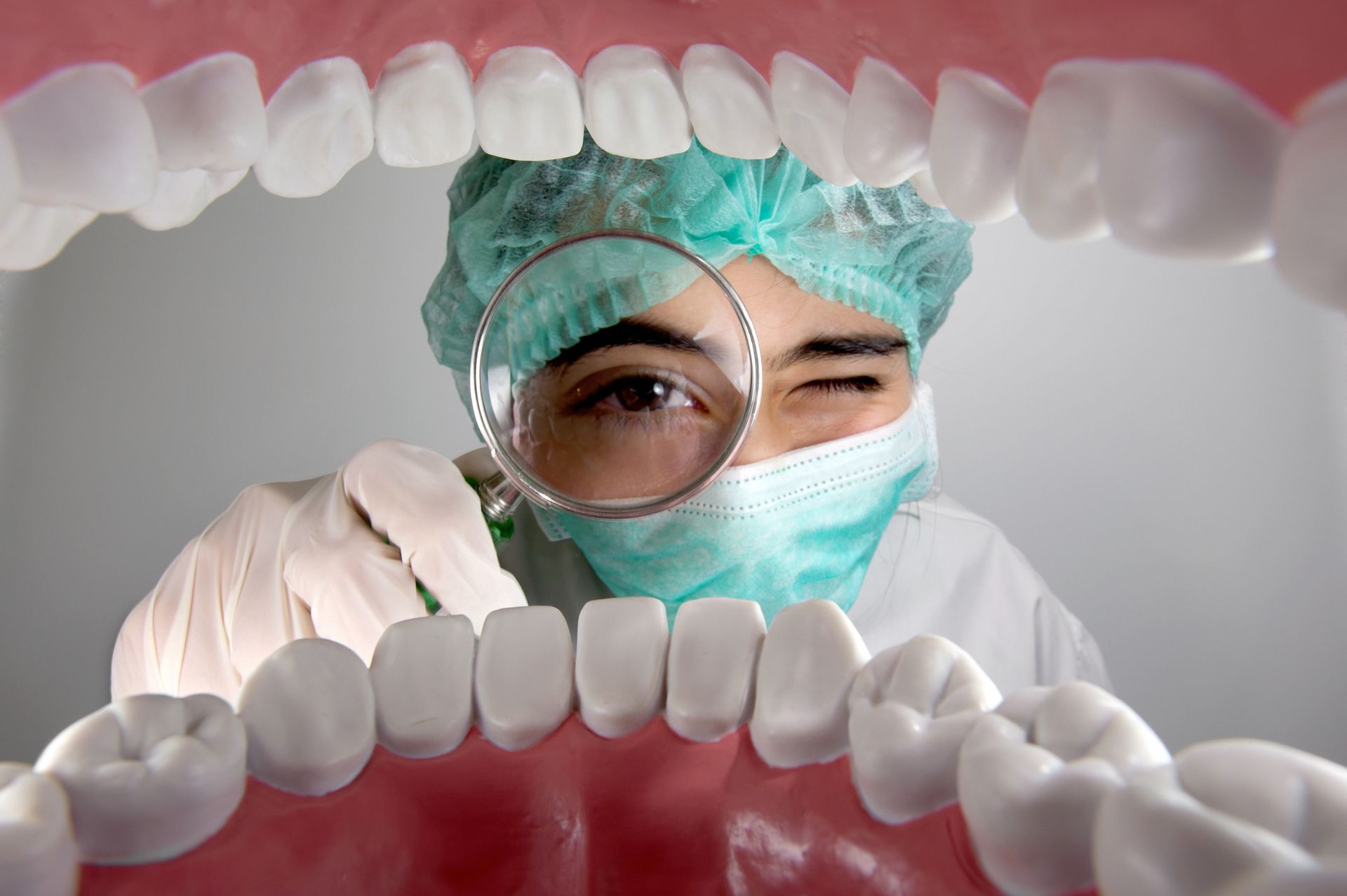
Lifestyle
Aging is a journey that brings about numerous transformations in our bodies, and oral health is not exempt from this process. Oral health tends to be underestimated in the elderly demographic, yet it plays a vital role in overall health and wellness. It’s important to understand that oral health is not just about teeth and gums; it also includes the health of your salivary glands, tongue, throat, as well as the lining of your mouth and cheeks.
Typical Oral Health Problems in the Elderly
Dental Caries
Dental caries, or cavities, are a frequent issue in the elderly. This condition arises when the enamel of the tooth is eroded, often due to a diet rich in sugars and starches coupled with inadequate oral hygiene. Over time, this can lead to pain, infection and tooth loss if not treated promptly. Regular dental check-ups can help detect tooth decay early and prevent further damage.
Periodontal Disease
Periodontal disease, or gum disease, is an infection of the tissues that secure your teeth. It’s usually the result of poor brushing and flossing habits that allow plaque to accumulate on the teeth and harden. Over time, this can lead to swollen, bleeding gums; painful chewing problems; and even tooth loss. Regular dental cleanings can help keep your gums healthy and prevent gum disease.
Xerostomia
Xerostomia, or dry mouth, is a condition that frequently affects the elderly, primarily due to medication use. Numerous common medications, including those for hypertension and depression, can decrease saliva production. Saliva is vital for maintaining the health of teeth. Without enough saliva, you can experience difficulties in tasting, chewing, swallowing and speaking. Moreover, dry mouth can increase your risk of tooth decay and oral infections.
How to Improve Your Oral Health
Routine Dental Visits
Routine visits to your dentist are essential for preserving oral health. Dentists can identify problems early, administer treatment, and provide guidance on maintaining good oral hygiene. These visits can also include professional cleanings, which can remove plaque and tartar in areas that regular brushing and flossing cannot reach.
Maintaining Oral Hygiene
Maintaining good oral hygiene practices, such as brushing twice daily with fluoride toothpaste and flossing daily, can help prevent dental caries and periodontal disease. It is also important to replace your toothbrush every three or four months or sooner if the bristles are frayed.
Balanced Diet
A balanced diet low in sugar and high in fruits, vegetables, lean proteins and healthy fats can help prevent dental caries and periodontal disease. Foods that are high in calcium, such as milk and other dairy products, can help keep your teeth strong. Drinking plenty of water can also help wash away food particles and keep your mouth moist.
Hydration
Staying hydrated can help alleviate symptoms of dry mouth and keep the mouth moist, reducing the risk of oral health complications. Drinking plenty of water throughout the day can help saliva production and keep your mouth hydrated.
Quit Smoking
Smoking is detrimental to oral health, increasing the risk of gum disease, oral cancer, and other oral health problems. Quitting smoking can significantly improve oral health and reduce these risks.
Limit Alcohol
Excessive alcohol consumption can also have negative effects on oral health. Limiting alcohol consumption can help maintain a healthy mouth.
Final Takeaways
Oral health is a critical aspect of an elderly person’s overall health. By understanding the common oral health issues that the elderly face and taking proactive measures, the elderly can maintain their oral health and continue to lead a healthy and fulfilling life. Regular dental visits, good oral hygiene, a healthy diet, staying hydrated, quitting smoking, and limiting alcohol are all key components of maintaining good dental health in seniors. With the right care and attention, seniors can enjoy good oral health well into their golden years.
Related Resources
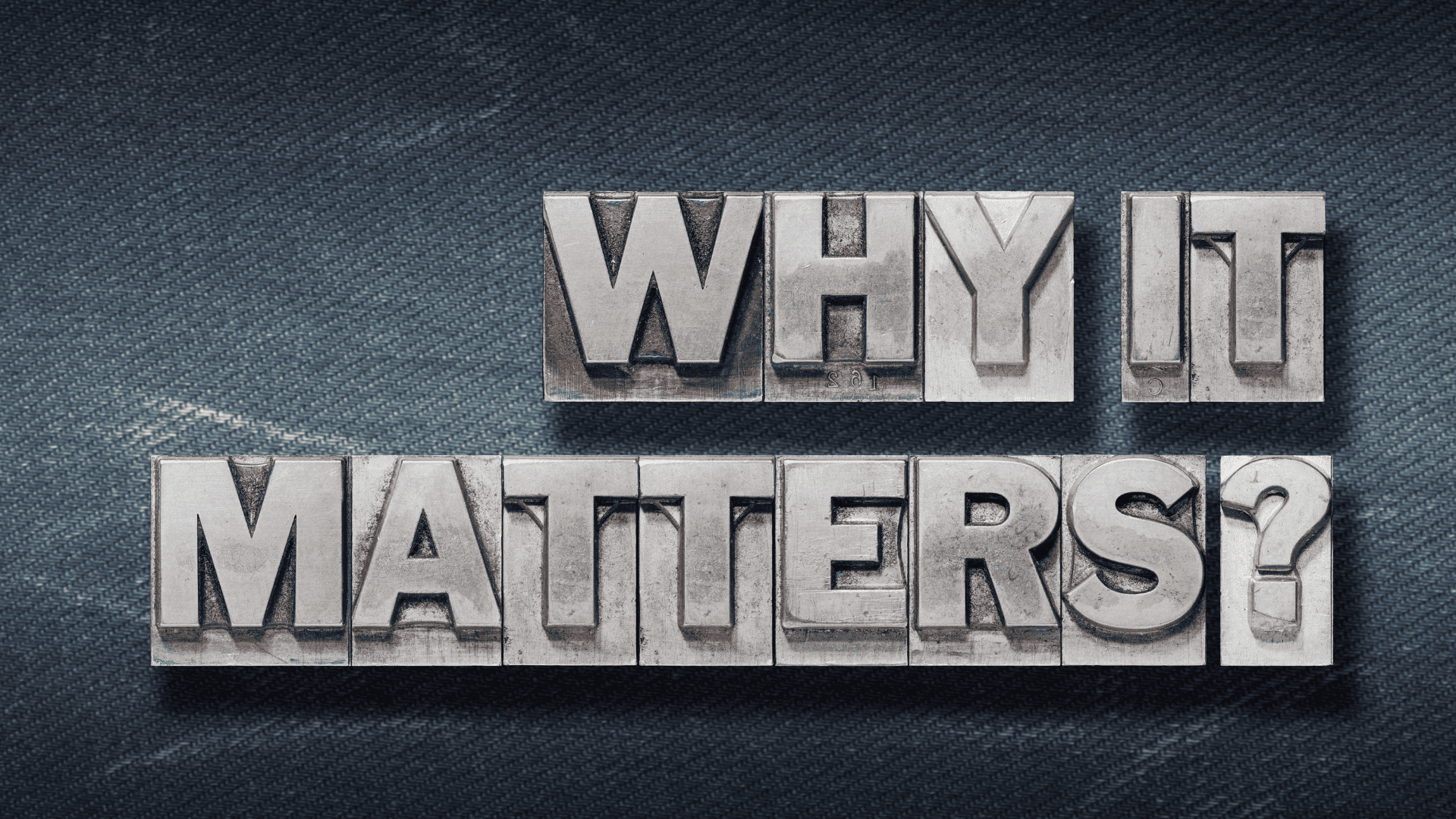
Blog
Lifestyle
Wellness Isn’t Just a Word: Why it Matters More After 60

Blog
Lifestyle
When Elders Don’t Want Help (But Need It)
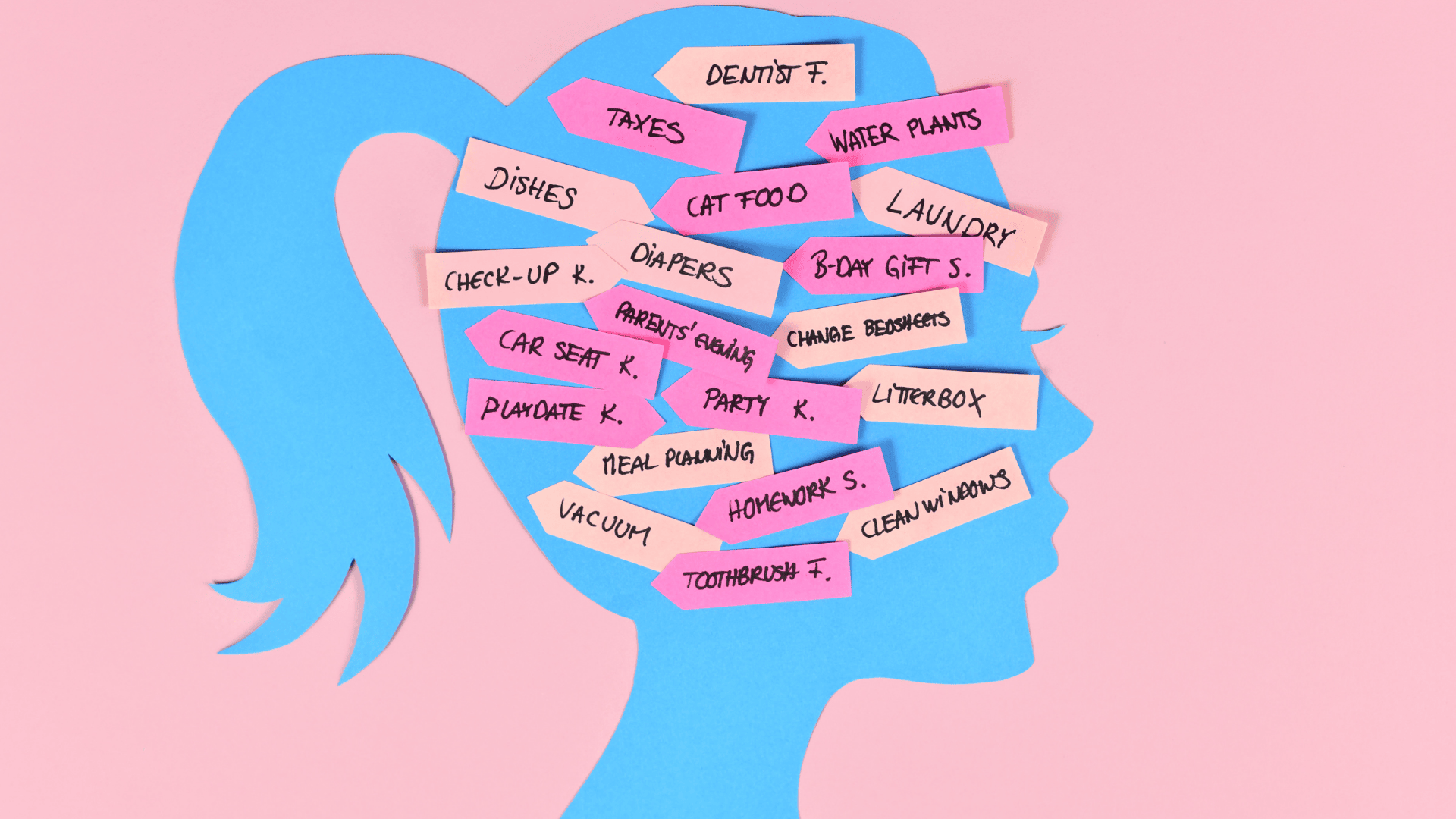
Blog
Lifestyle
The Silent Mental Load of Managing Medicines

Blog
Lifestyle
Why a Little Help Goes a Long Way: Everyday Tasks, Everyday Reli...

Blog
Lifestyle
Grief Doesn’t Expire: Widowhood and the Long Road of Coping

Blog
Lifestyle
When Family Visits Aren’t Enough: The Role of Everyday Companions...

Blog
Lifestyle
Loneliness Is a Health Issue, Not a Mood

Blog
Lifestyle
Why Older Adults Stop Eating (and What You Can Do About It)

Blog
Lifestyle
Memory, Mood, and More: What Families Should Know About Dementia
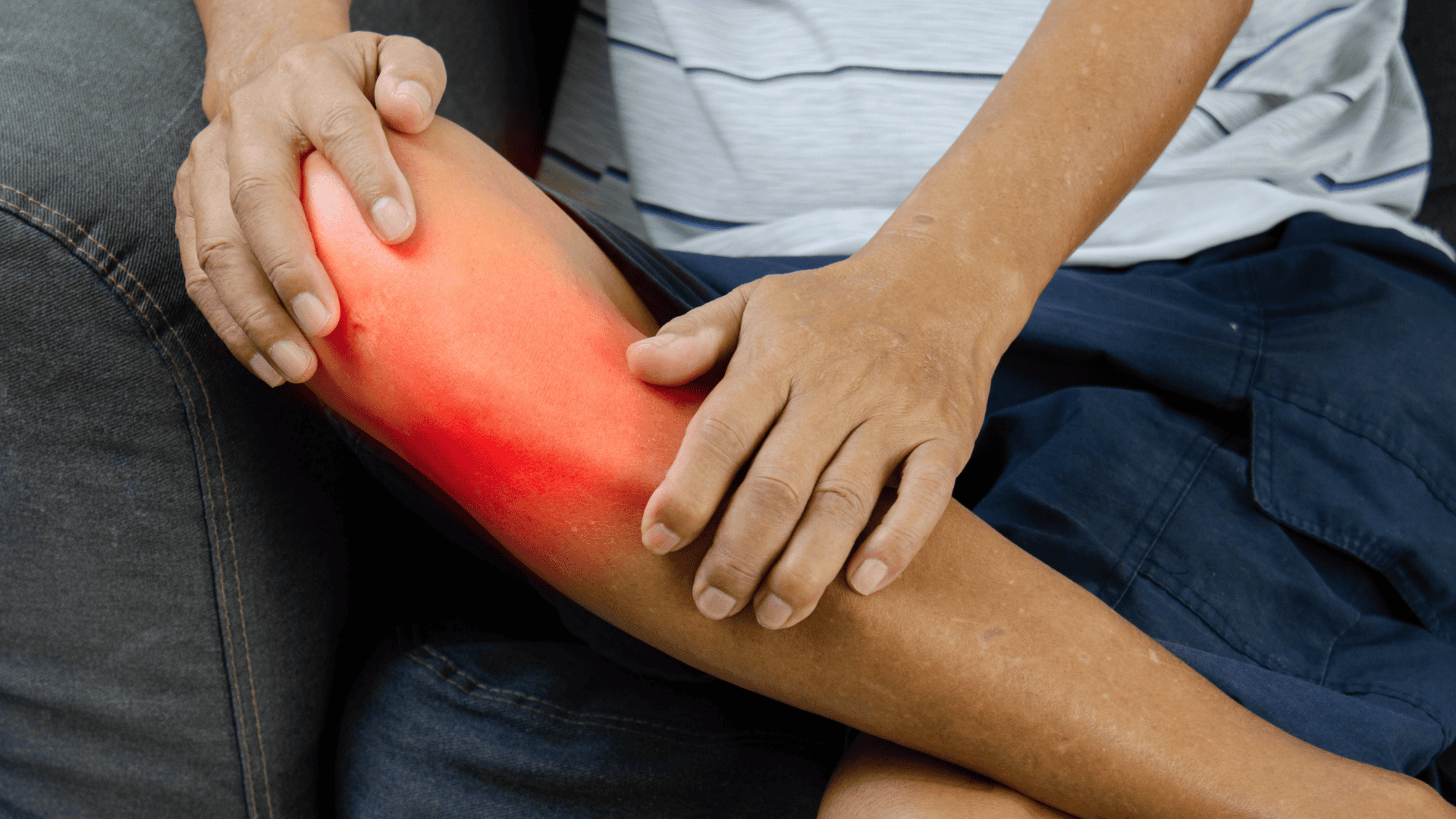
Blog
Lifestyle
Not Just Joint Pain: Understanding Arthritis in Everyday Life

Blog
Lifestyle
Senior Nutrition During the Monsoon: What to Eat, What to Avoid

Blog
Lifestyle
Family Visits in July: Why They're More Important Than You Think

Blog
Lifestyle
Your Parents, Their Stories: Make June the Month You Reconnect
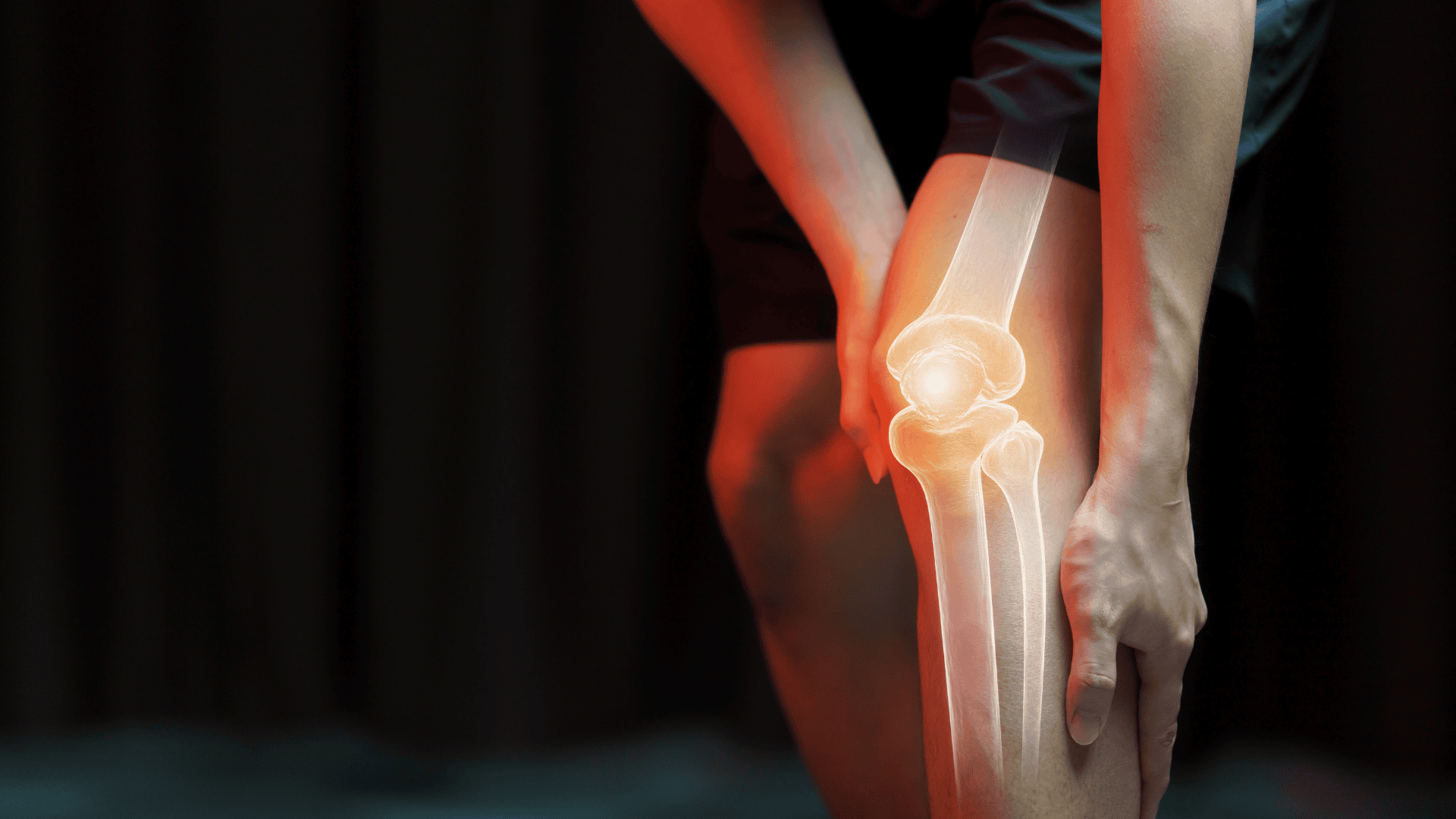
Blog
Lifestyle
Why Joint Pain Gets Worse in Rainy Weather — and What You Can Do

Blog
Lifestyle
Is Your Ageing Parent Getting Enough Sleep This Summer?
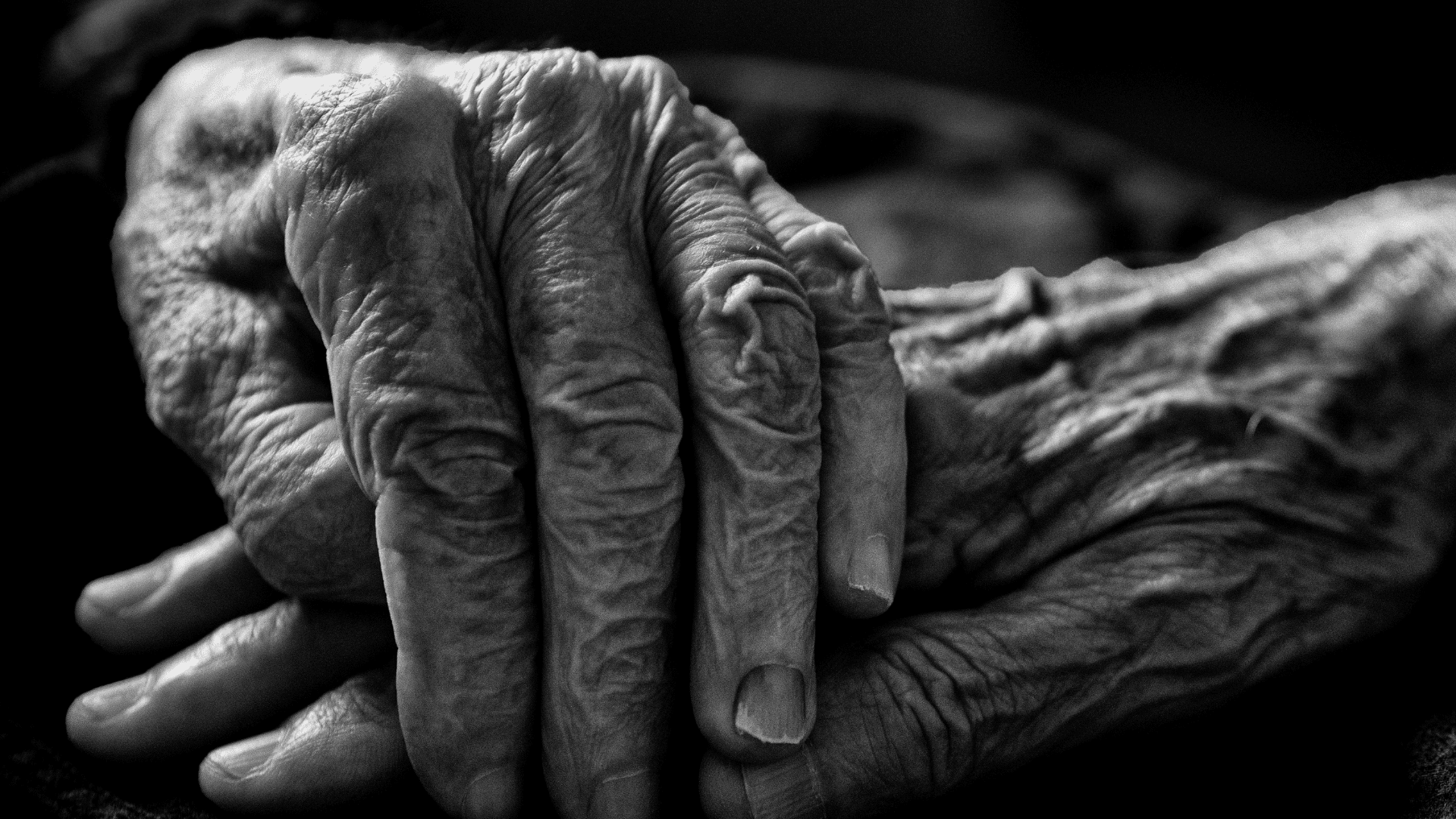
Blog
Lifestyle
How to Talk to Ageing Parents About Accepting Help without a Figh...

Article
Lifestyle
The Unexpected Joys of Growing Older: What Most of Us Get Wrong A...

Article
Lifestyle
Elders and Finances : Why Involving Them Matters More Than We Thi...

Article
Lifestyle
Why Do Seniors Wake Up So Early?
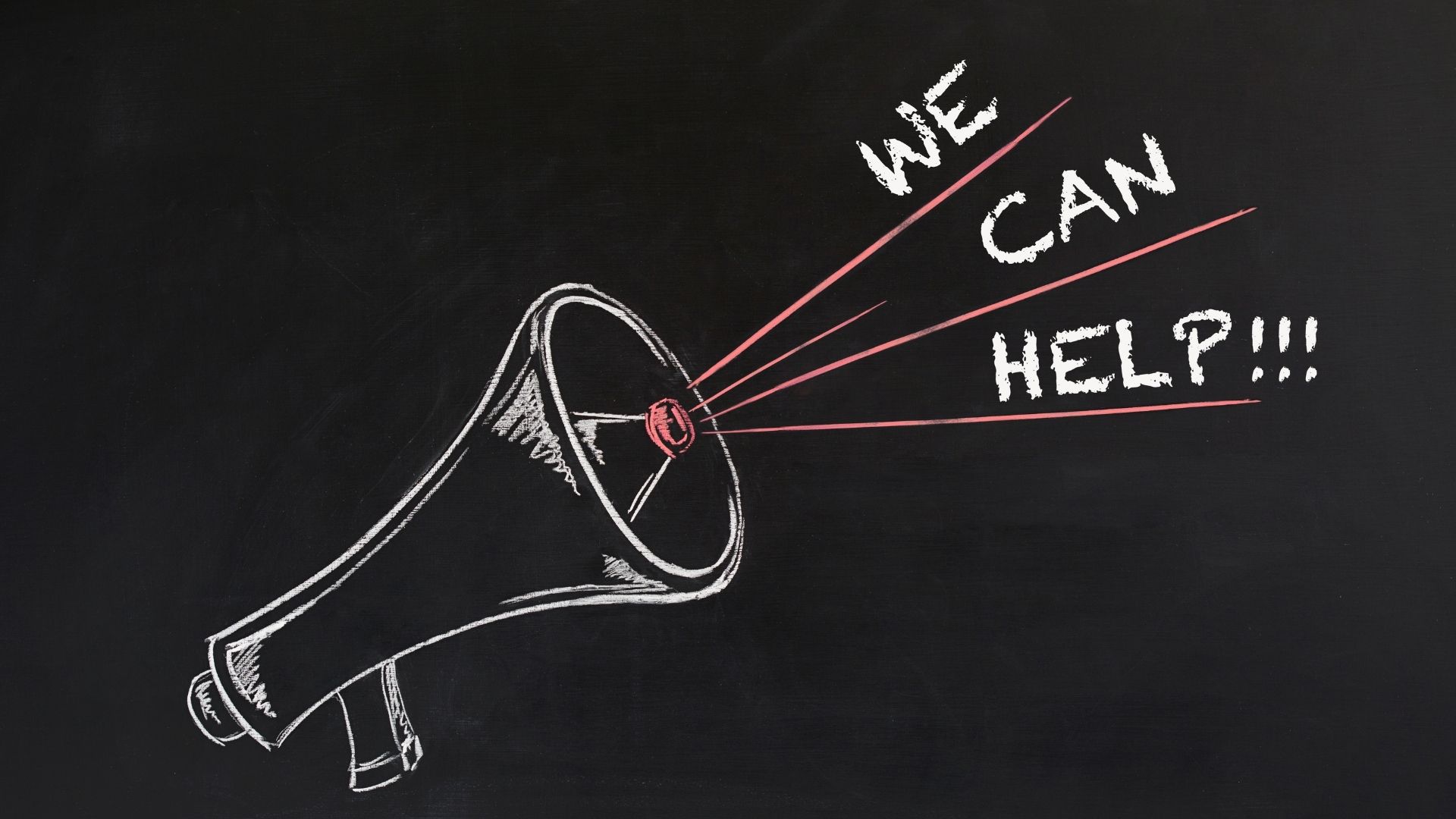
Article
Lifestyle
Can We Age Without Fear?

Article
Lifestyle
Daily Routines That Help Seniors Stay Independent at Home

Article
Lifestyle
Three Tips for Seniors Living Alone
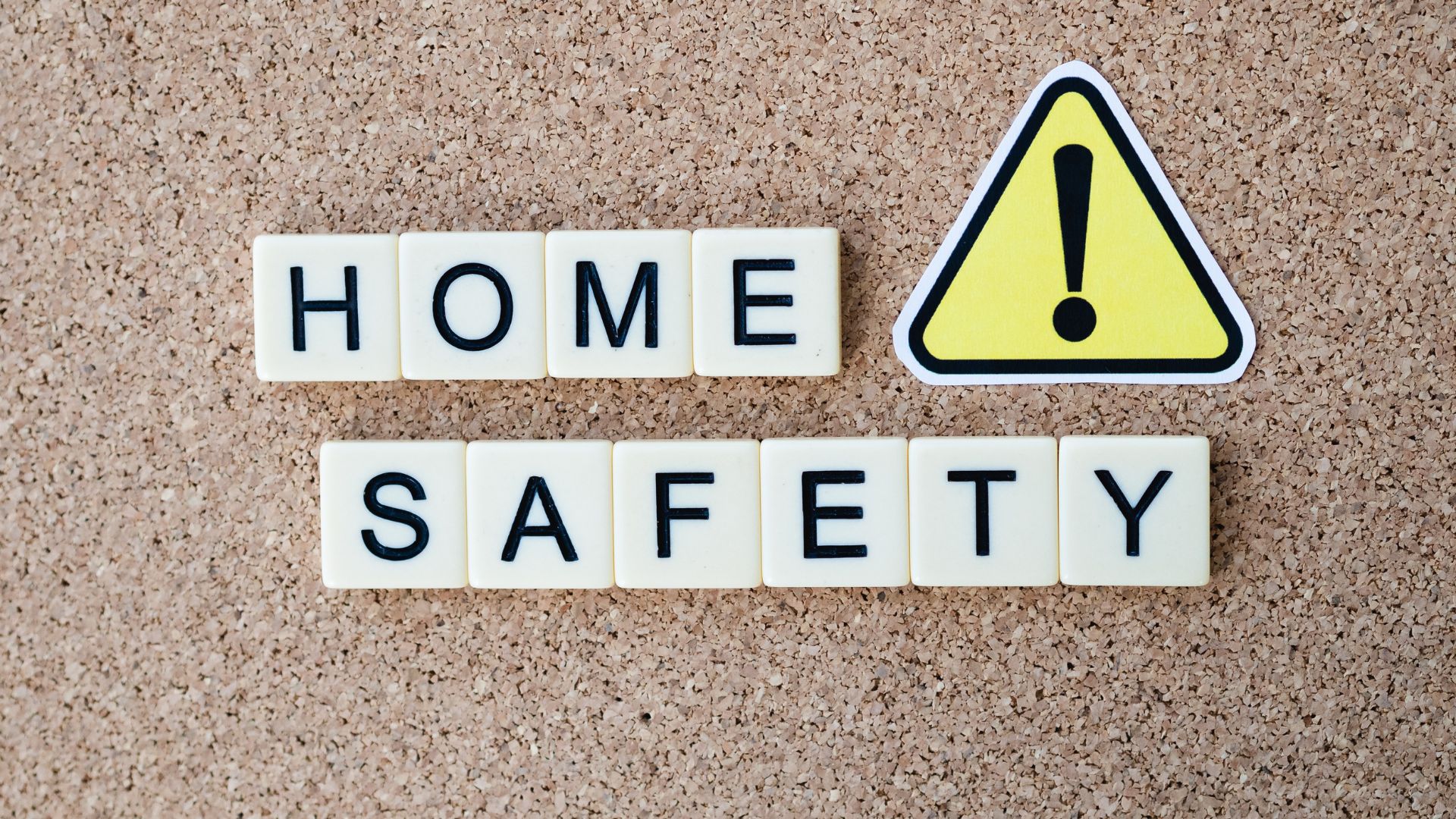
Article
Lifestyle
How to Prepare Your Parents Home for Safer Ageing

Article
Lifestyle
How to Introduce Your Senior to Laptops Without Overwhelming Them

Article
Lifestyle
Smartphones and Seniors: Making Technology Feel Friendly

Article
Lifestyle
7 Everyday Activities That Keep the Elderly Mentally Active

Article
Lifestyle
The Emotional Impact of Elder Loneliness (And What We Can Do Abou...

Article
Lifestyle
How to Choose the Right Elder Care Service in India
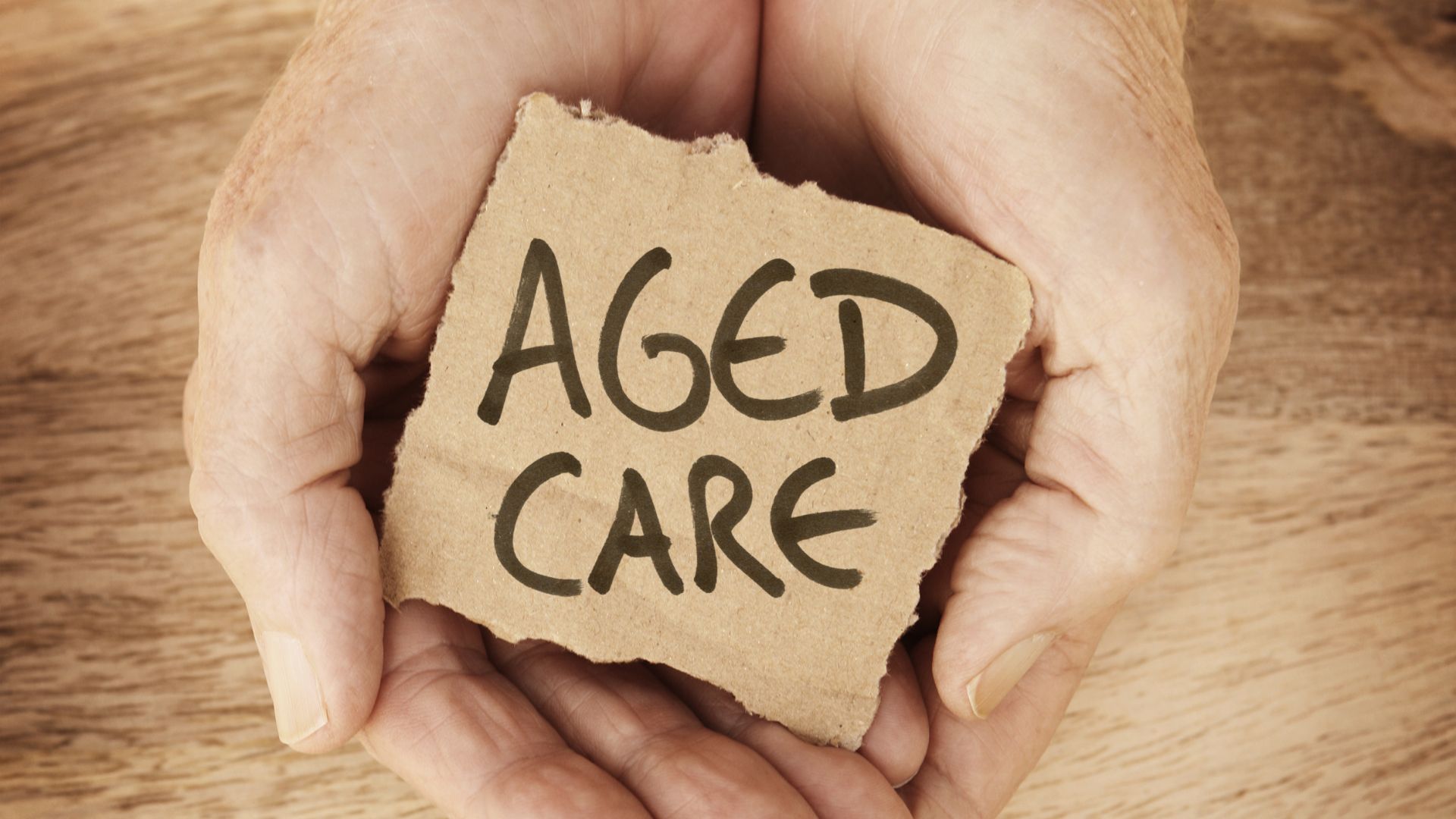
Article
Lifestyle
Caring for Ageing Parents When You Live Abroad
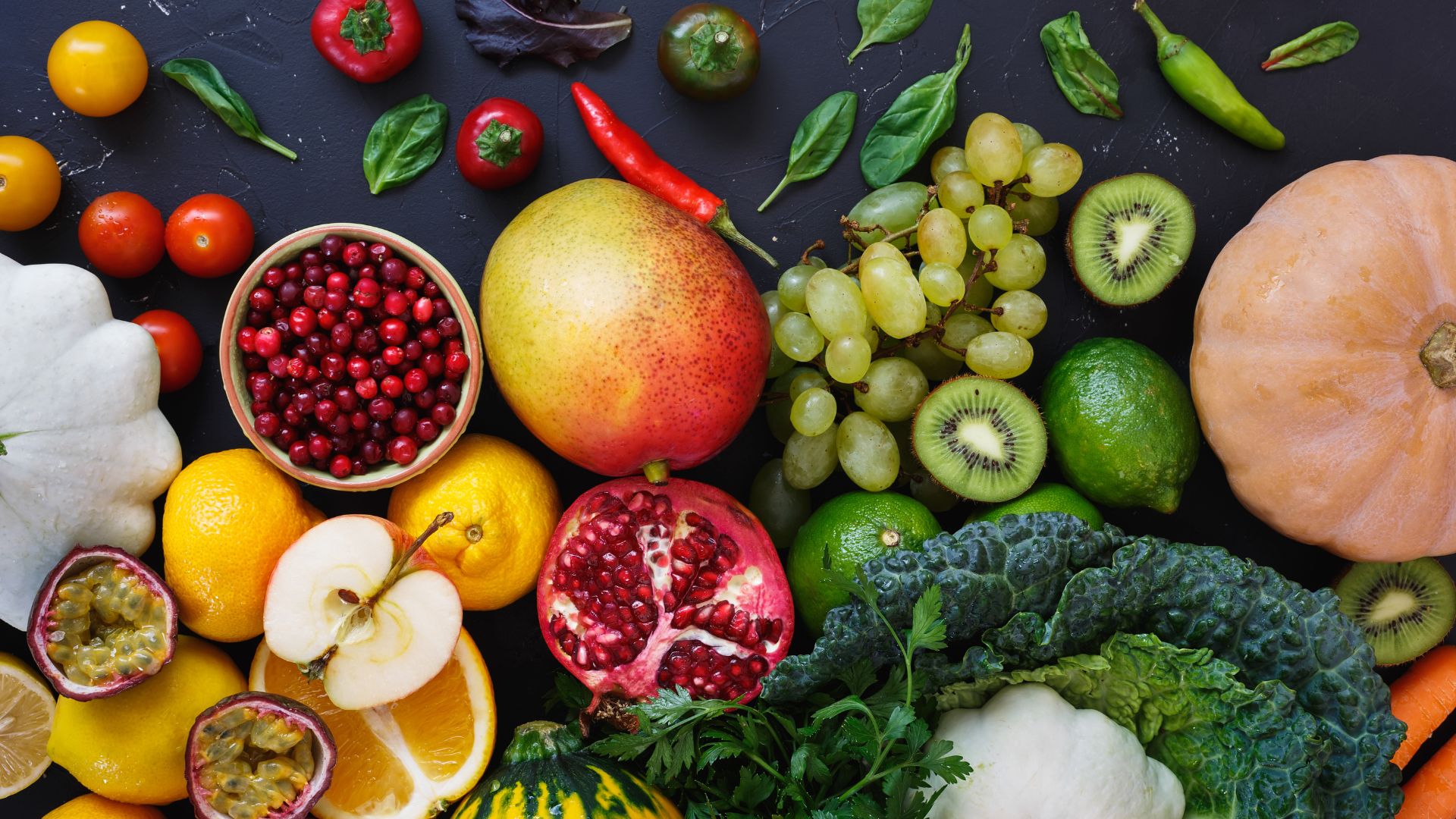
Article
Lifestyle
The Role of Nutrition in Elder Health: What to Prioritise
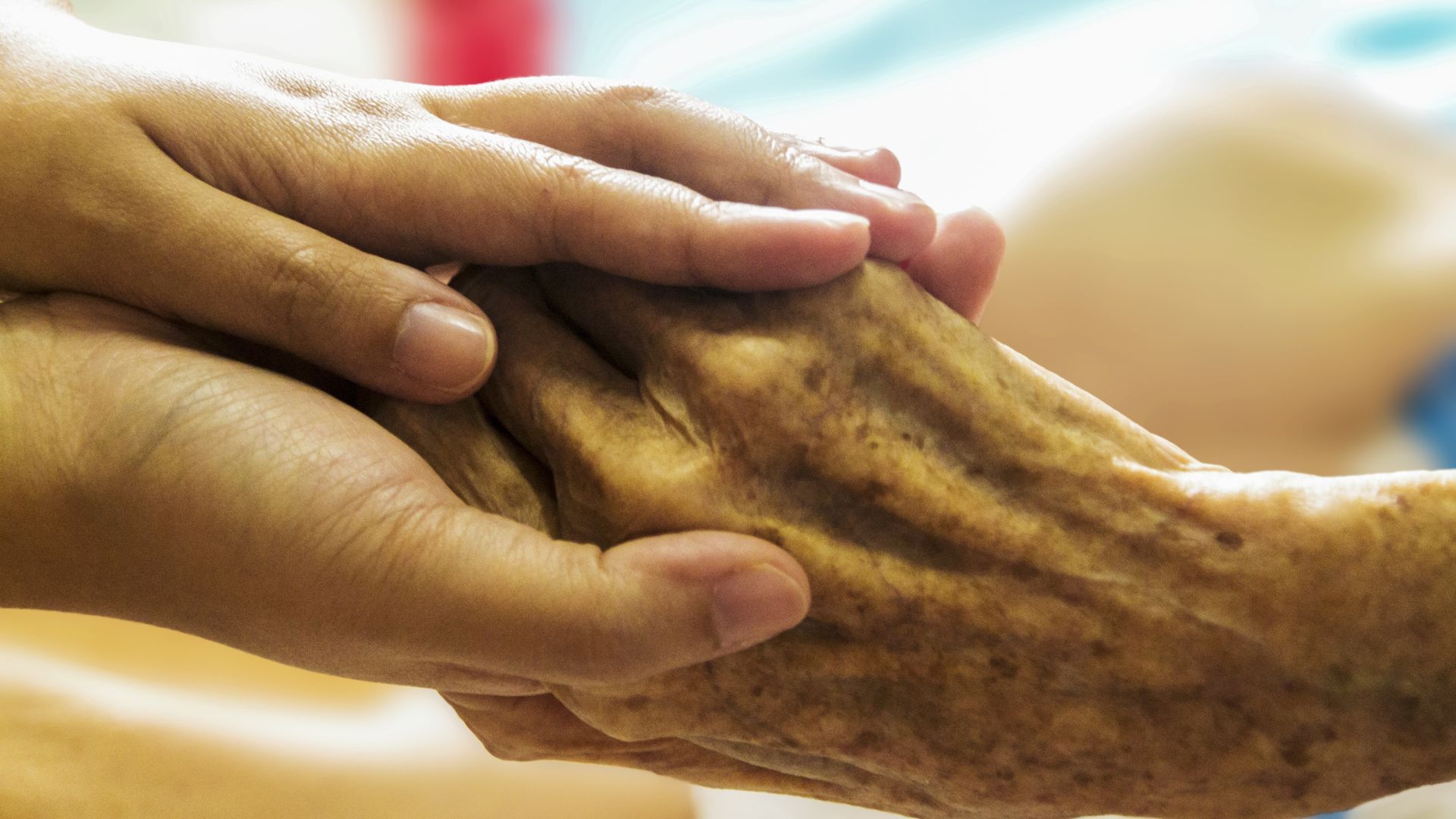
Article
Lifestyle
Why Home Care May Be Better Than a Nursing Home (For Some)
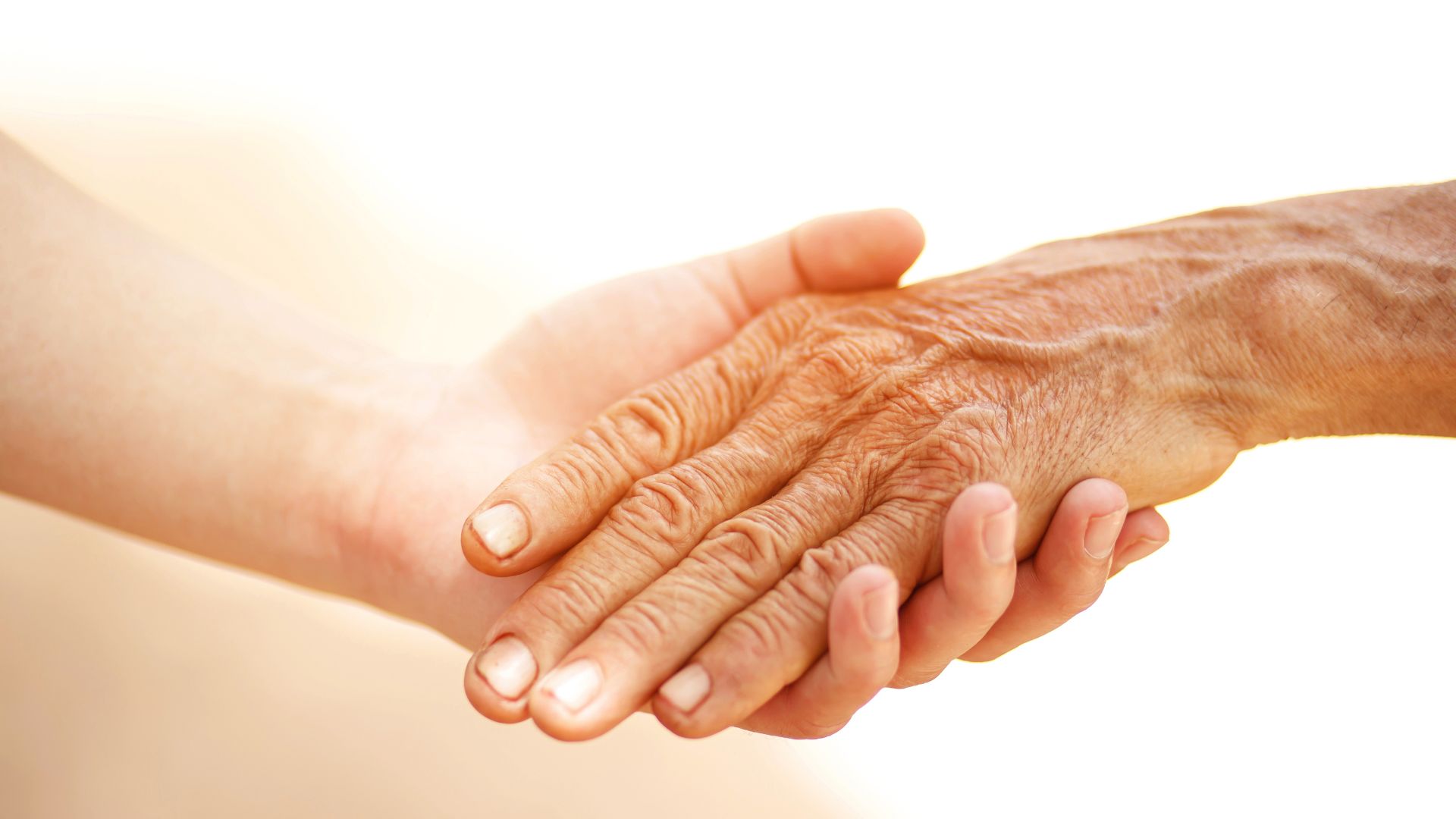
Article
Lifestyle
Celebrating Grandparents: Making Them Feel Valued Year-Round

Article
Lifestyle
Early Signs of Dementia: What Families Should Watch Out For
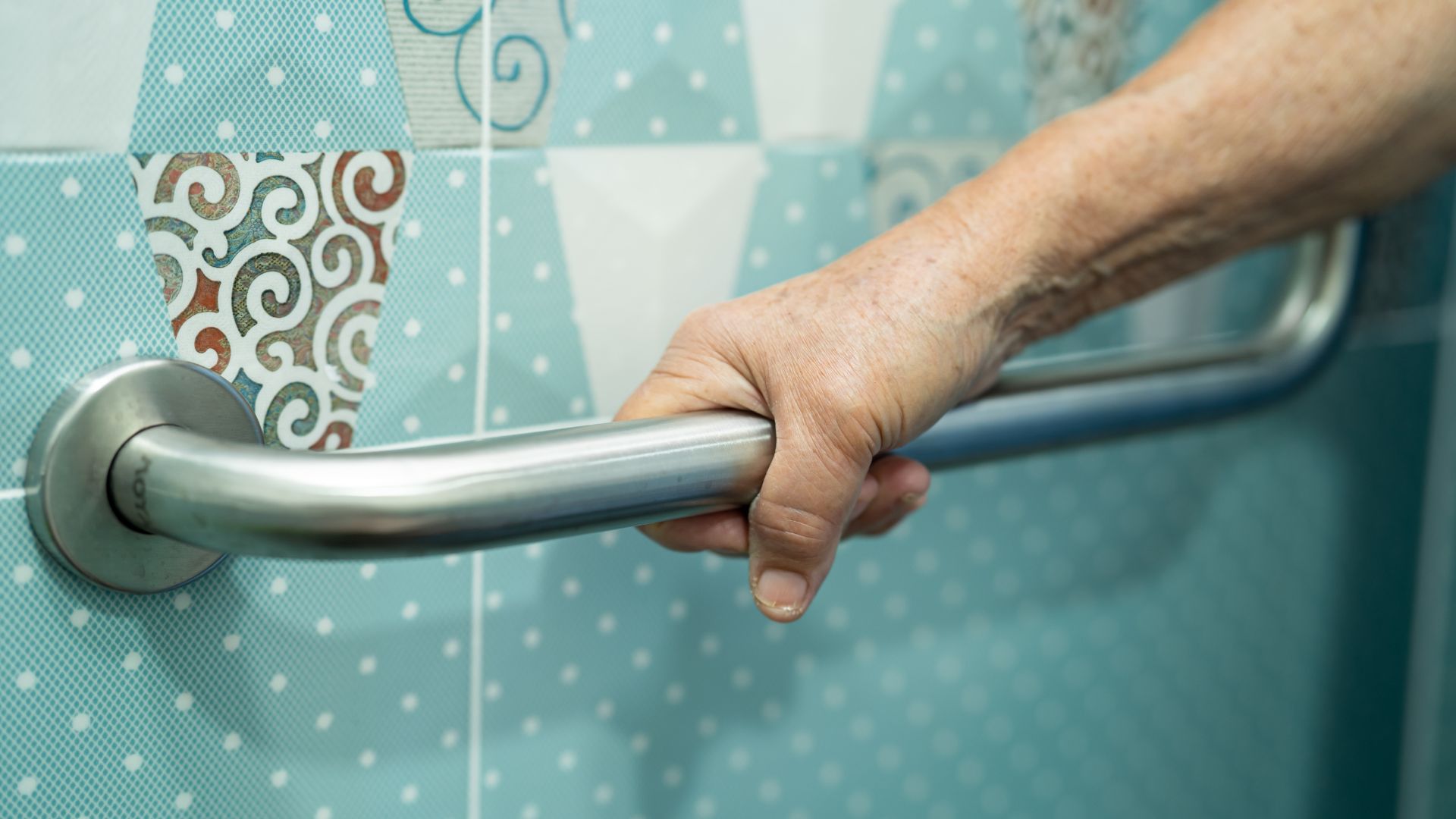
Article
Lifestyle
Safety Tips for The Elderly Living Alone

Article
Lifestyle
Women’s Day Special: Why Being a Senior Woman Rocks!
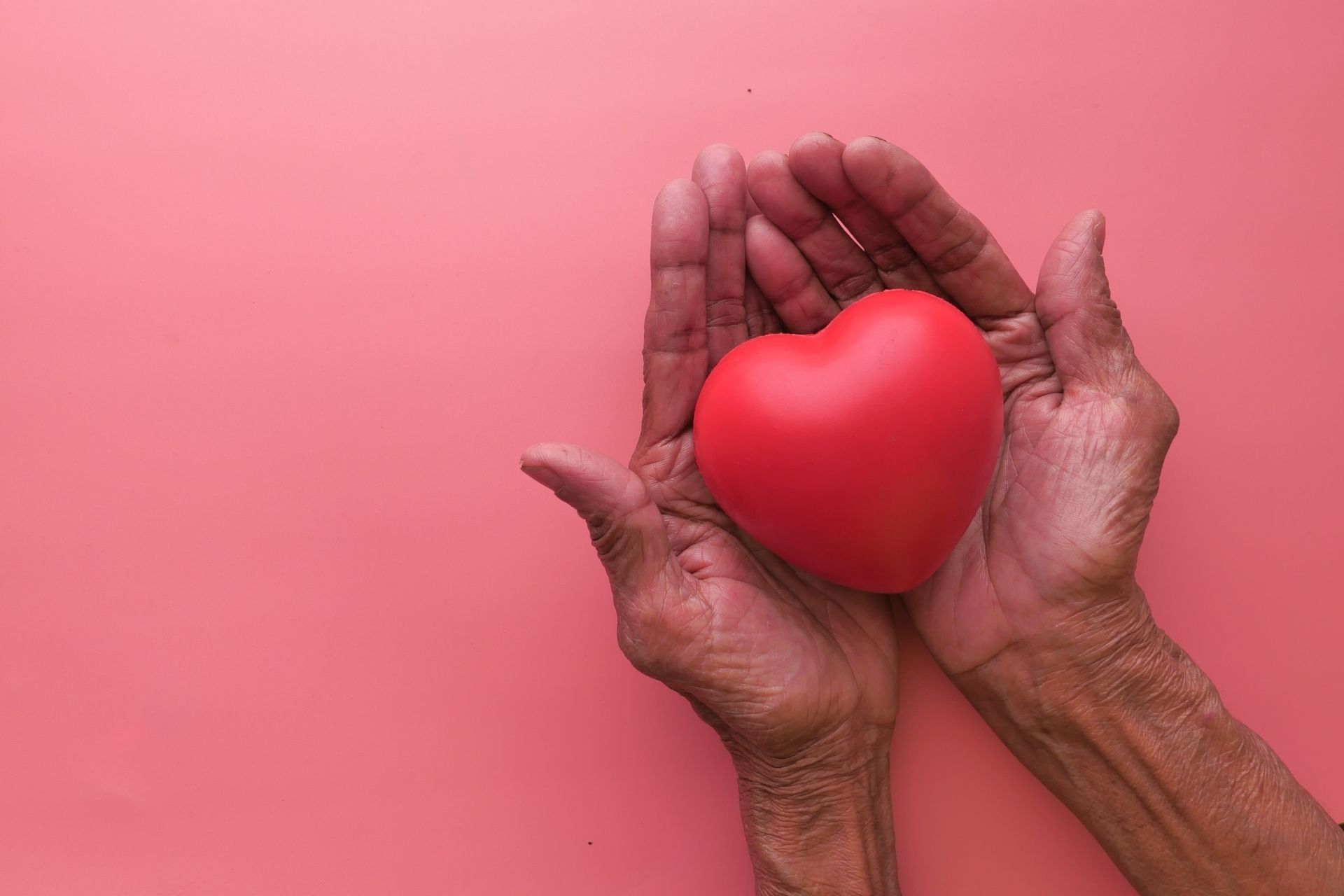
Article
Lifestyle
3 Challenges in Elder Care Careers & How to Overcome Them

Article
Lifestyle
3 Tips to Avoid Caregiver Burnout
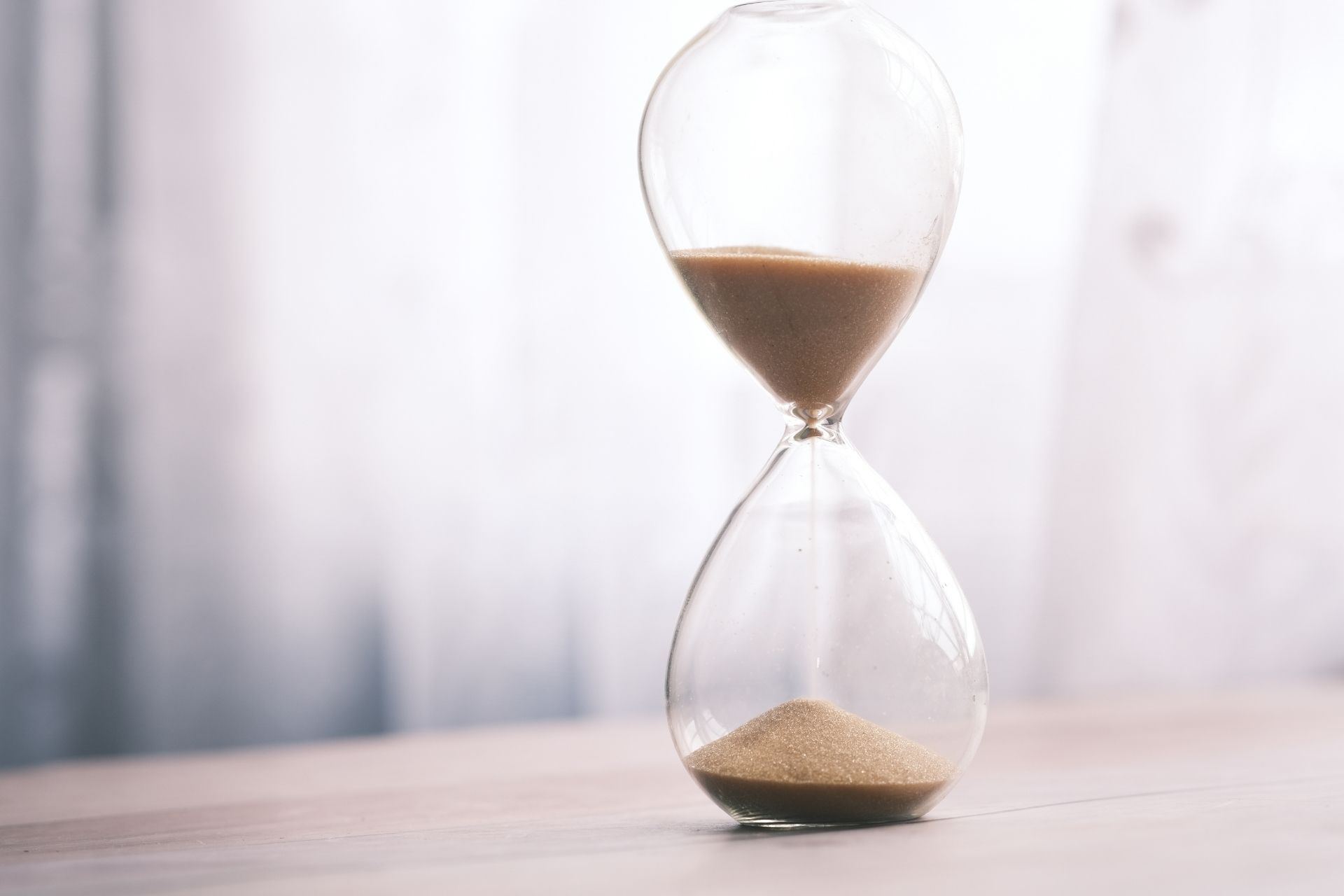
Article
Lifestyle
3 Qualities That Could Make You Better in Elder Care

Article
Lifestyle
Why Elder Care Might Be the Career You’re Looking For
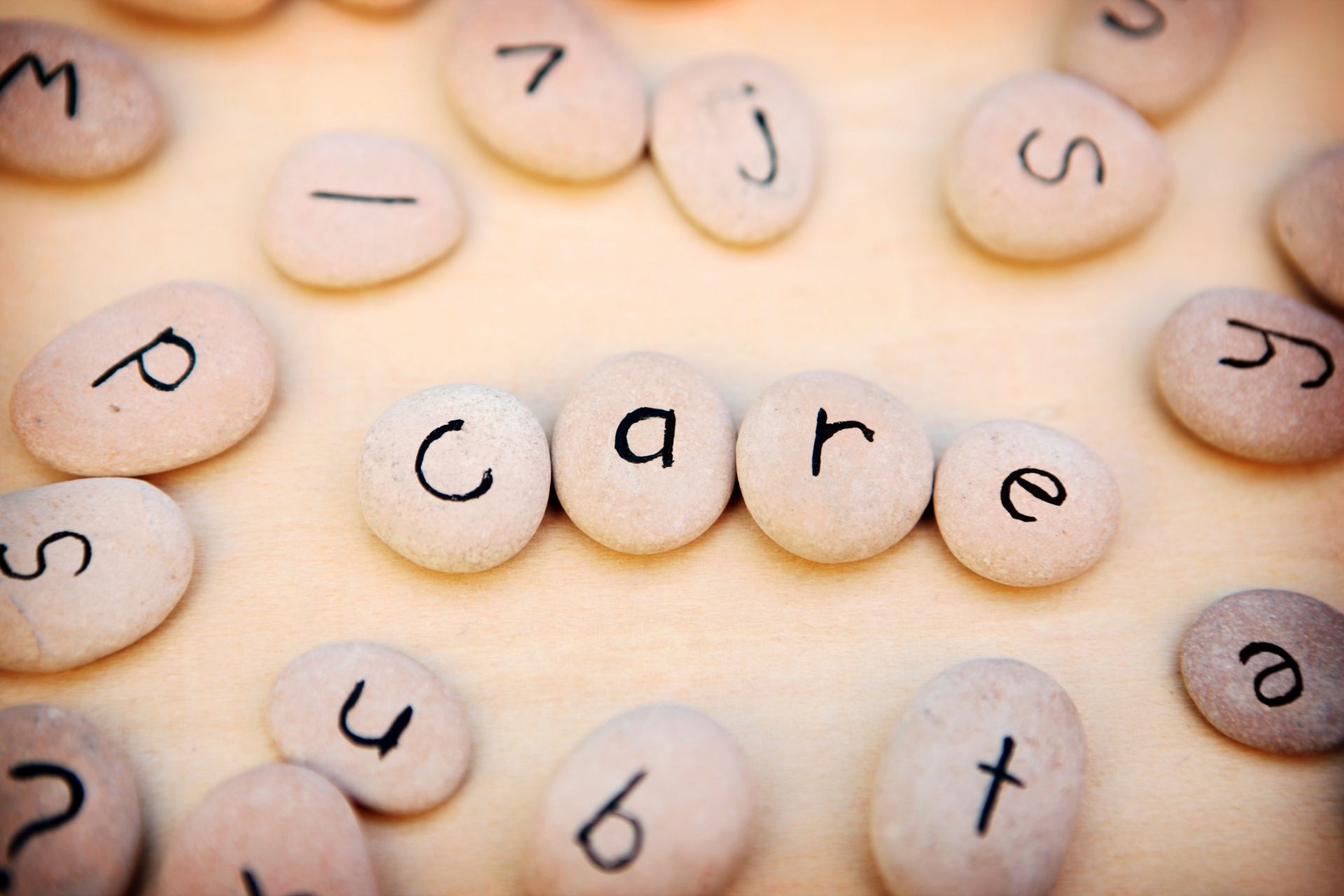
Article
Lifestyle
Maybe This Is the Right Time for an ElderAid Care Manager to Step...

Article
Lifestyle
Valentine’s Day & Seniors: Celebrating Love at Any Age

Article
Lifestyle
Musical Instruments & Seniors: A Tune for Every Stage of Life

Article
Lifestyle
3 Tips to Make Exercise a Part of Your Life

Article
Lifestyle
Movies & Seniors: A Timeless Escape

Article
Lifestyle
Drawing & Seniors: A Creative Path to Joy

Article
Lifestyle
3 Tips if You Want to Make Music a Part of Your Life as a Senior
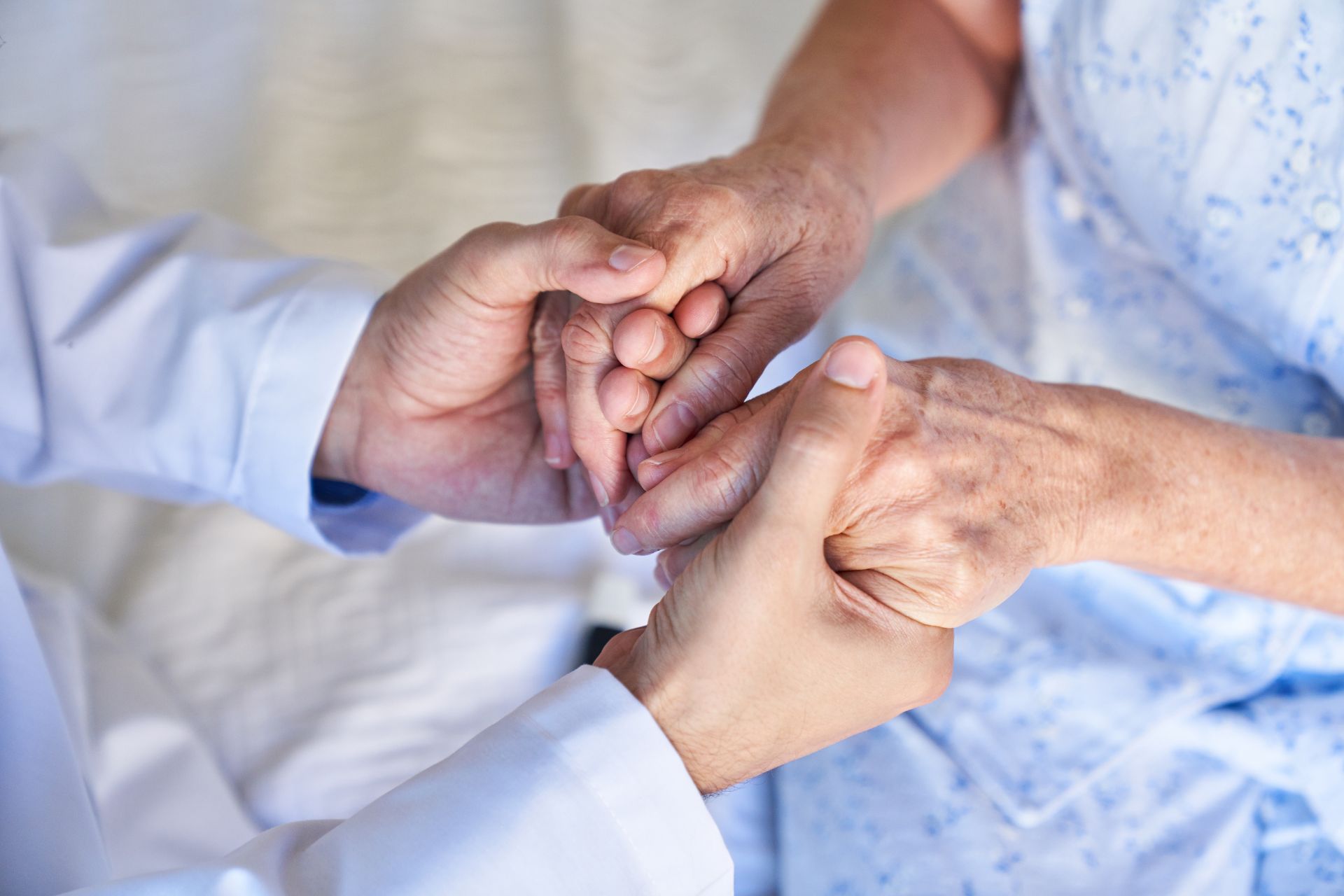
Article
Lifestyle
Ambitions and Indian Seniors: Redefining Dreams in the Golden Yea...

Article
Lifestyle
Were You Successful on Your New Year Resolution?
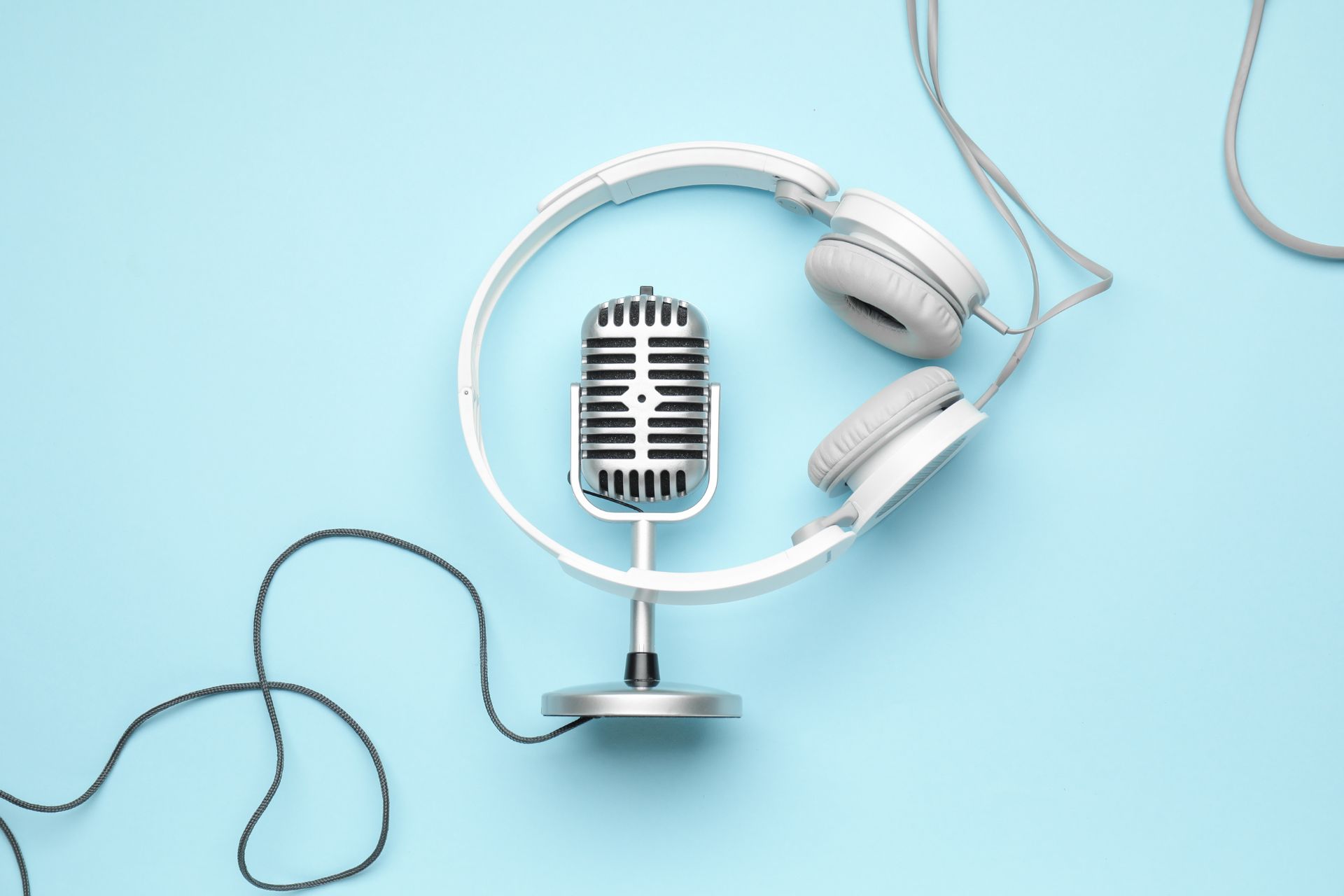
Article
Lifestyle
Health Podcasts: A Sound Choice for Seniors

Article
Lifestyle
Have You Started Exploring YouTube as a Senior Citizen?
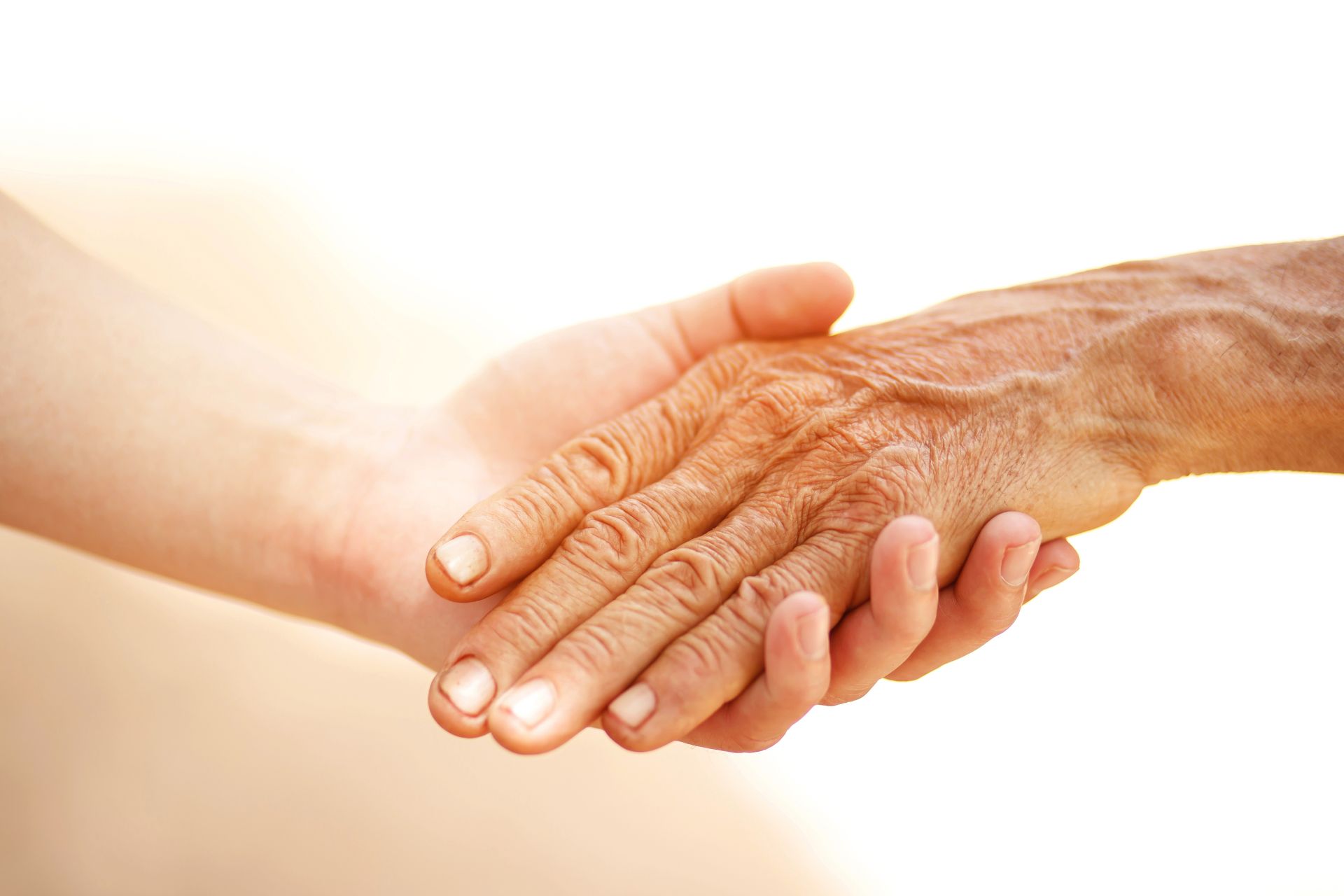
Article
Lifestyle
Why Getting a Care Manager Could Be Your First Step Towards Holis...
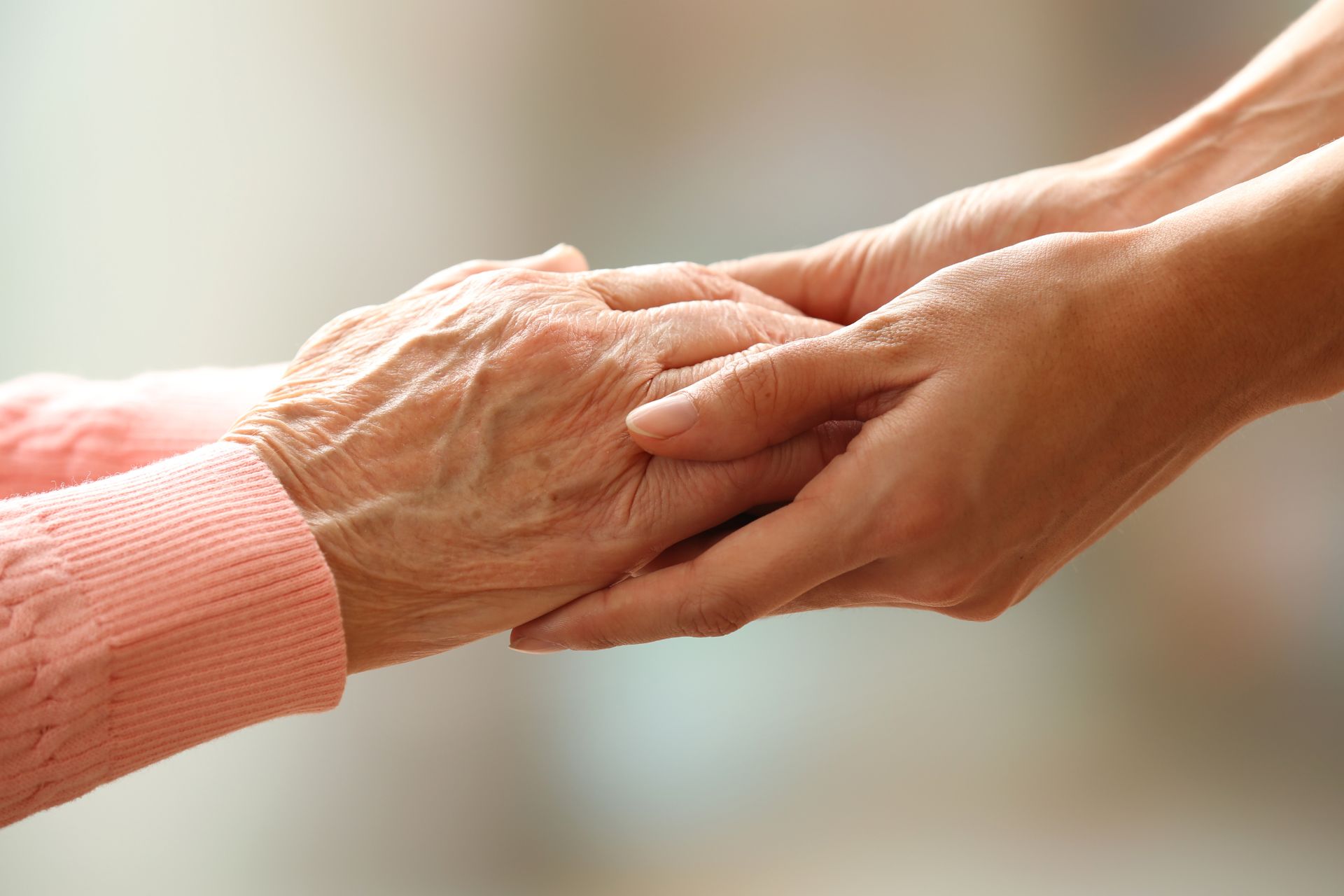
Article
Lifestyle
Keep These 3 Things in Mind If You're Opting for a Retirement Hom...

Article
Lifestyle
3 Questions to Ask Your Senior as We Step Into the New Year

Article
Lifestyle
Goodbye, 2024: Reflecting on a Year of Gratitude and Growth

Article
Lifestyle
How to Balance Your Professional Life While Looking After Your El...

Article
Lifestyle
3 Thoughtful Gifts for Your Grandchildren This Christmas

Article
Lifestyle
3 Tips for a Beautiful Christmas, Especially as a Senior

Article
Lifestyle
3 Asian Destinations for the Perfect Senior Getaway

Article
Lifestyle
3 European Destinations for Your Golden Years

Article
Lifestyle
Why Proper Planning is Important for Senior Care

Article
Lifestyle
Breaking Free: Why Not a New Career Path Post-Retirement?

Article
Lifestyle
A New Habit to Start in 2025: Random Acts of Kindness
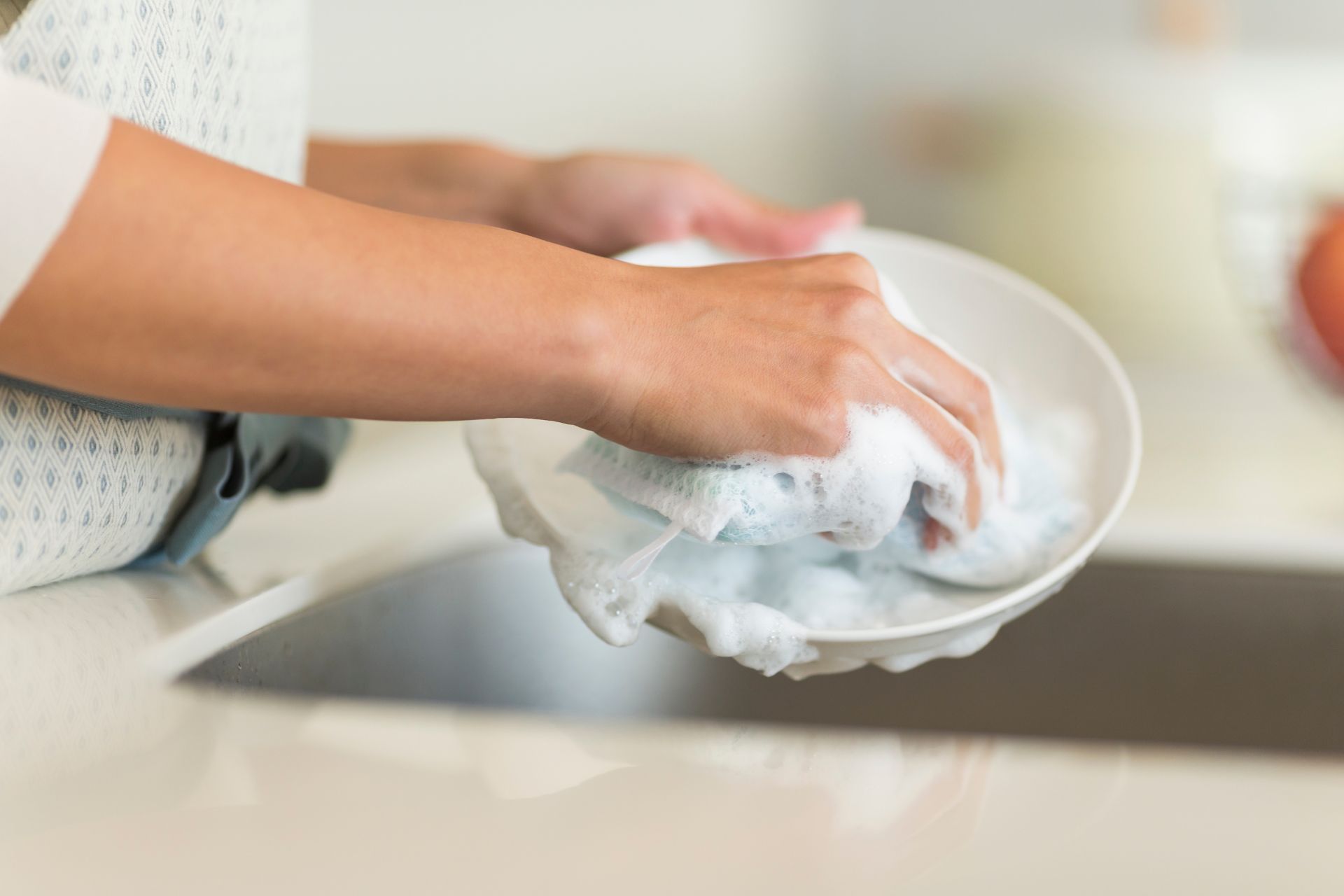
Article
Lifestyle
Are You a Senior Homemaker? Maybe It's Time to Retire

Article
Lifestyle
What Is a Memoir and Should You Write One?

Article
Lifestyle
Do You Have a Plan for Your Retirement?
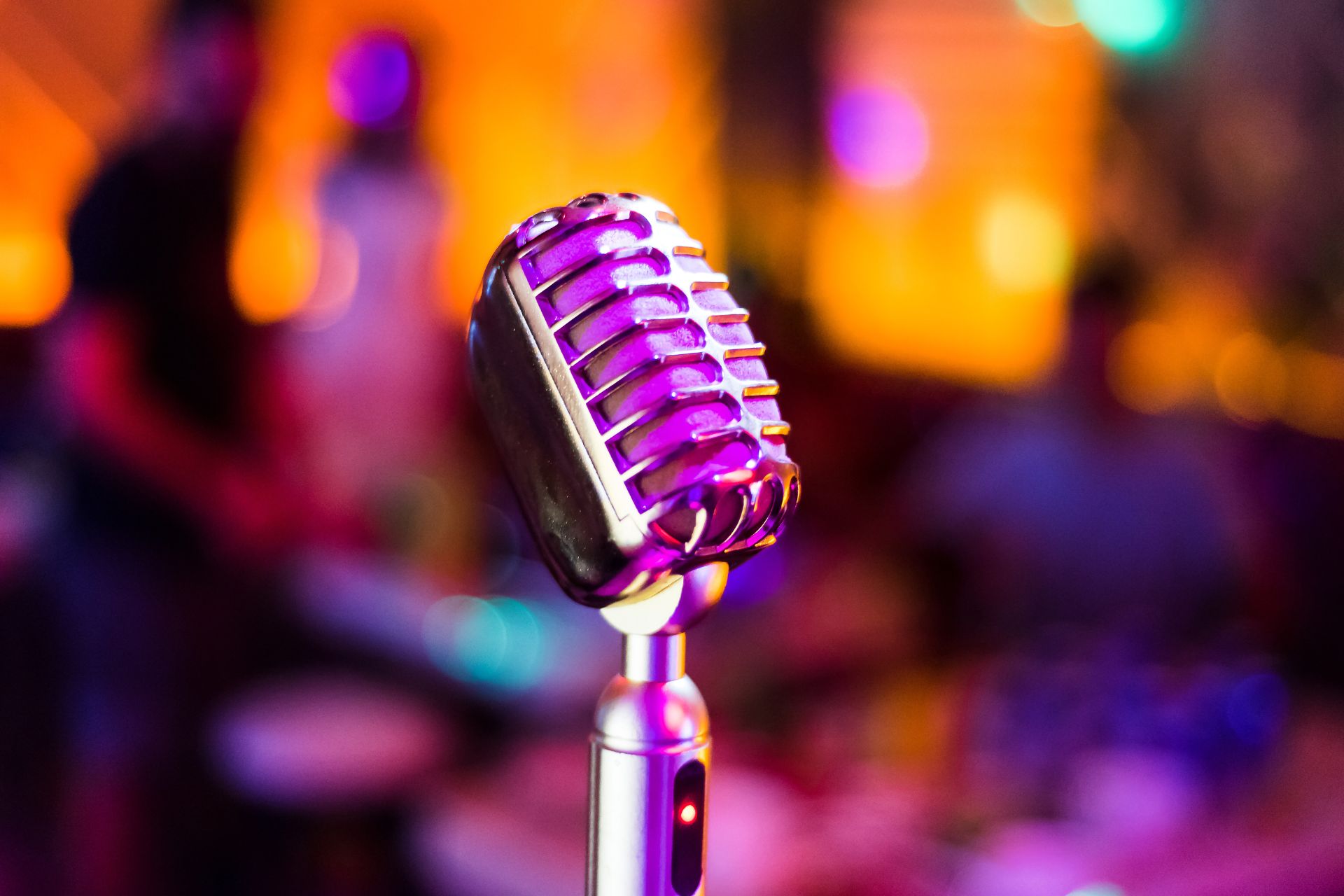
Article
Lifestyle
Seniors and Karaoke

Article
Lifestyle
3 Things to Do if You’re Travelling Abroad and Leaving Your Elder...

Article
Lifestyle
How to Make Friends After You Retire

Article
Lifestyle
Why It Is Perfectly Okay to Enjoy Your Retirement to the Fullest...

Article
Lifestyle
The Power of Small Wins

Article
Lifestyle
Staying Resilient Through Health Challenges: Finding Strength in...

Article
Lifestyle
As Diwali Lights Up the World, Let's Illuminate the Lives of Our...

Article
Lifestyle
Fun Activities to Brighten a Senior's Day

Article
Lifestyle
How Spending Time with Seniors Brings Joy

Article
Lifestyle
How We, as a Society, can Reduce Loneliness in Senior Citizens

Article
Lifestyle
Some Scams We Need to be Aware of

Article
Lifestyle
Is Bangalore a Good City for Seniors?
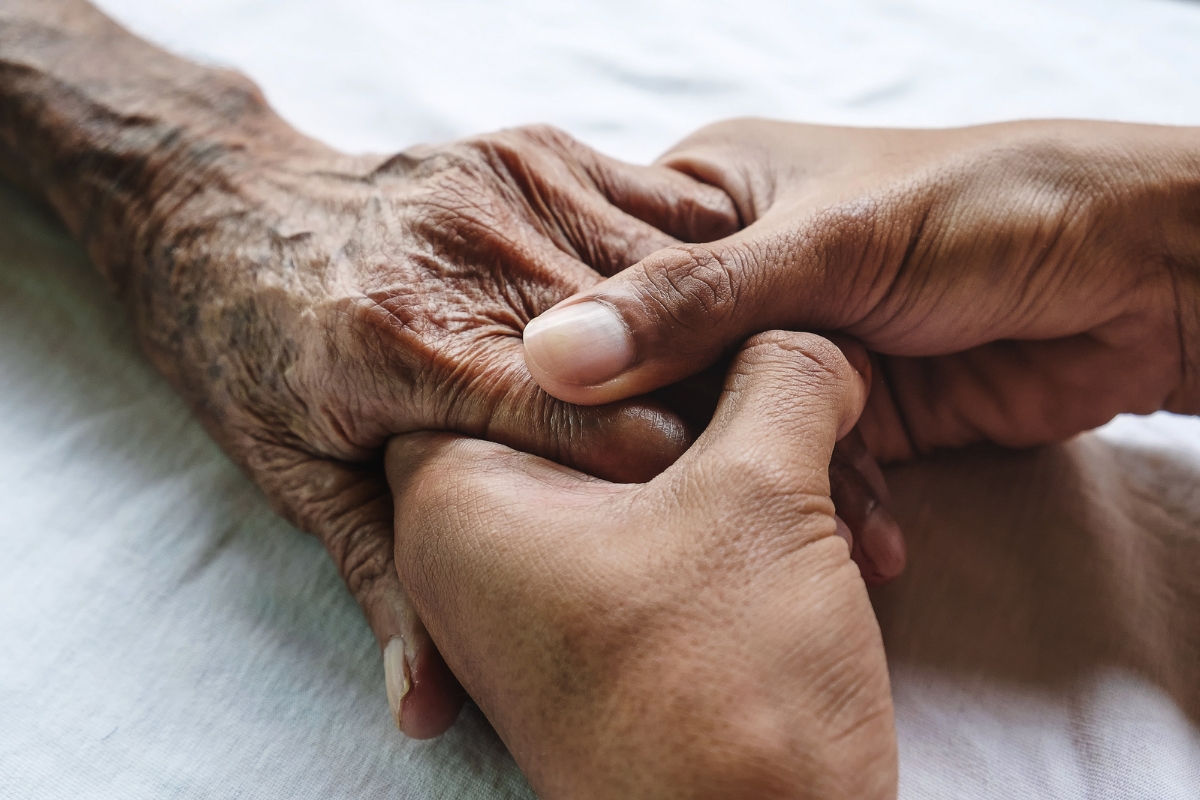
Article
Lifestyle
Are You Confused Between Old Age Home and At-Home Care for Your S...

Article
Lifestyle
How to Choose the Best Senior Care Services in Hyderabad: A Compr...

Article
Lifestyle
How to Choose the Right Nurse/Caretaker for Seniors in Hyderabad

Article
Lifestyle
How ElderAid’s Care Managers Make Life Easier for Seniors in Hyde...
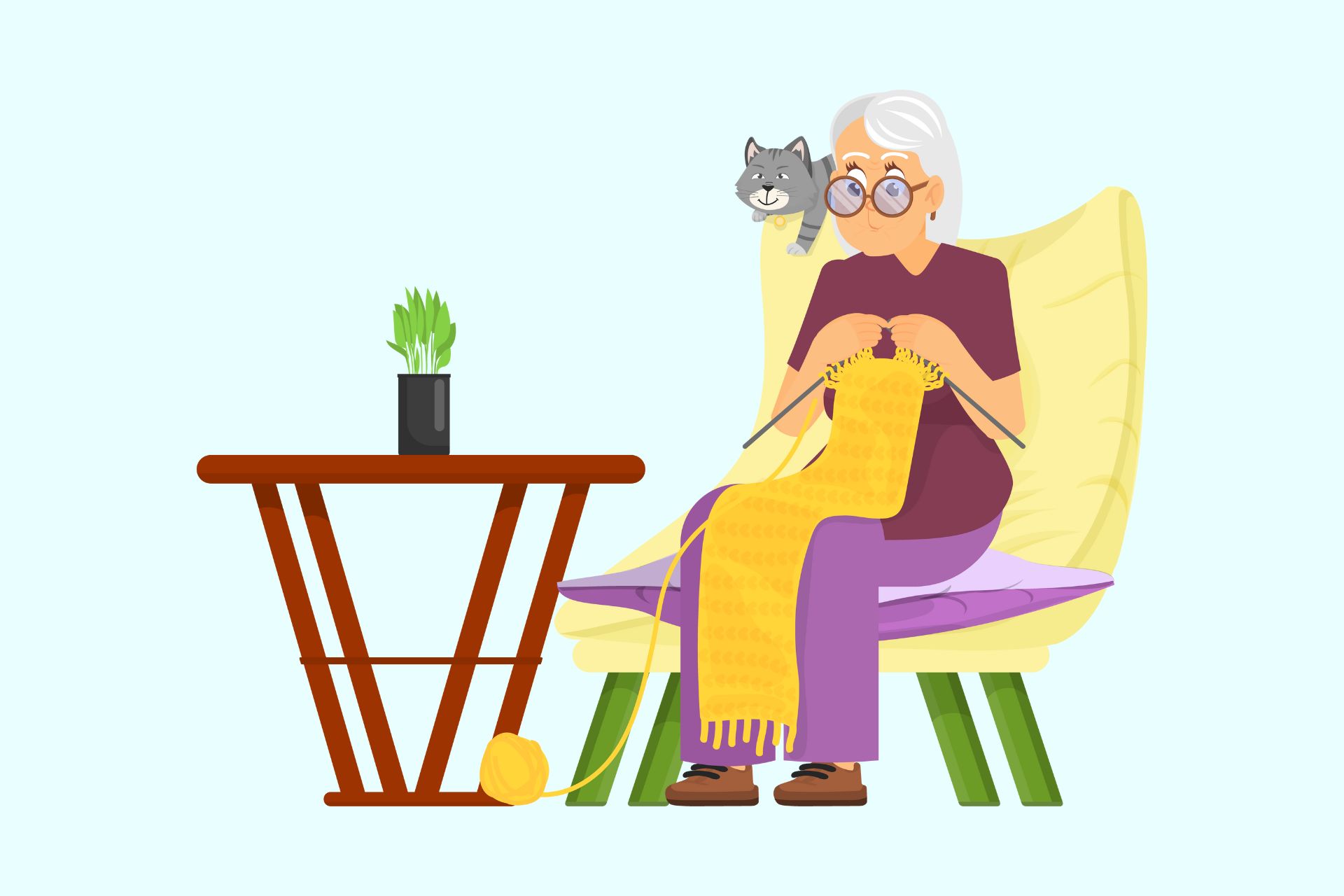
Article
Lifestyle
3 Unique Hobbies for Seniors to Try
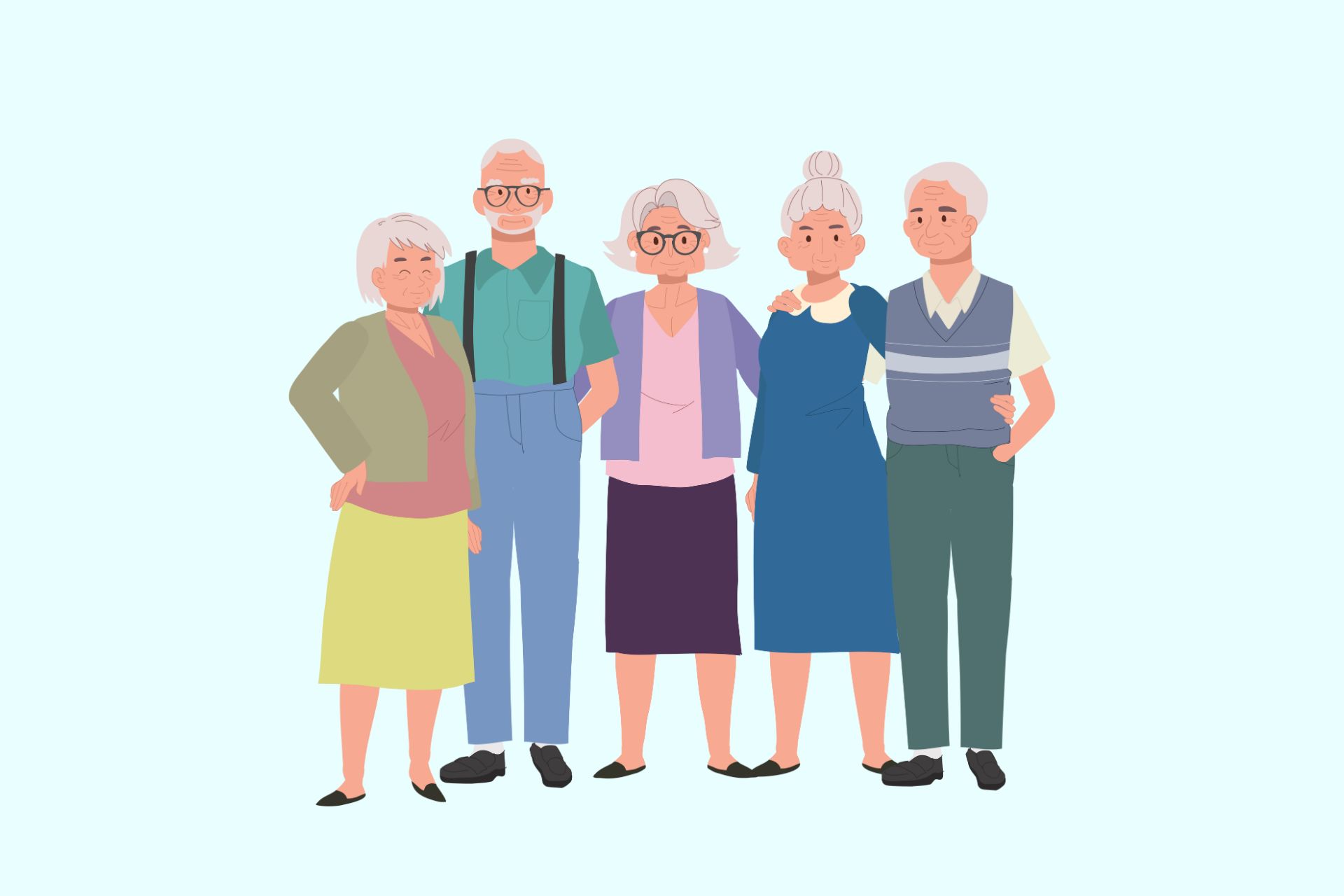
Article
Lifestyle
Seniors and Community Groups: Building Stronger Bonds

Article
Lifestyle
Why Being a Senior Can Be a Superpower!

Article
Lifestyle
3 Unique Ways to Contribute to Society as a Retired Techie

Article
Lifestyle
Making New Friends as a Senior: Tips and Tricks

Article
Lifestyle
Online Courses: Learning for Seniors

Article
Lifestyle
Seniors and Audiobooks

Article
Lifestyle
3 Ways to Contribute to Society as a Retired Business Person

Article
Lifestyle
3 Different Things to Consider Trying If You're a Senior
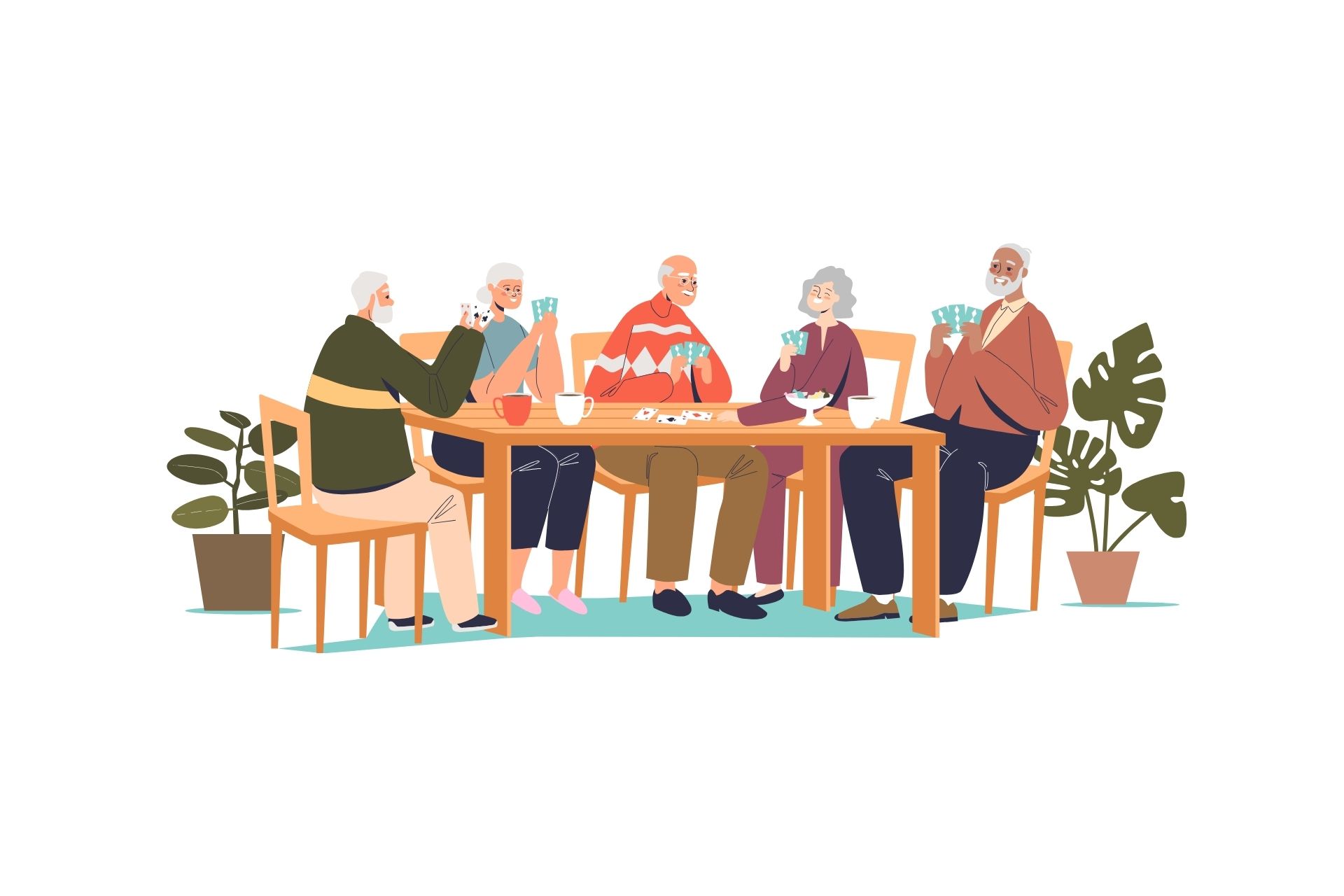
Article
Lifestyle
Local Community Groups: Building Stronger Bonds
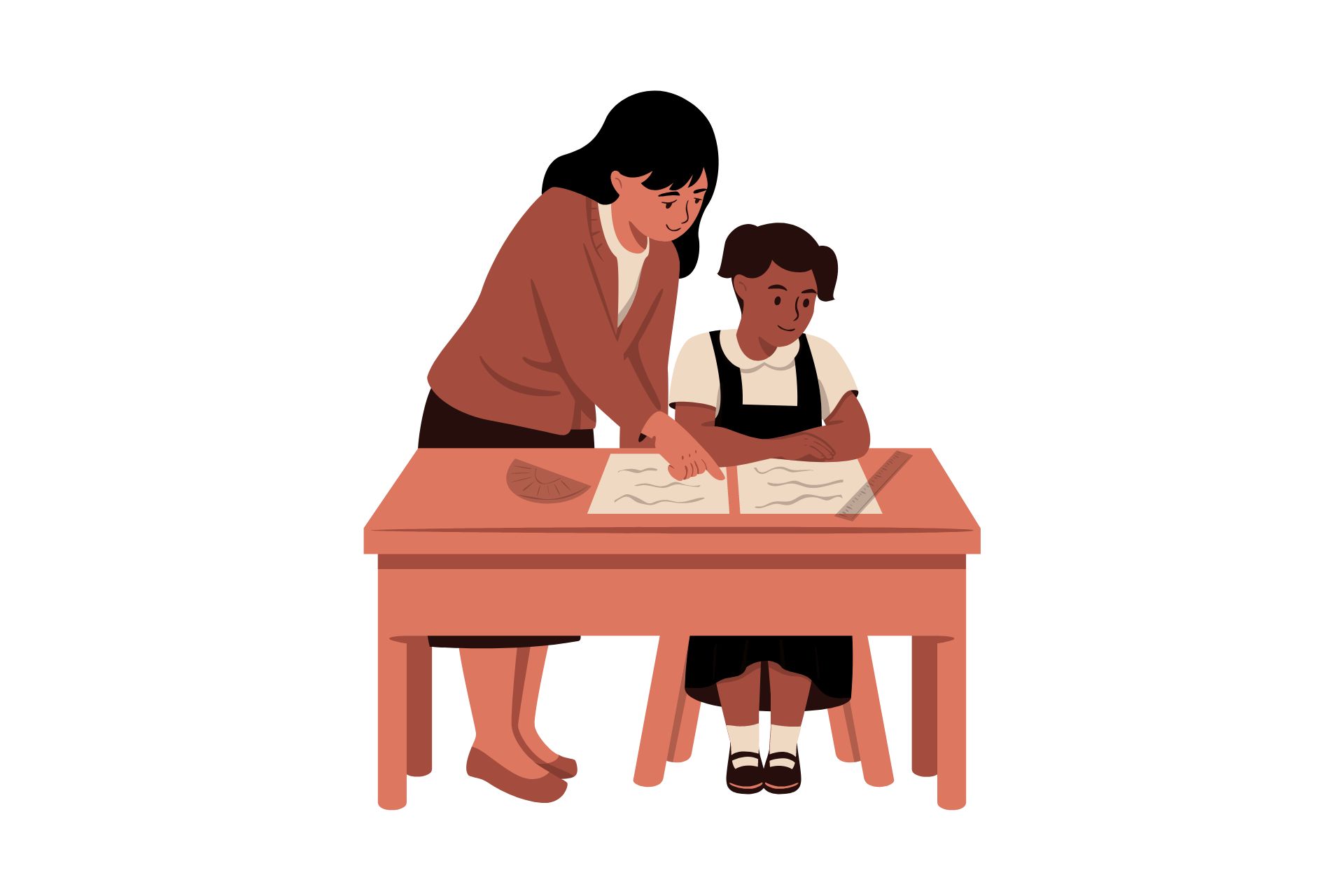
Article
Lifestyle
Happy Teachers’ Day: A Lasting Legacy

Article
Lifestyle
Are We Overlooking Seniors in our Celebrations?

Article
Lifestyle
Building a Career in Elder Care

Article
Lifestyle
Senior Care in Indian Metros: A Growing Need
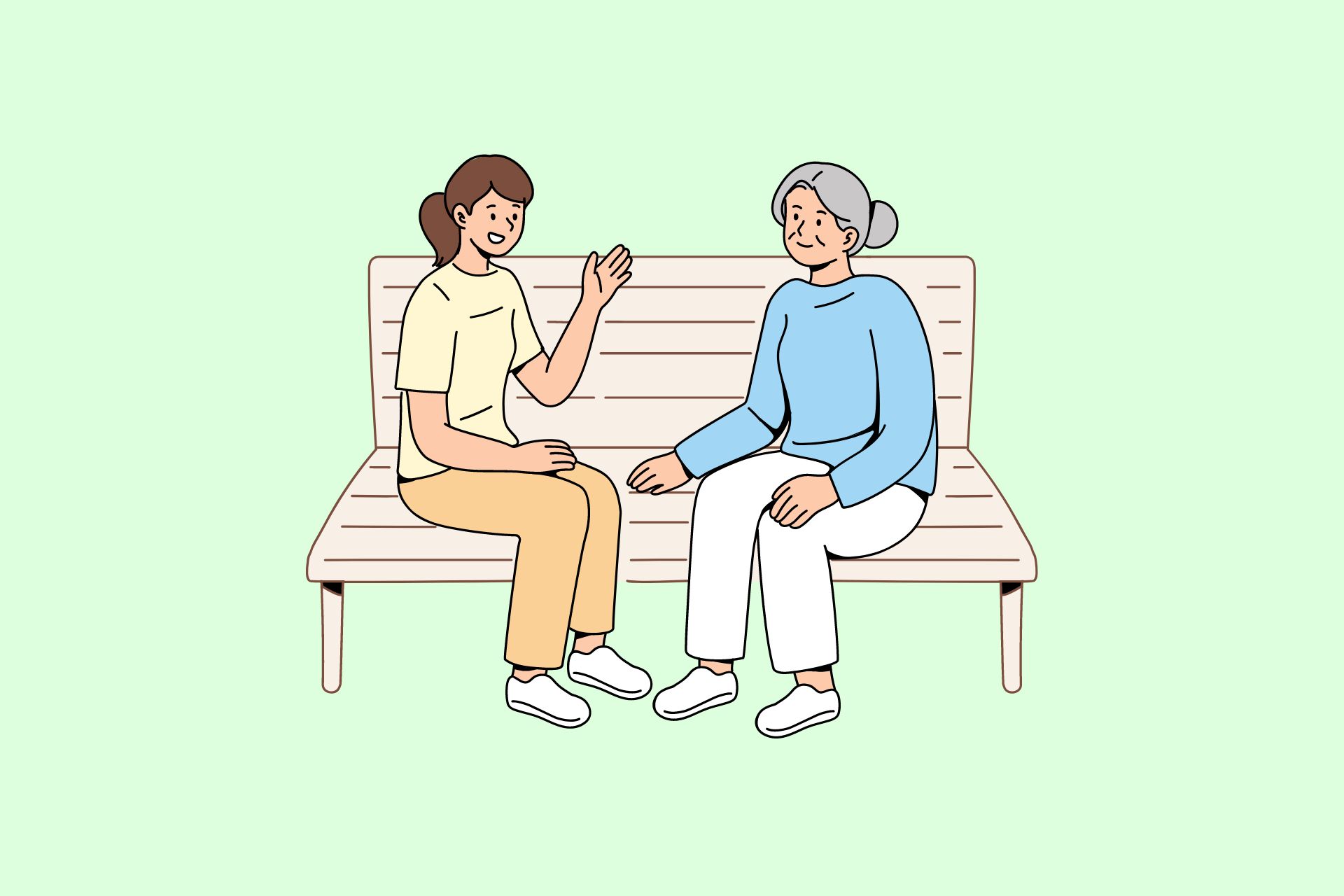
Article
Lifestyle
3 Tips on How to Start a Conversation with a Senior as a Care Fri...

Article
Lifestyle
ElderAid Care Friend Guide: 4 Things to Keep in Mind While Teachi...
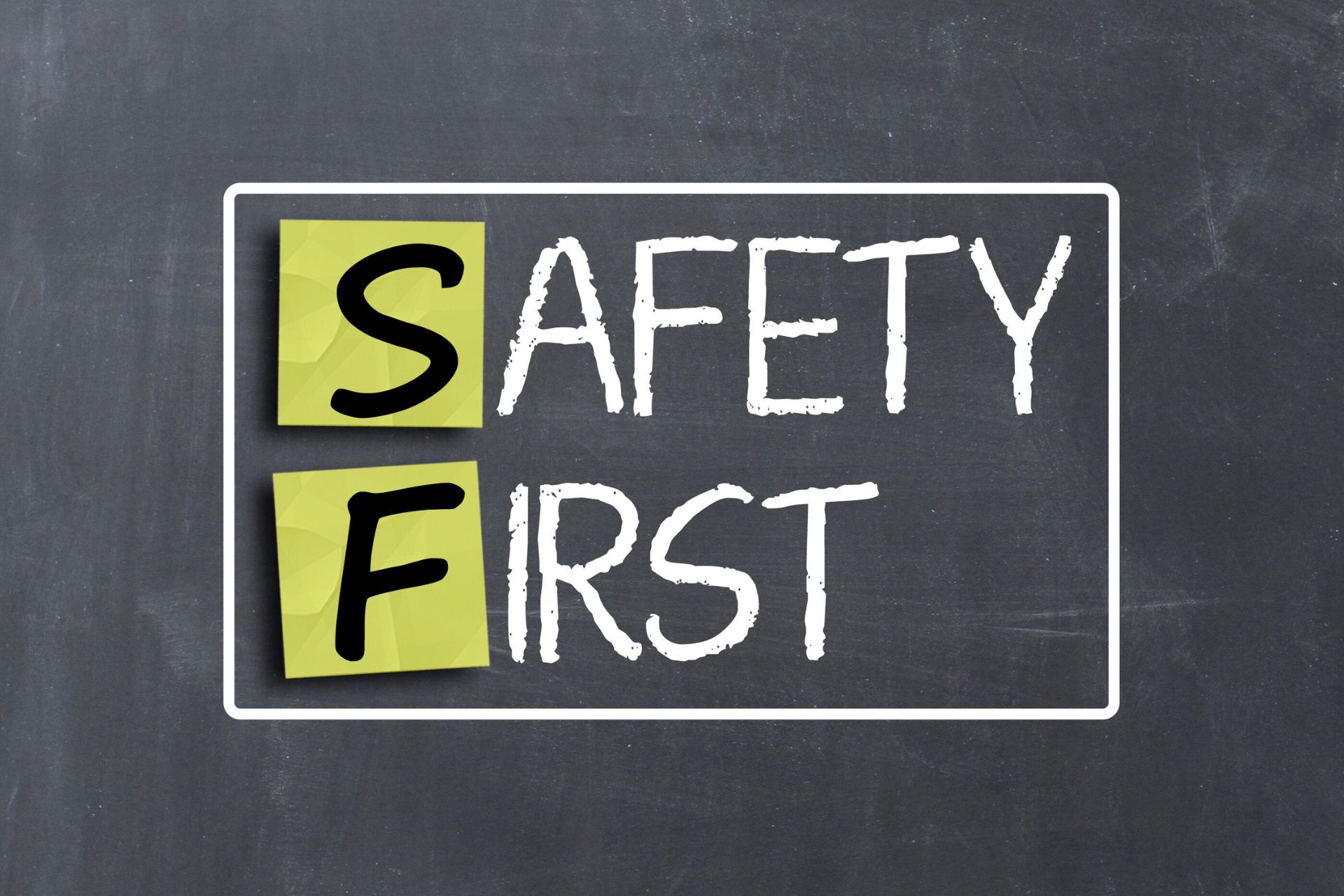
Article
Lifestyle
4 Safety Tips for Seniors
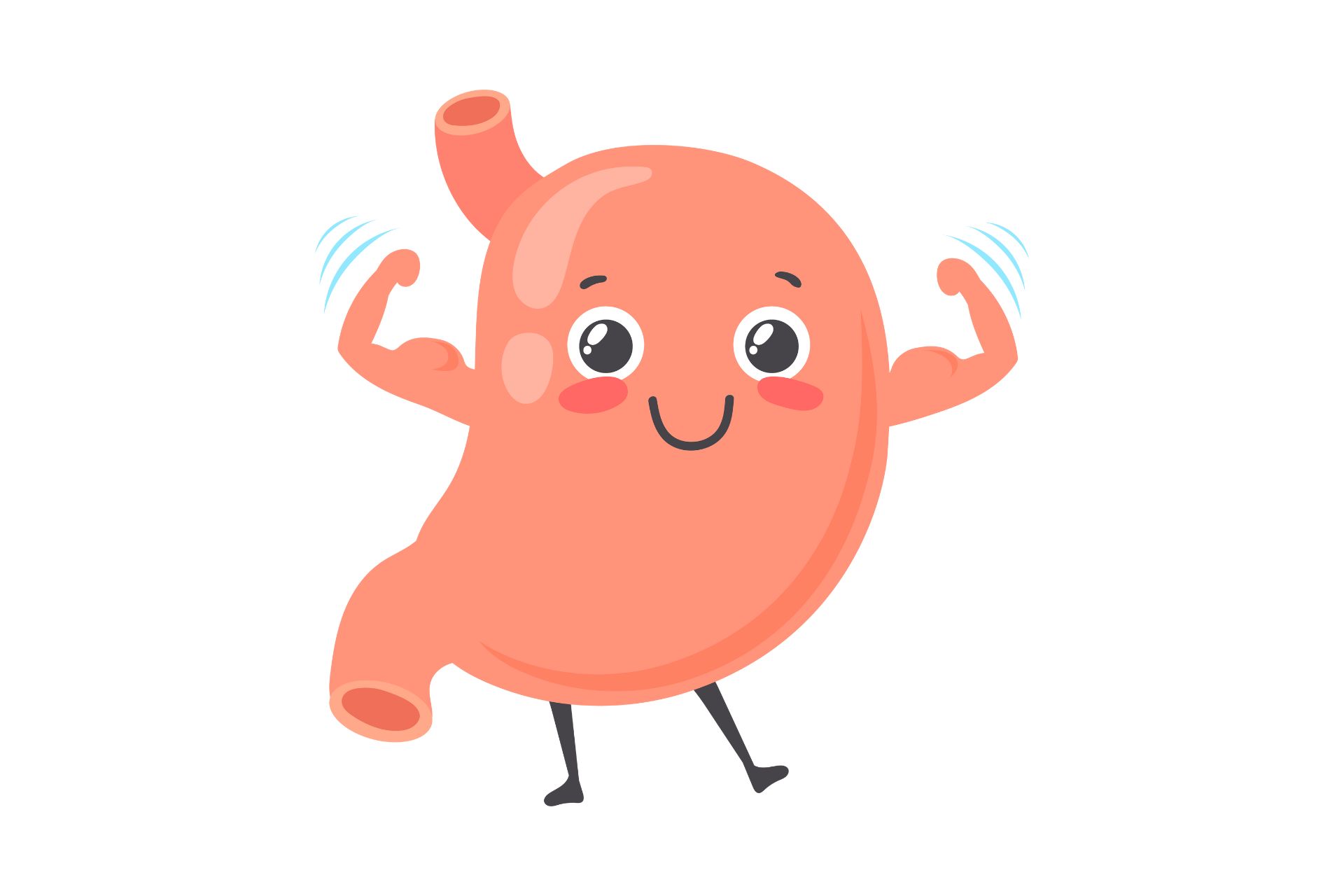
Article
Lifestyle
Digestion as a Senior: Tips for a Happy Gut

Article
Lifestyle
10 Brain Exercises to Keep Your Mind Sharp
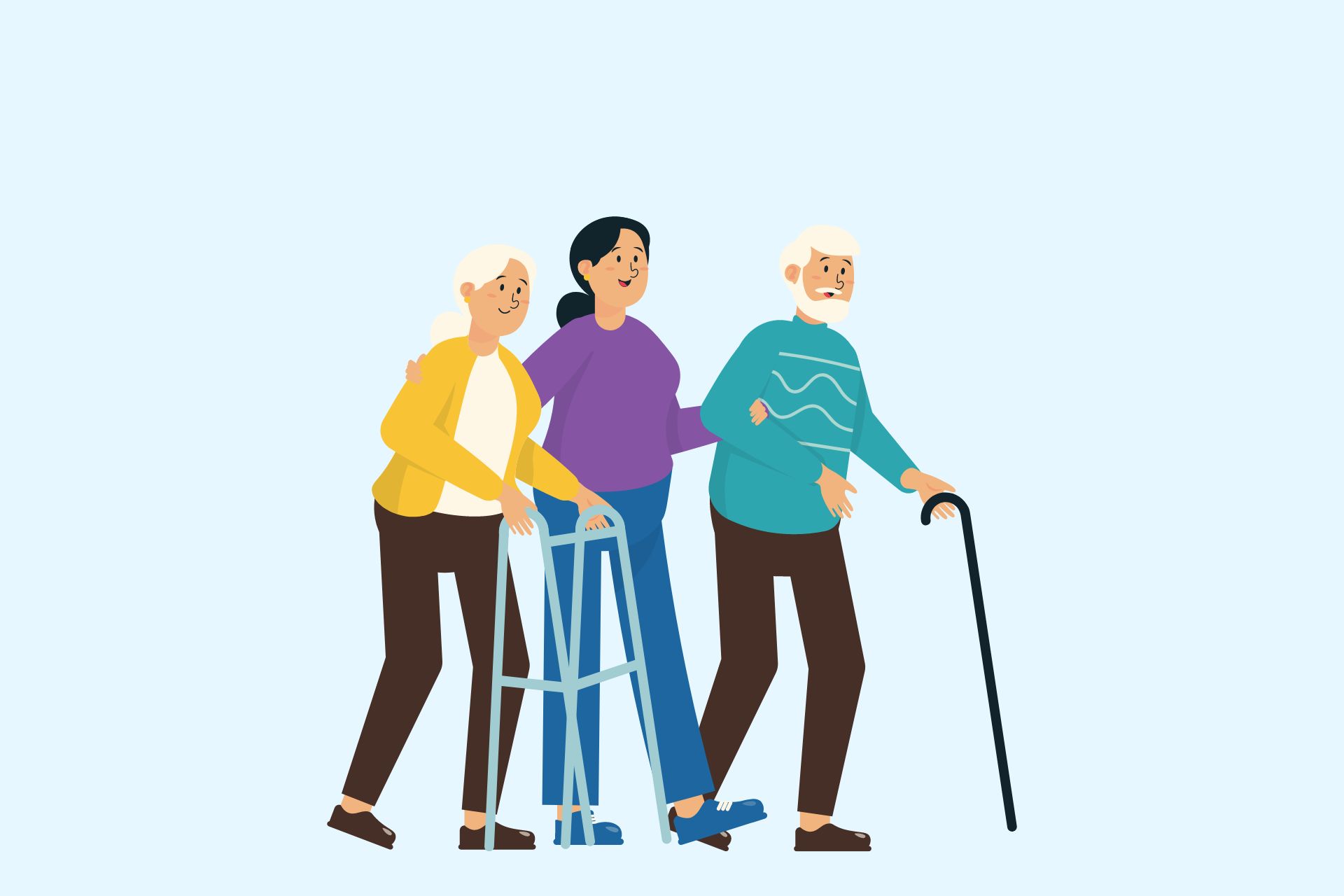
Article
Lifestyle
How to Truly Hear Your Senior Loved Ones

Article
Lifestyle
3 Worries of Seniors (and How to Tackle Them)
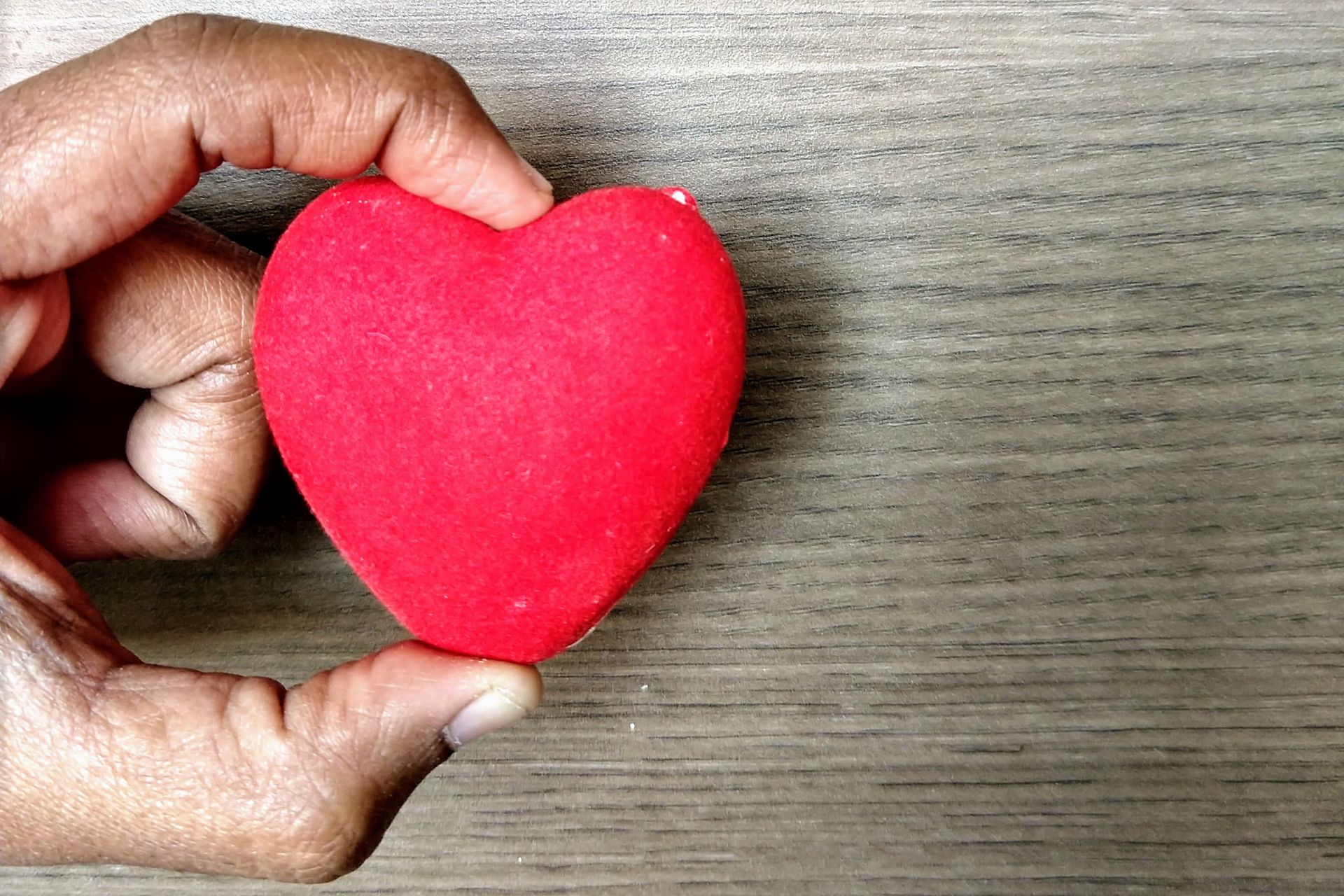
Article
Lifestyle
Are We Forgetting Respite Care for Caregivers?

Article
Lifestyle
Tech Isn't Just for Youngsters!
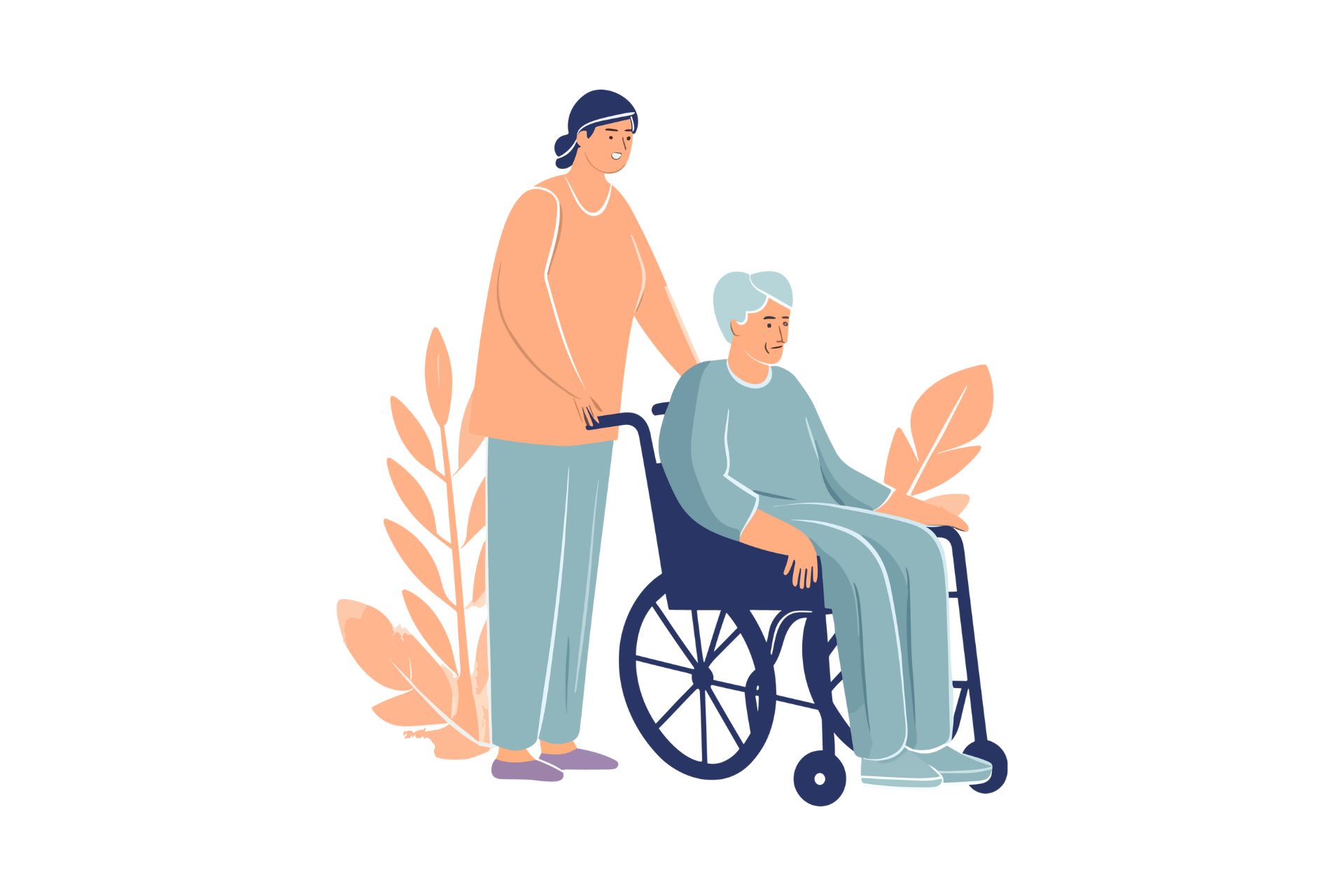
Article
Lifestyle
3 Things to Avoid as a Caregiver

Article
Lifestyle
Have You Talked Enough Today? The Importance of Social Connection...

Article
Lifestyle
Building Positive, Respectful Caregiver-Senior Relationships

Article
Lifestyle
4 Signs That Your Elderly Loved One Might Be Suffering from Elder...

Article
Lifestyle
How Does One Understand a Senior’s Quality of Life
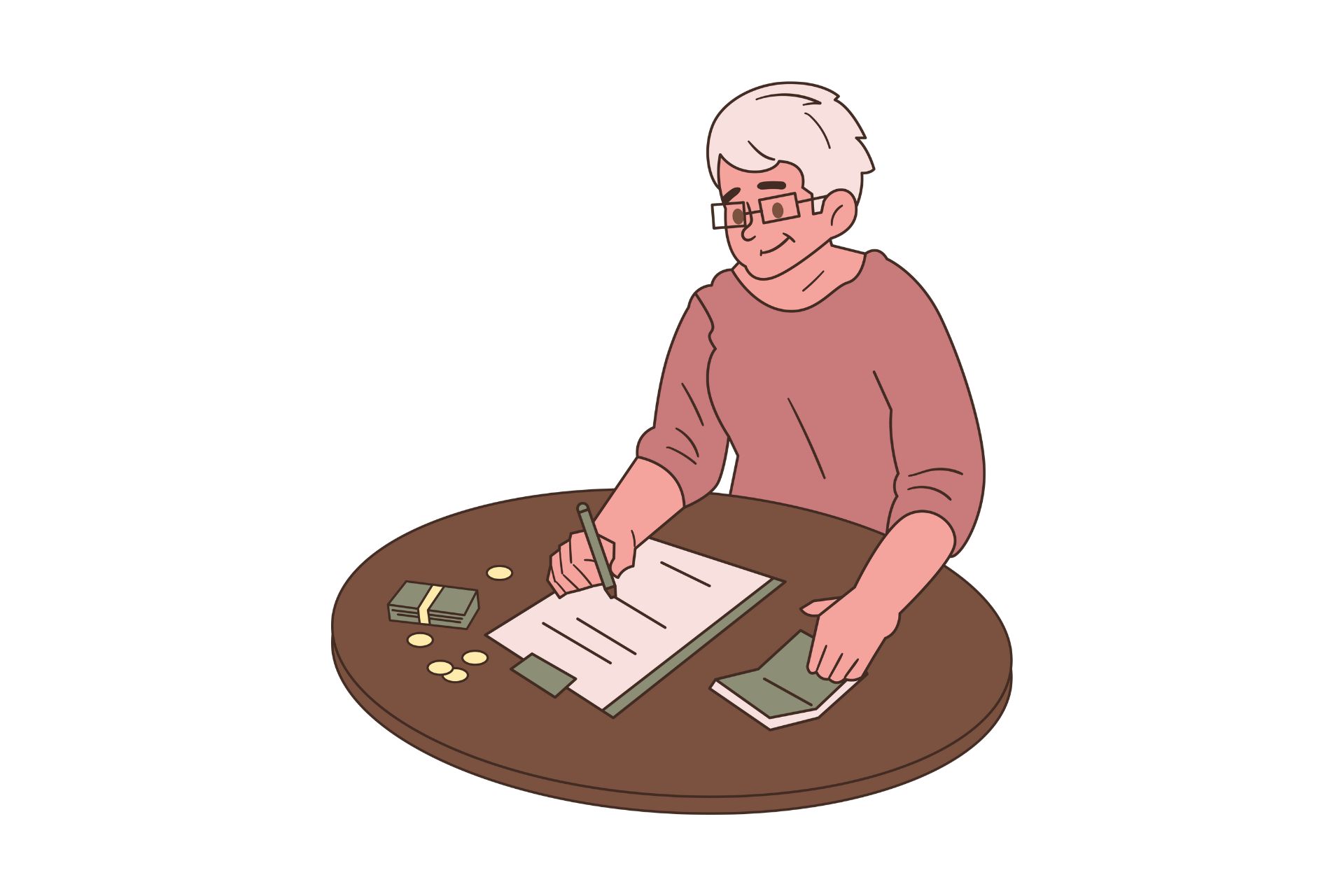
Article
Lifestyle
Managing Finances: 4 Tips for Senior Citizens
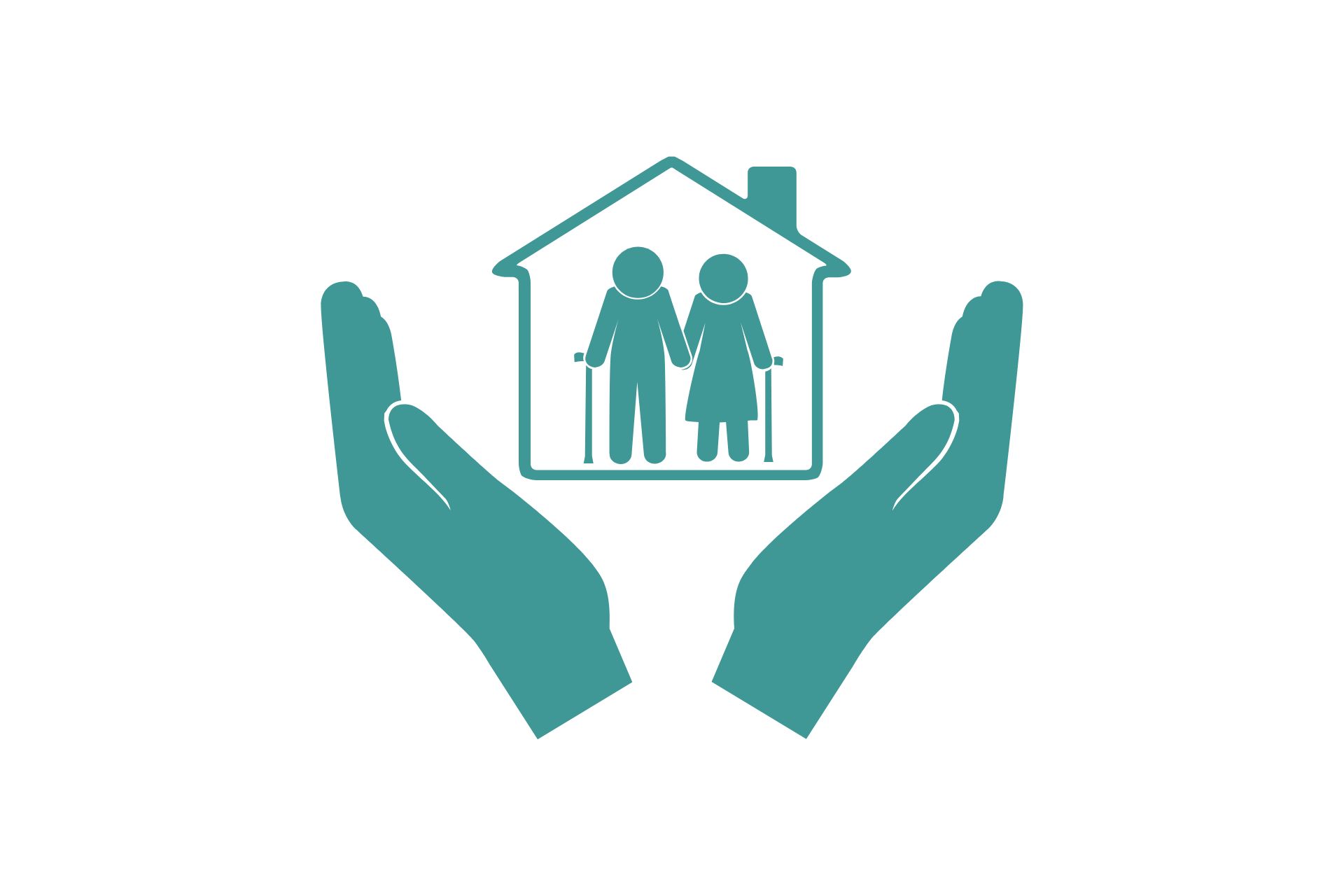
Article
Lifestyle
Keeping Seniors Safe: A Guide
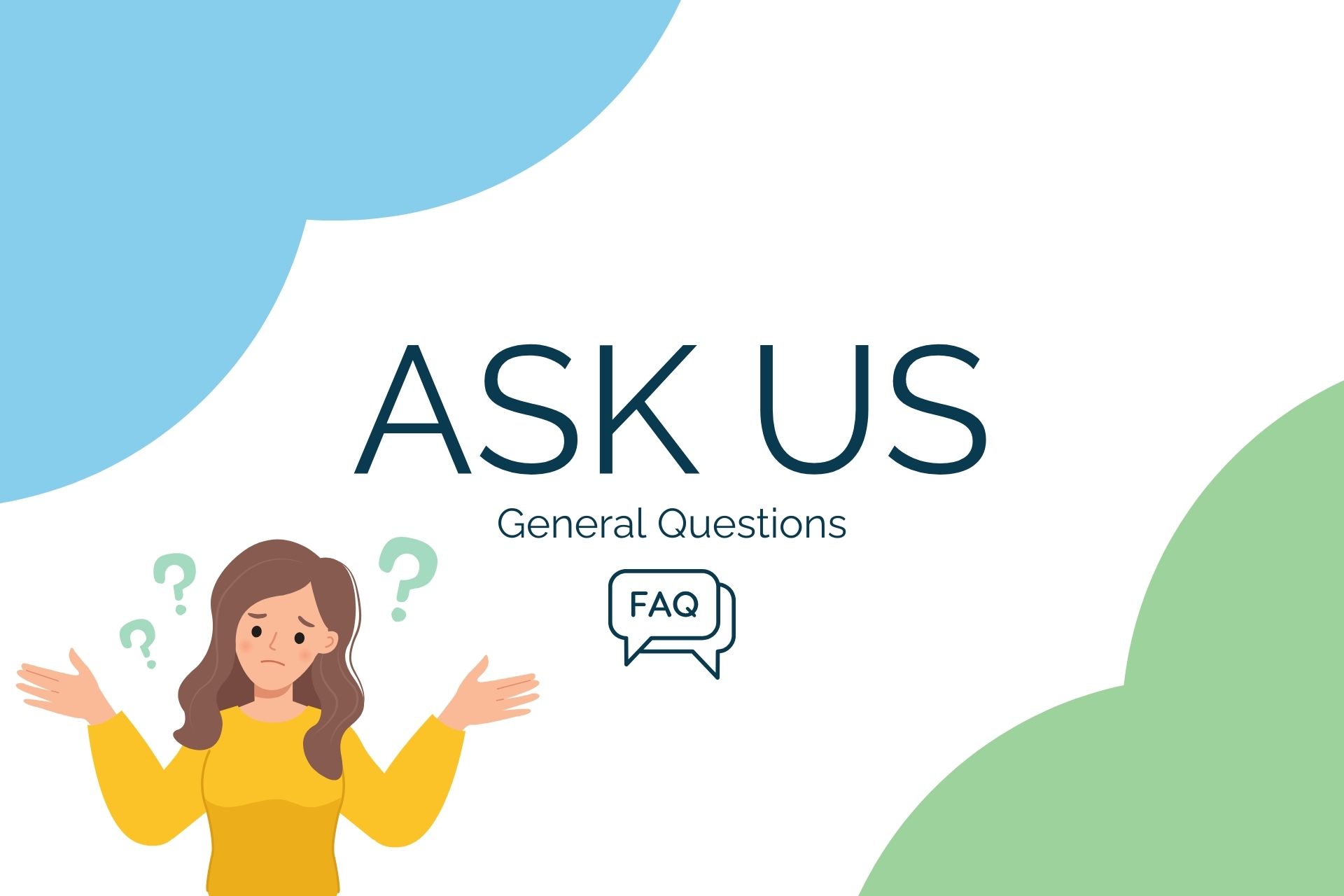
Article
Lifestyle
FAQs about ElderAid
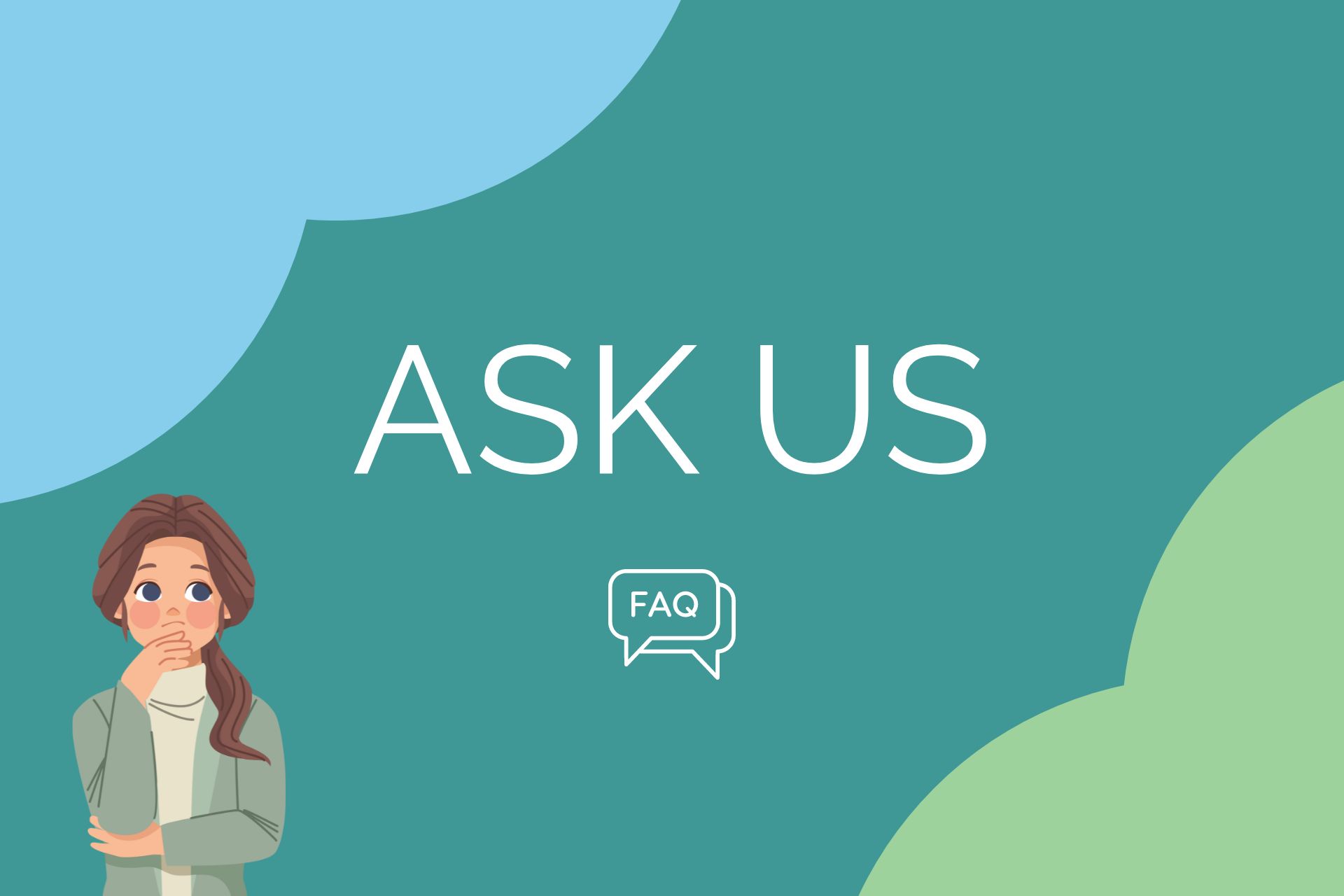
Article
Lifestyle
Frequently Asked Questions (FAQs) about ElderAid's Care Friend Se...
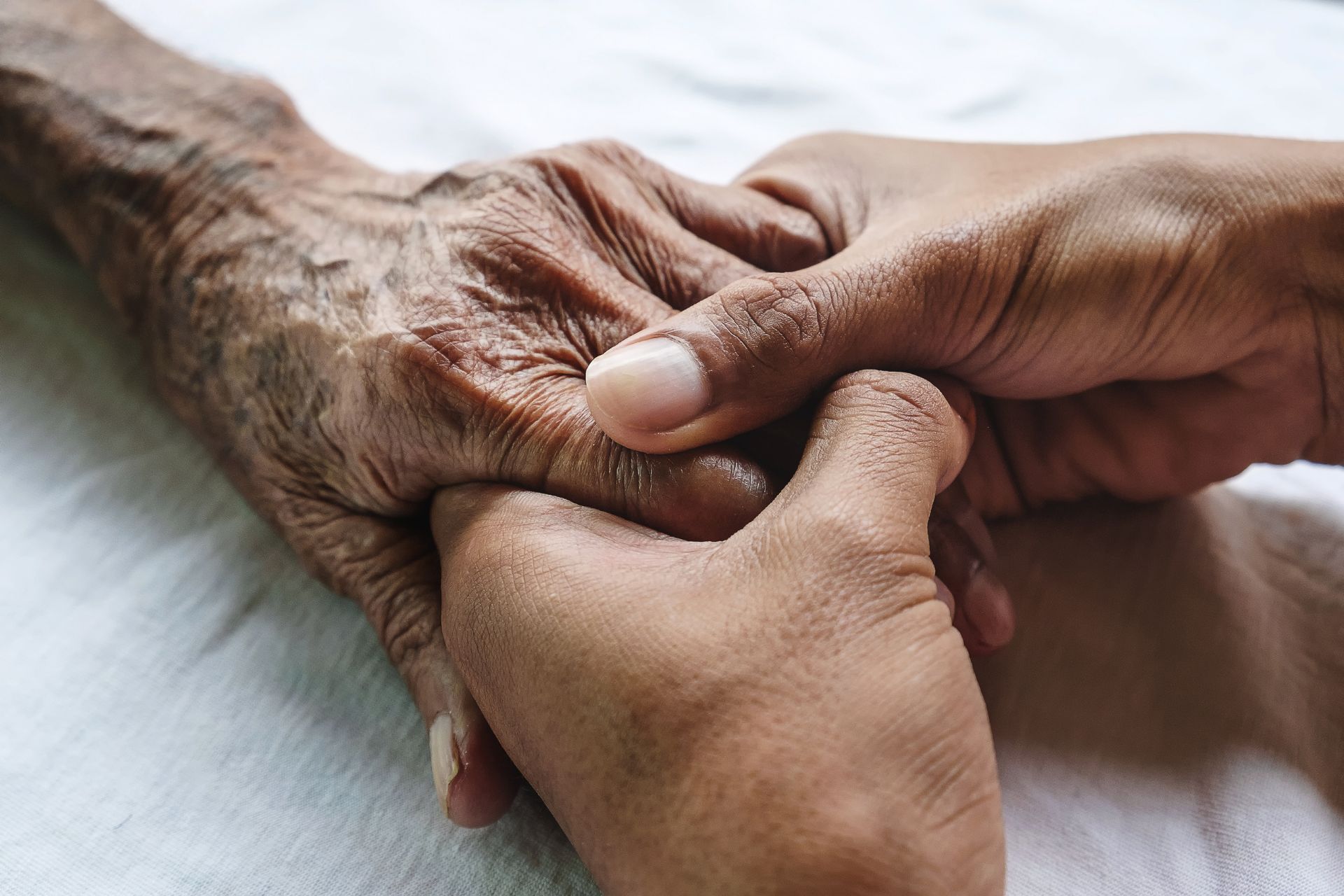
Article
Lifestyle
3 Quick Tips for Caregivers

Article
Lifestyle
Do You Talk to Your Elderly Parents Every Day?
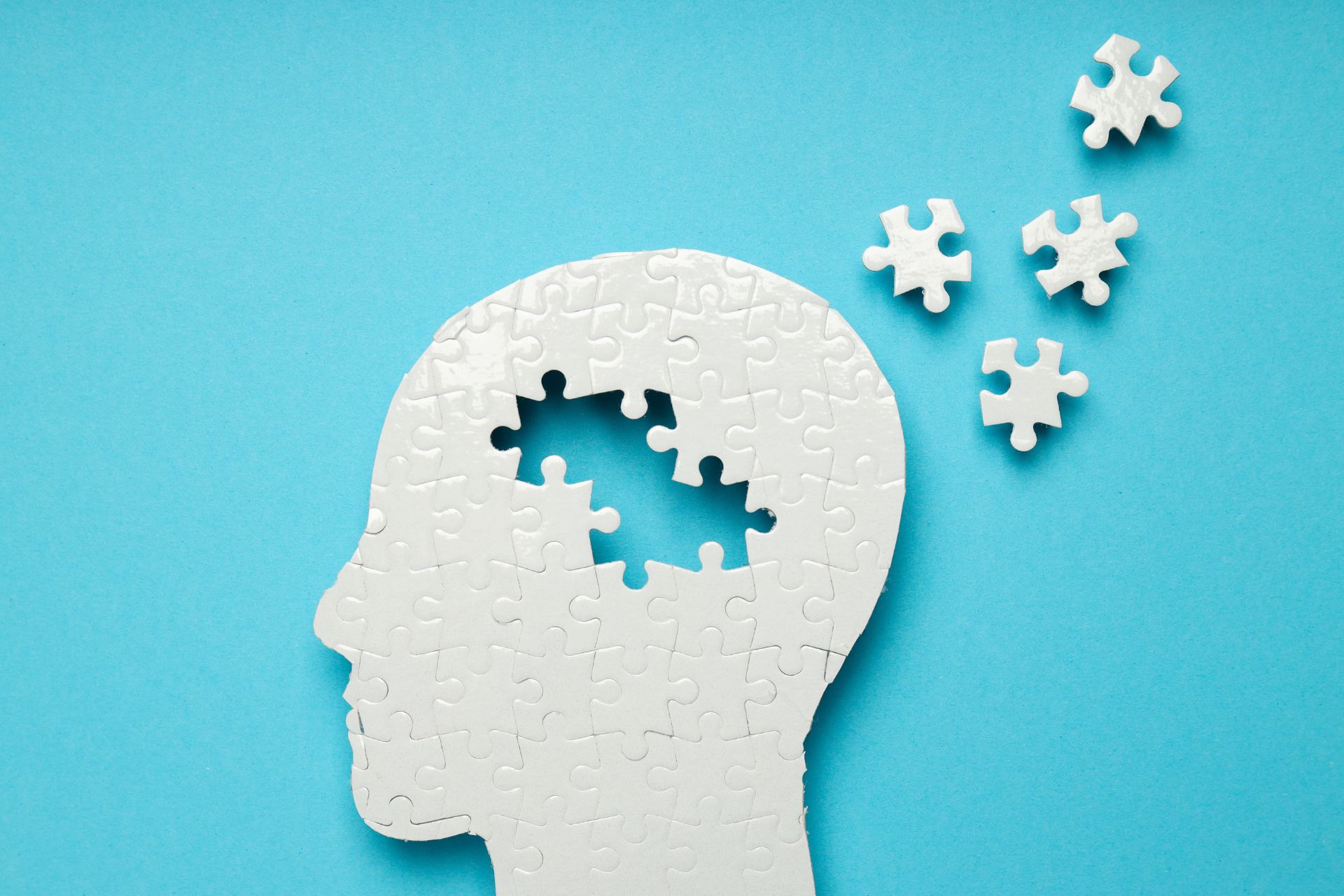
Article
Lifestyle
What is Parkinson's Disease and What Are the Early Symptoms?

Article
Lifestyle
Is Hyderabad a Good City to Retire in?

Article
Lifestyle
Some Must-Visit Places for Seniors in Bangalore
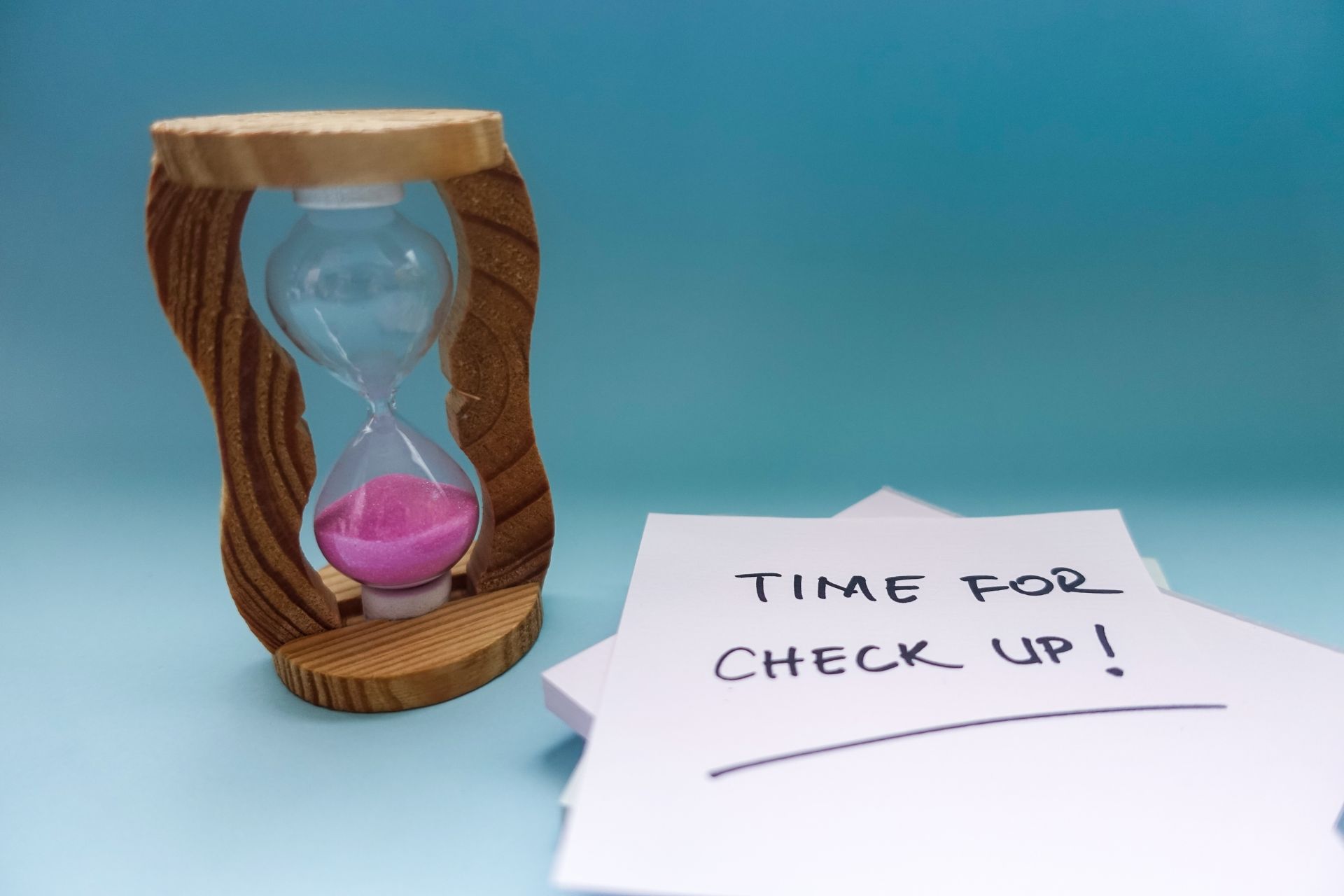
Article
Lifestyle
The Importance of Regular Check-ups for Senior Citizens

Article
Lifestyle
5 Tech Activities for Seniors

Article
Lifestyle
Creative Pursuits for Seniors
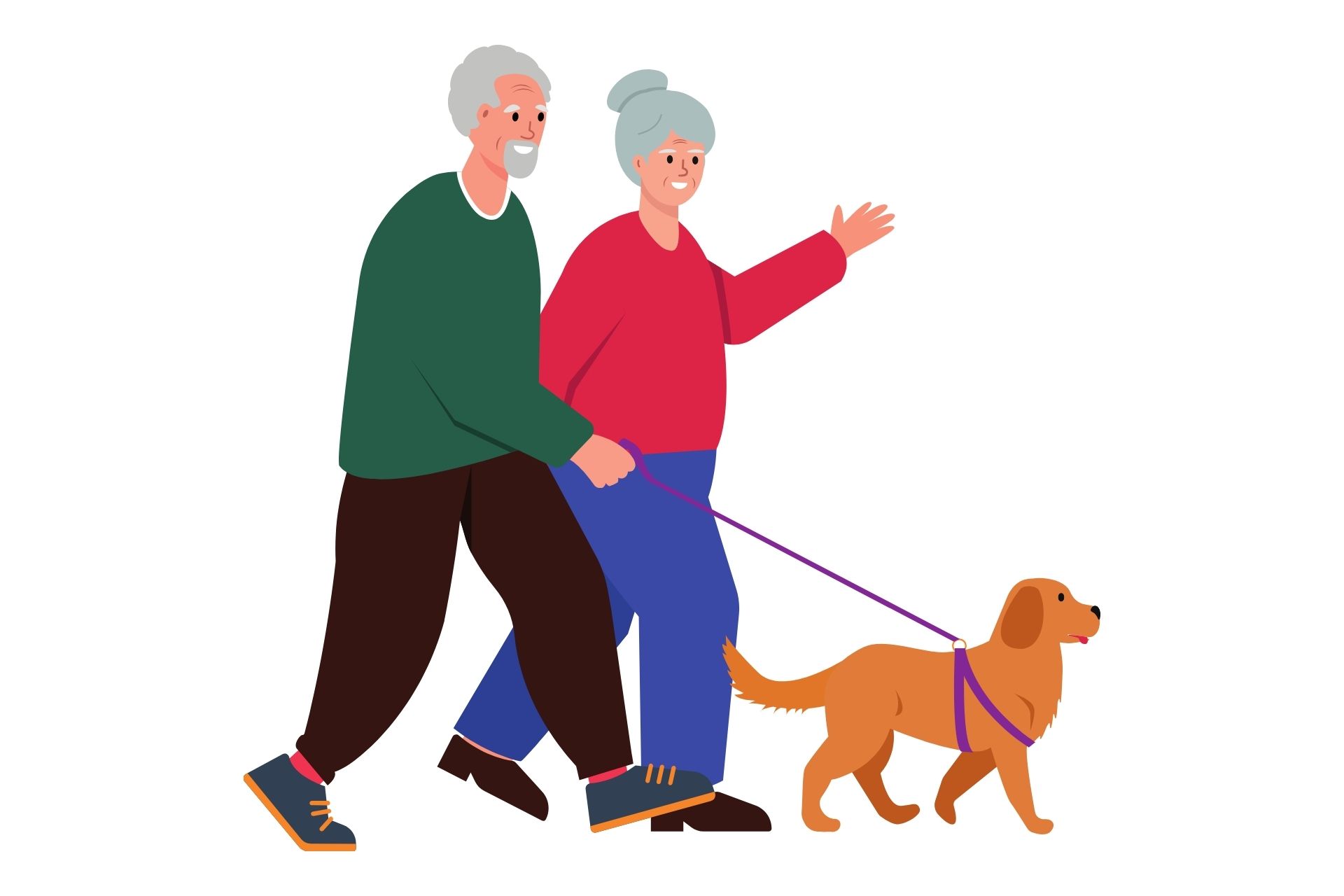
Article
Lifestyle
Some Exercises for Seniors

Article
Lifestyle
7 Things to Keep in Mind if You Have Someone With Dementia At Hom...

Article
Lifestyle
Staying Safe in the Summer Heat: When to Avoid the Outdoors

Article
Lifestyle
Protect Your Garden from the Summer Heat
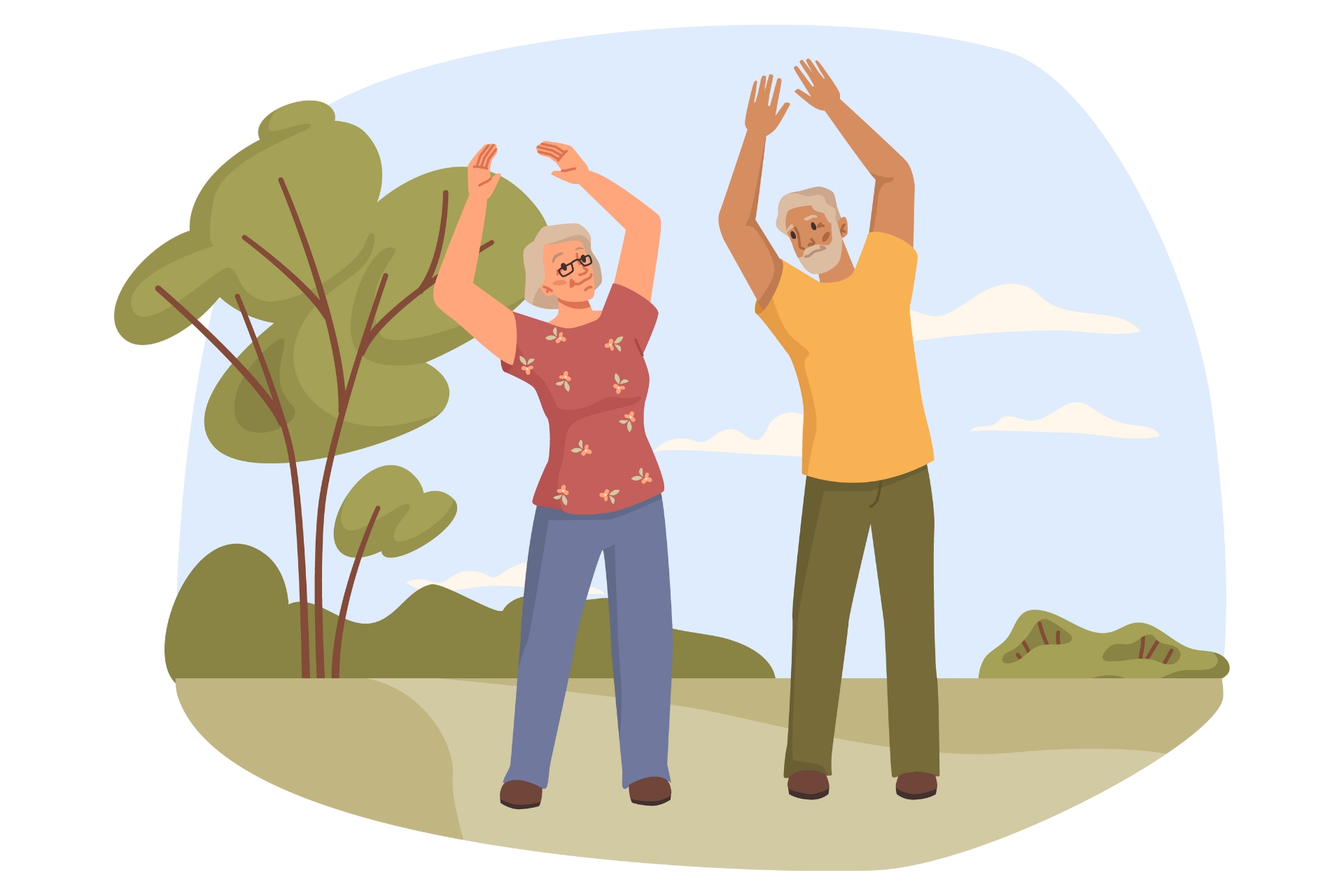
Article
Lifestyle
Why Seniors Should Explore the Outdoors More Often
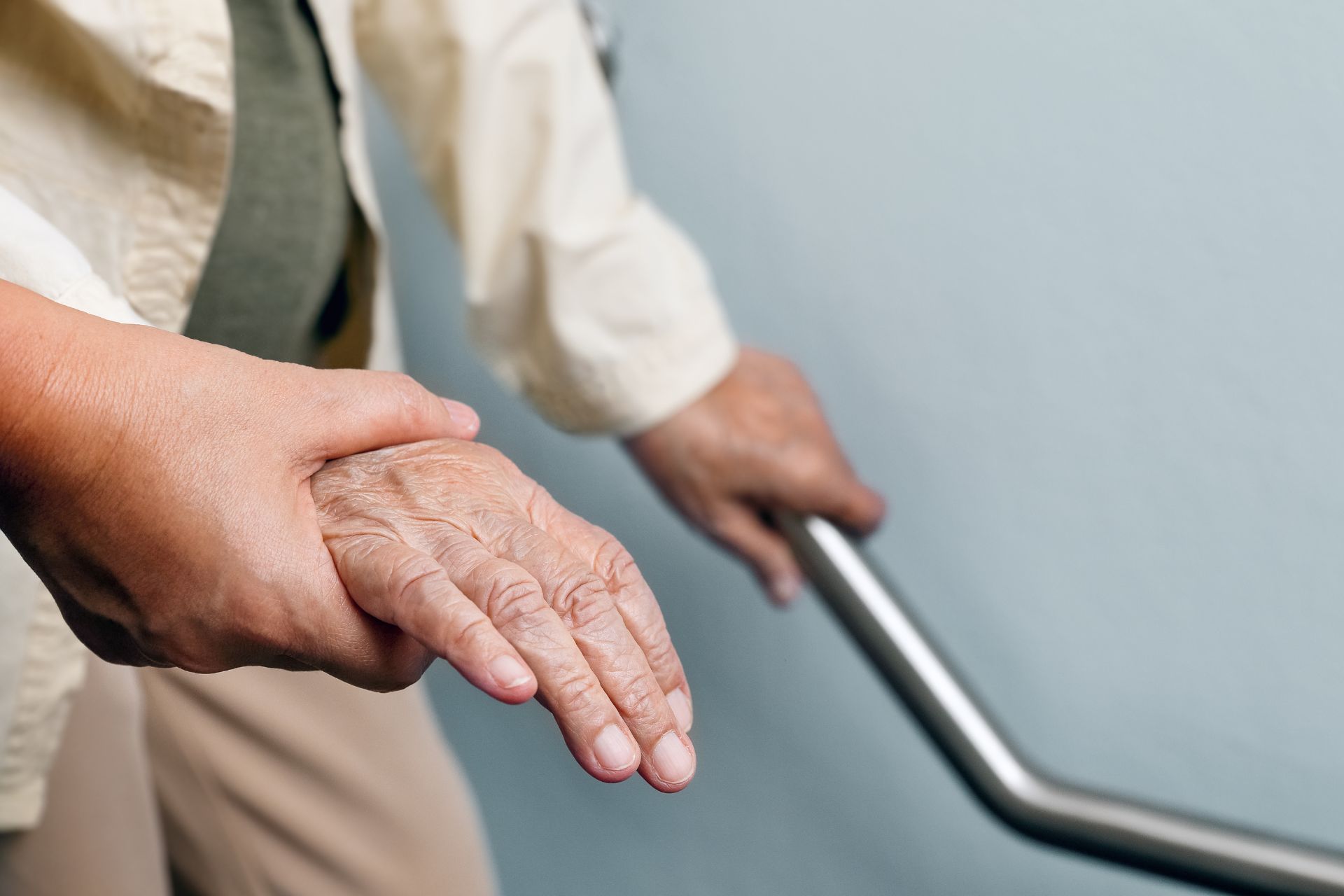
Article
Lifestyle
Using Technology for the Safety of Seniors

Article
Lifestyle
Indian Senior Care Options

Article
Lifestyle
Elders and Socialising

Article
Lifestyle
Travel Destinations Handpicked for Seniors

Article
Lifestyle
Elders and Technology

Article
Lifestyle
Independence and Active Ageing

Article
Lifestyle
How Loneliness Affects Elderly Women?

Article
Lifestyle
What is Elder Abuse? and How to Avoid it?

Article
Lifestyle
How a Care Friend or a Companion Can Change Your Senior’s Life!

Article
Lifestyle
Caring for Your Loved Ones, Right at Home

Article
Lifestyle
Cooking with Grandkids: Sharing Family Food and Stories
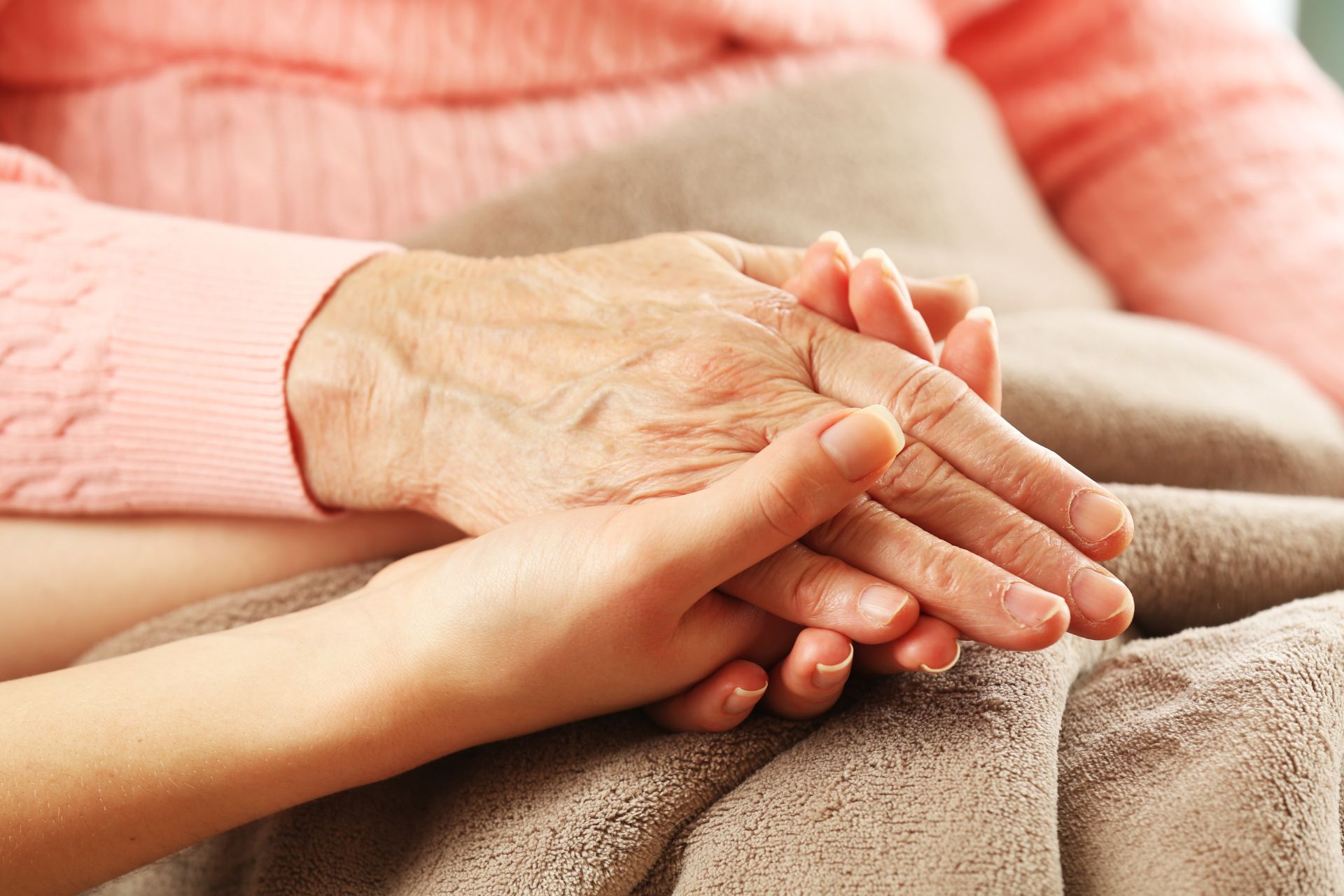
Article
Lifestyle
Personalised Caregiving: Why a One-Size-Fits-All Approach Doesn't...

Article
Lifestyle
How Seniors Can Beat the Summer Heat
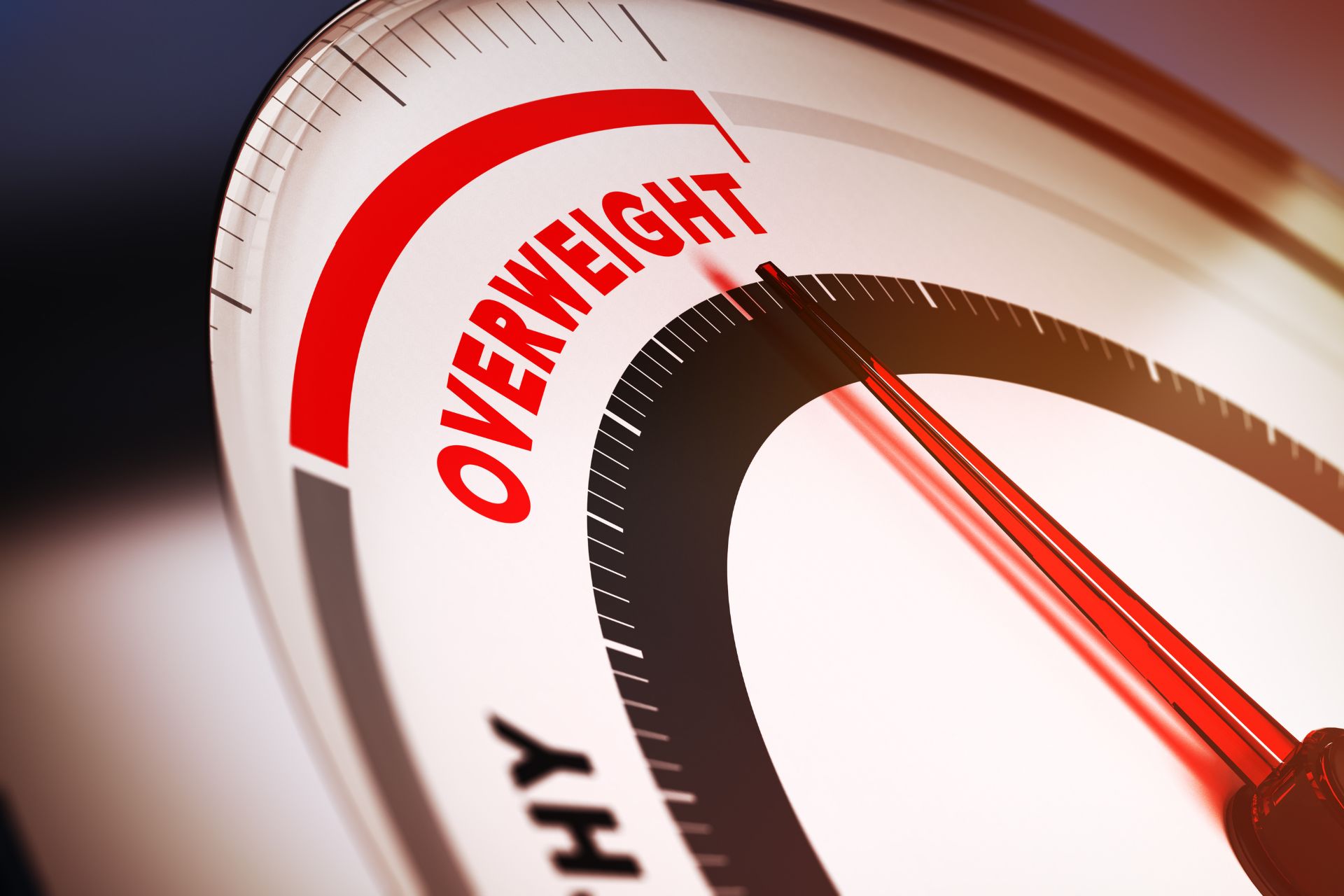
Article
Lifestyle
Overweight in Seniors: Understanding the Risks and Finding a Bala...

Article
Lifestyle
A Compassionate Beacon in Elder Care

Article
Lifestyle
Inspiring Story of Sudha Gorthi: Why It's Never Too Late to Start...

Article
Lifestyle
How to Protect Yourself from Phone and Email Scams?
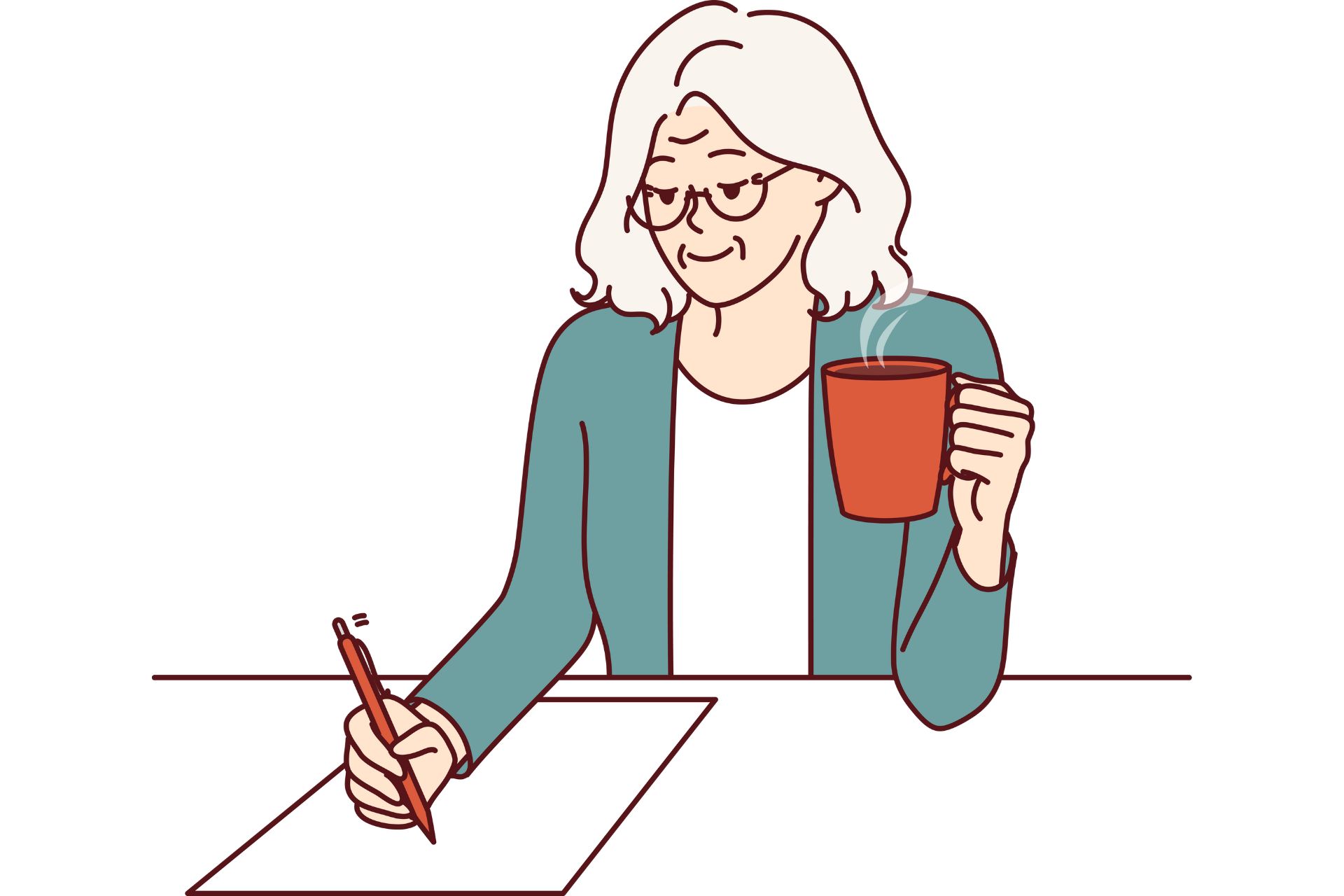
Article
Lifestyle
Why Writing Your Memoirs Can Be Fun as a Senior
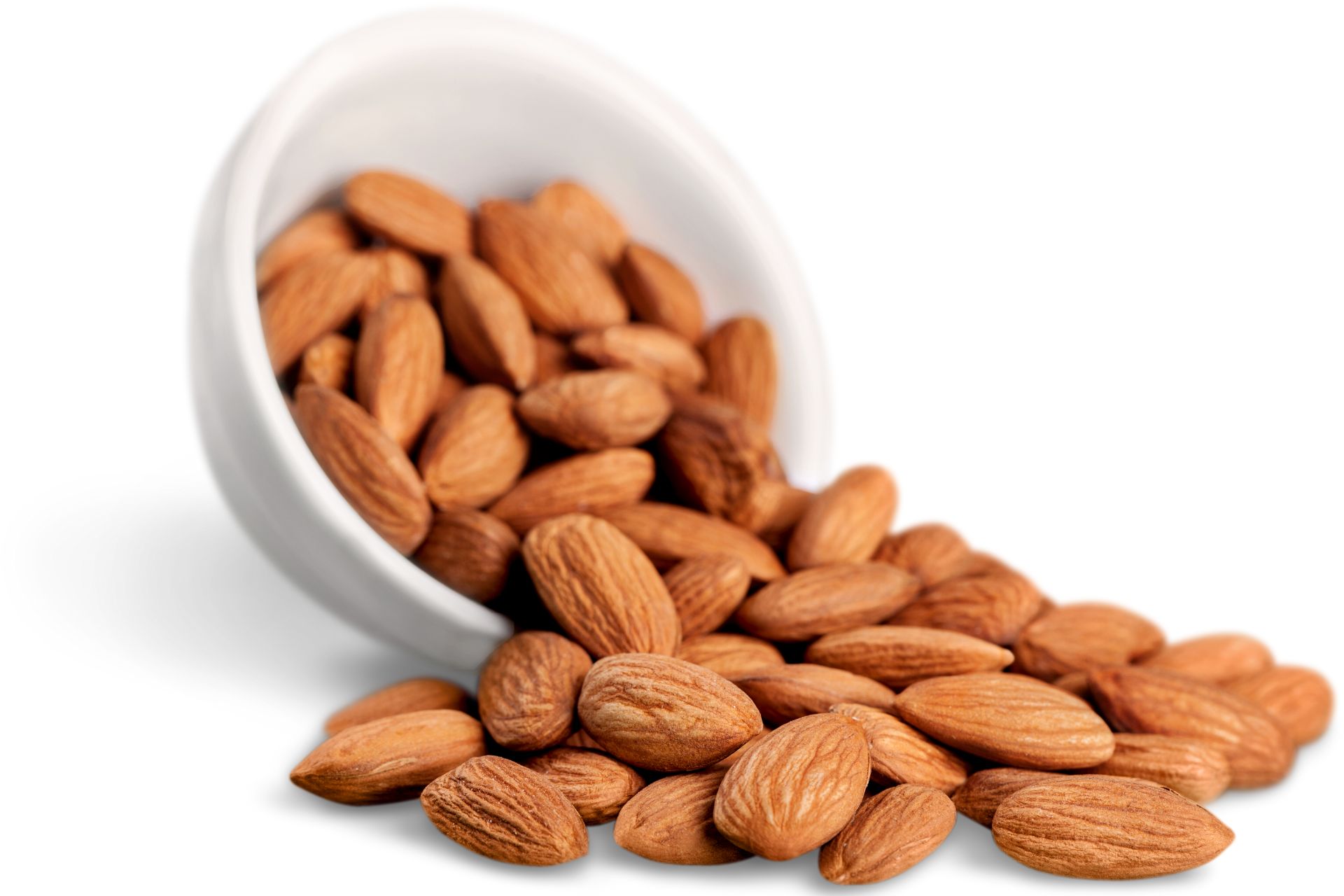
Article
Lifestyle
5 Powerhouse Foods to Fuel Your Life After 60

Article
Lifestyle
Grandparents and Grandkids: 5 Easy Ways to Play and Grow Together...
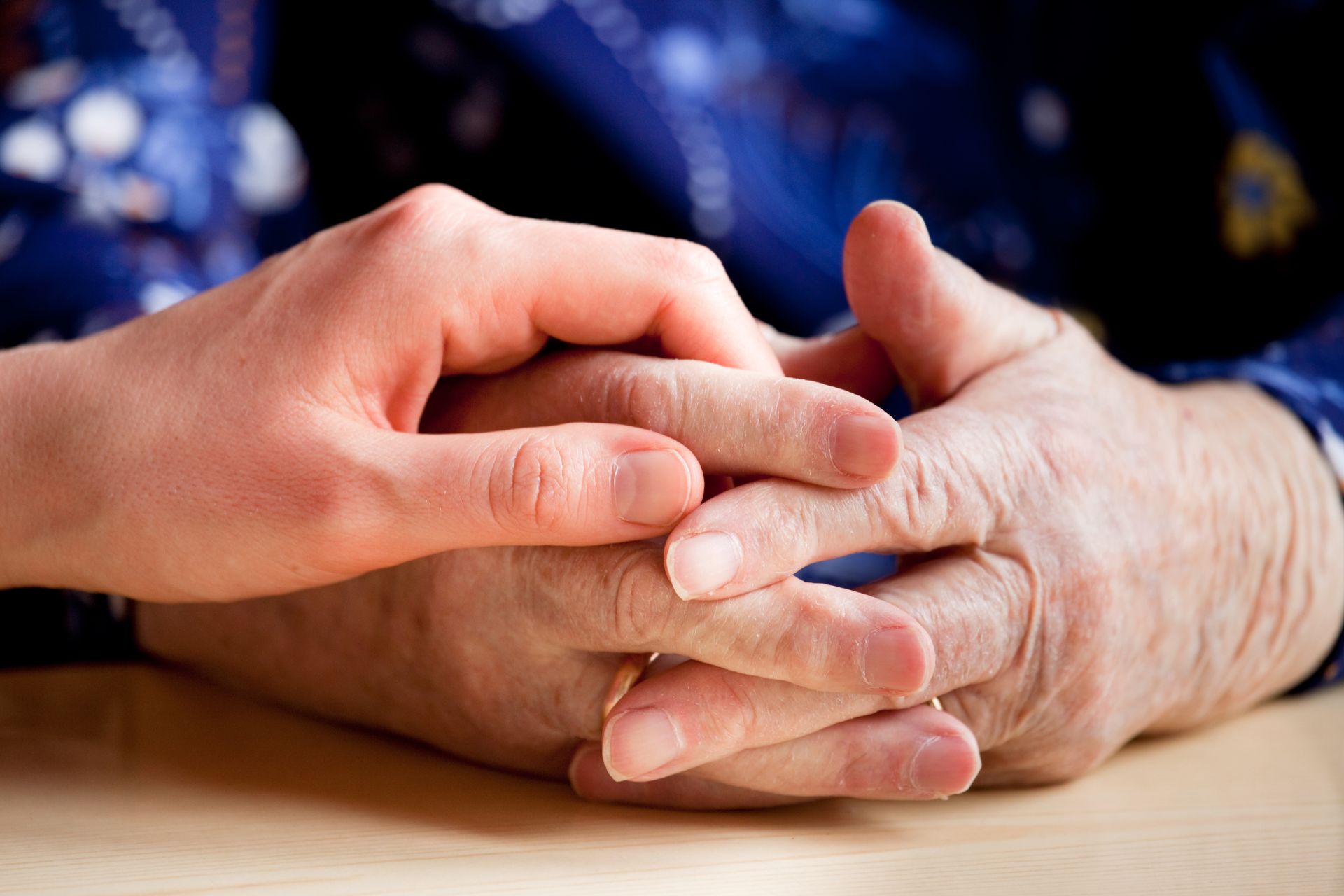
Article
Lifestyle
Why Should You Consider a Care Friend for Your Senior?

Article
Lifestyle
Warning Signs for Senior Citizens to Stop Driving

Article
Lifestyle
Should I write a will for my loved ones?
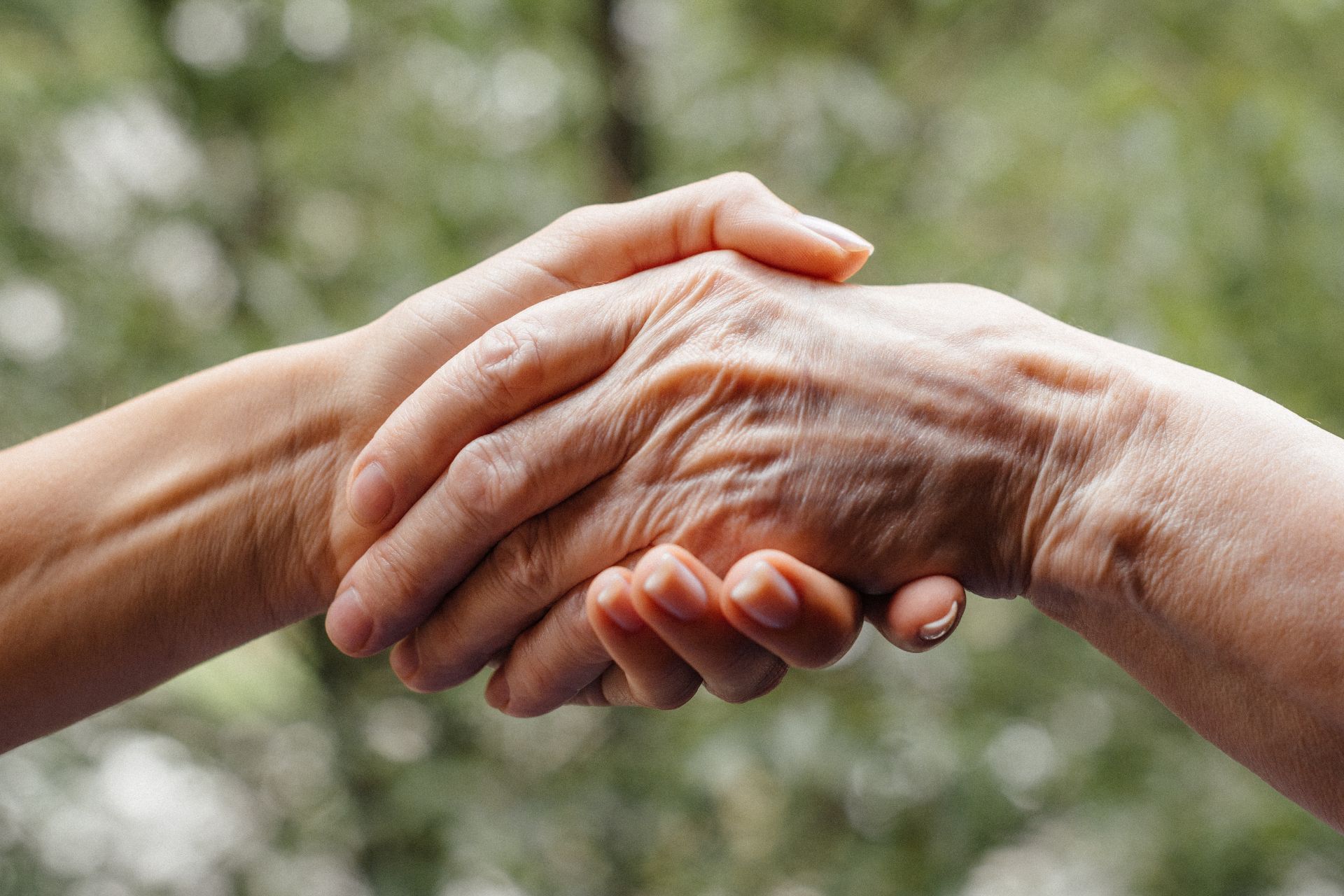
Article
Lifestyle
How the Younger Generation Support Senior Citizens

Article
Lifestyle
How to Keep Up with Lifelong Learning
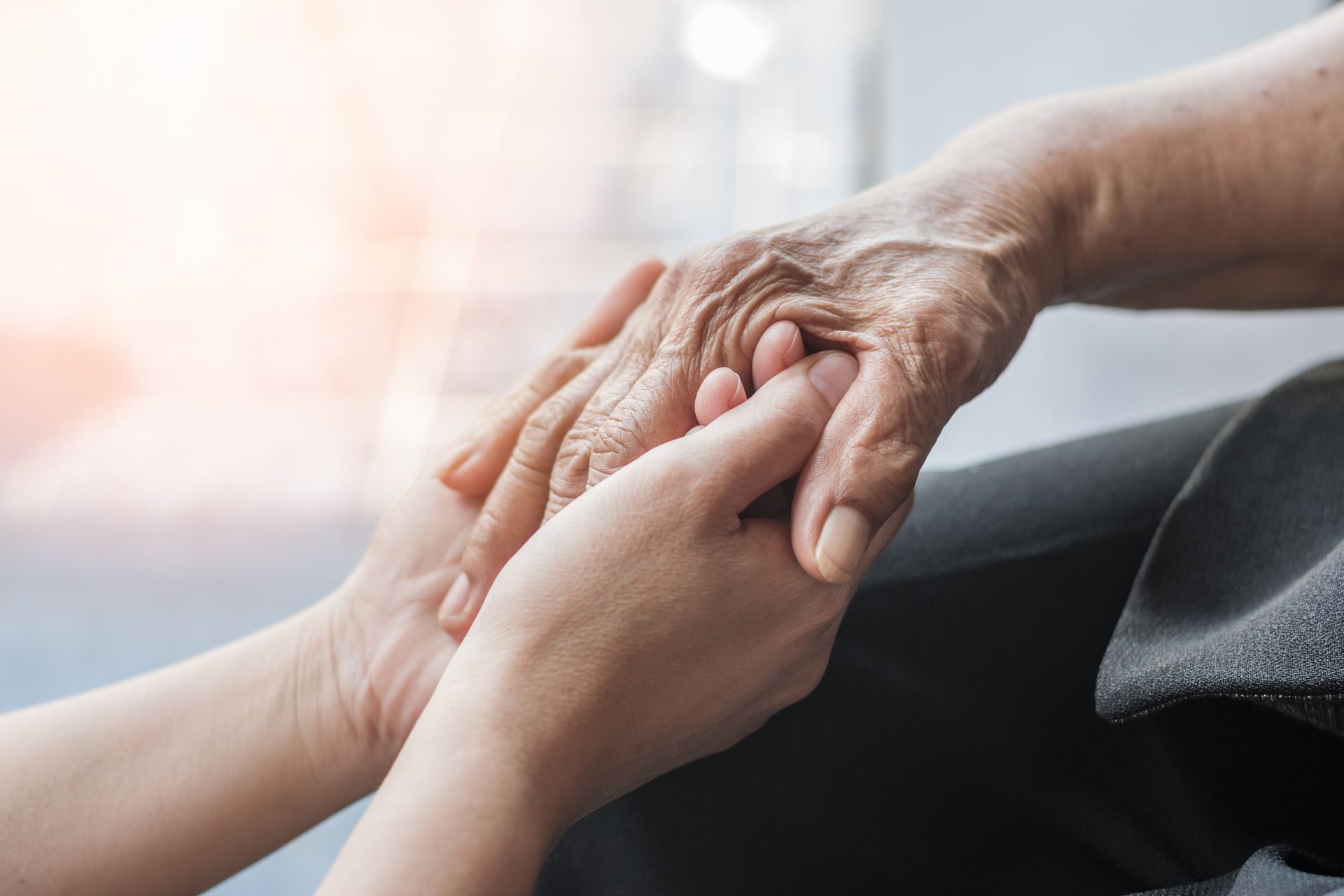
Article
Lifestyle
Challenges Caregivers Face and Ways to Overcome Them

Article
Lifestyle
An NRI's(Non Resident Indian) Guide to Caring for Parents from Af...

Article
Lifestyle
Volunteering and Seniors: A Guide to Giving Back

Article
Lifestyle
Basics of Smartphones for Seniors: A Printable Guide
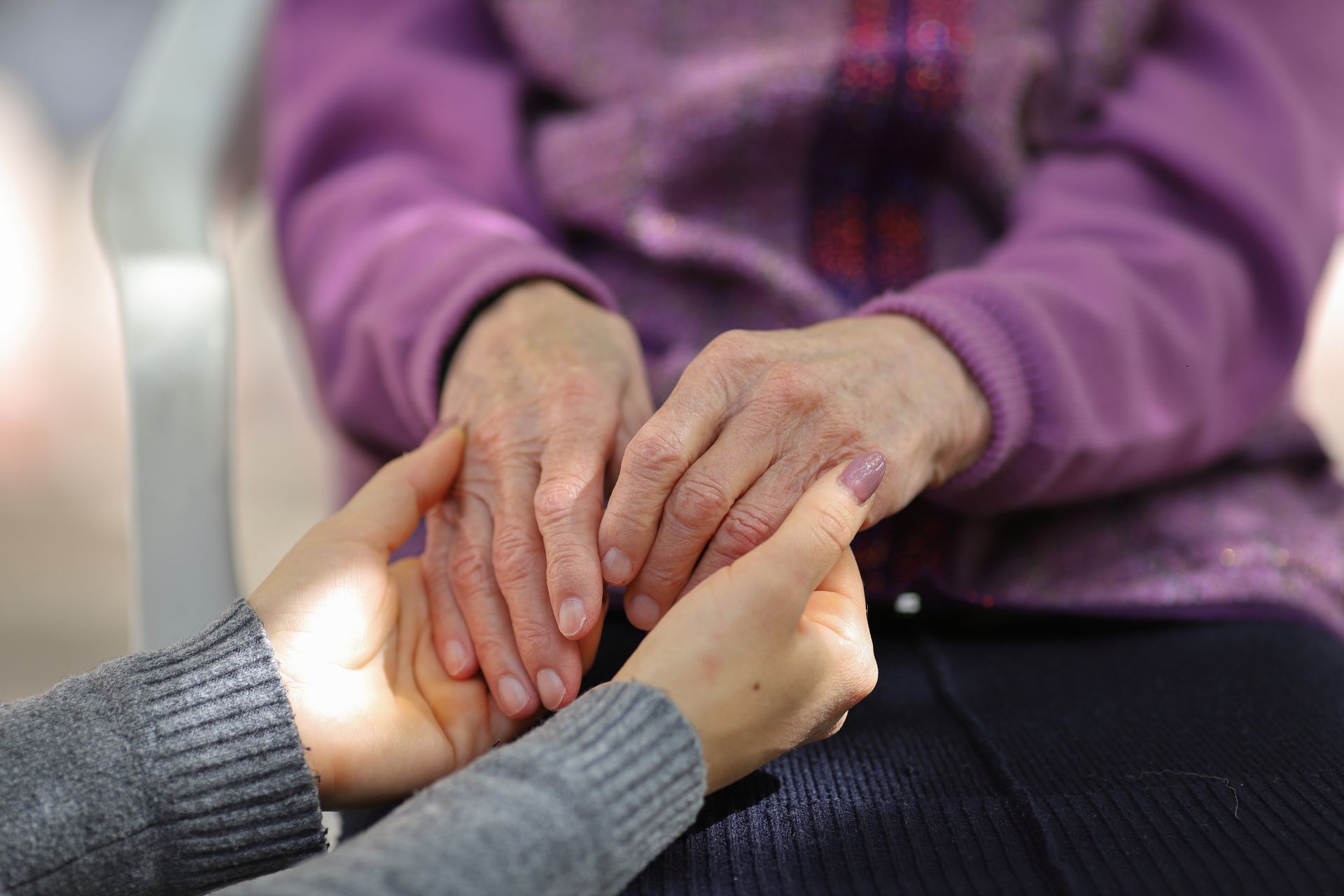
Article
Lifestyle
The Silent Struggles: A Caregiver’s Stress

Article
Lifestyle
When Should You Start Looking for At-Home Elder Care Services?

Article
Lifestyle
Beyond Medical Care: The Holistic Approach of Care Management wit...
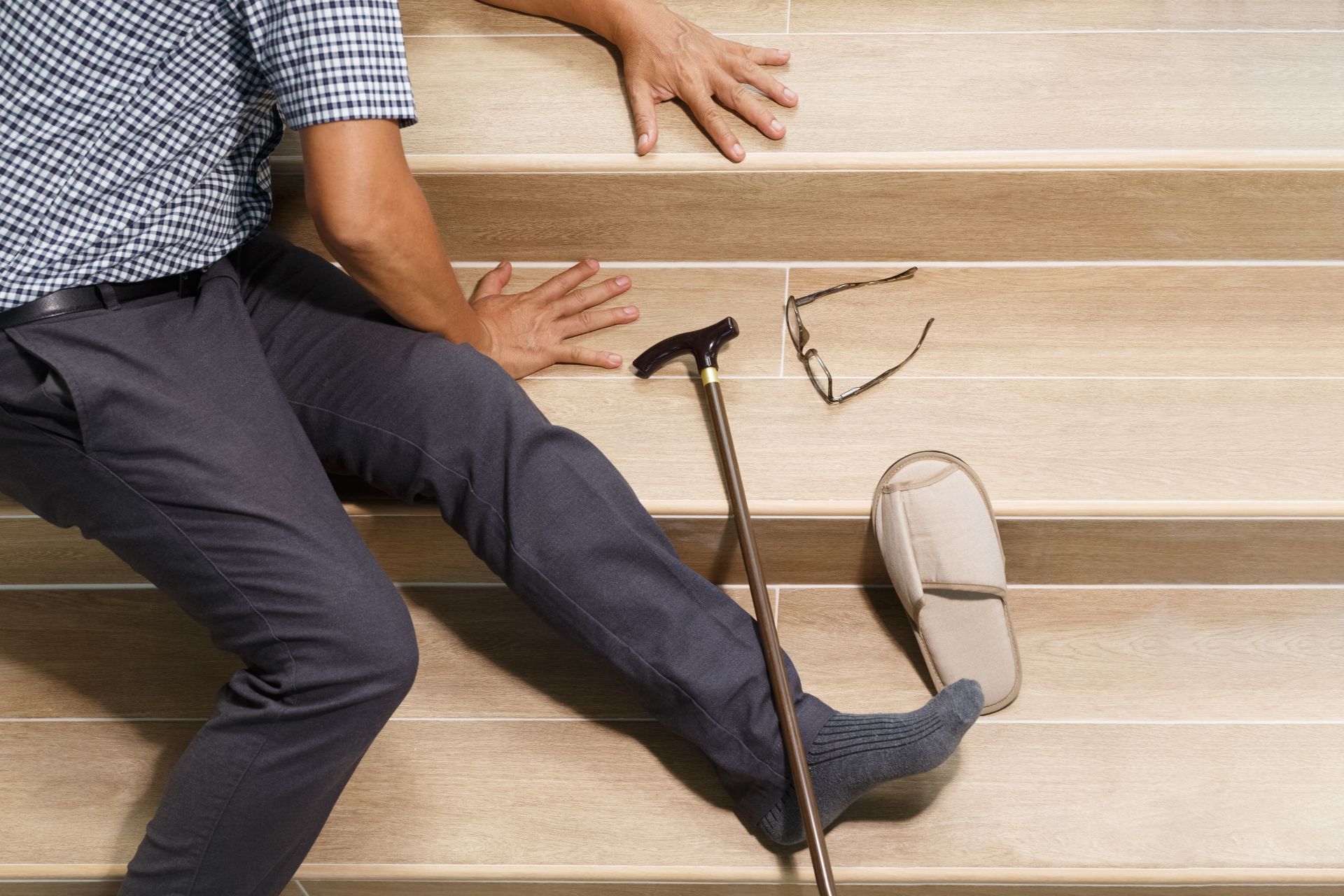
Article
Lifestyle
Don't Wait for an Emergency: Why Senior Citizens Need Emergency M...

Article
Lifestyle
How to Blossom, Not Bustle: Productivity Hacks for Seniors

Article
Lifestyle
How to Sleep Better as a Senior

Article
Lifestyle
A Fresh Start: 5 Suggestions for the New Year 2024

Article
Lifestyle
Why Being an Elder Care Manager Might Be the Best Decision for Yo...

Article
Lifestyle
More Than Just Cake: Seniors and Holidays

Article
Lifestyle
Making Your Holidays More Colourful

Article
Lifestyle
Is Retirement a Full Stop to Having Fun?

Article
Lifestyle
Relationships and Senior Citizens
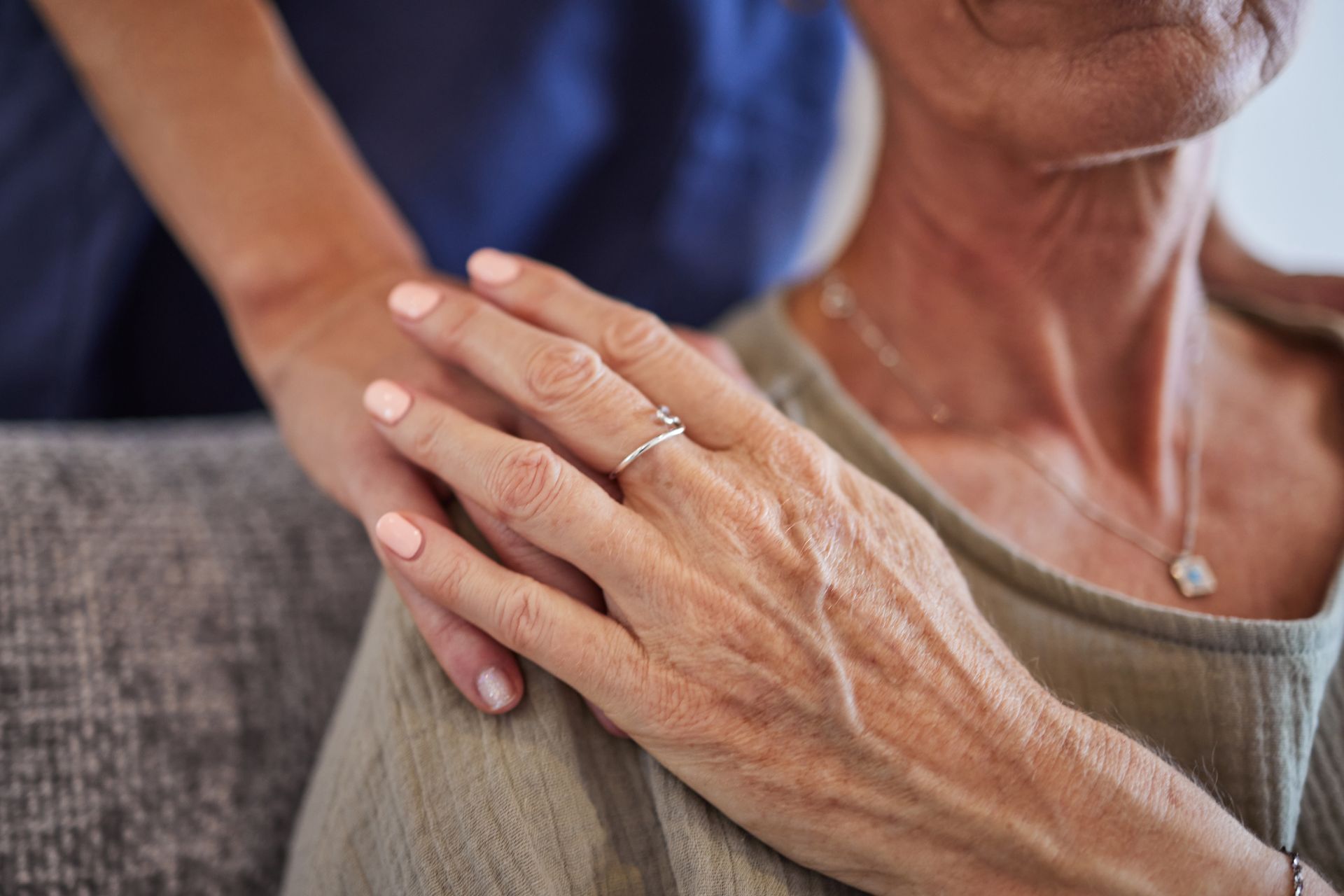
Article
Lifestyle
Building a Strong Support System for Seniors: A Guide for Familie...

Article
Lifestyle
The Future of Ageing: Beyond Longevity, Promoting Holistic Care

Article
Lifestyle
5 Destinations for Seniors to Explore in South India

Article
Lifestyle
Cultural Challenges in Elder Care Solutions in India, How it Affe...

Article
Lifestyle
Try These Awesome Drinks This Winter!!

Article
Lifestyle
Five Benefits of Home Care for Senior Citizens

Article
Lifestyle
Music and Mental Health of Seniors: How Listening and Playing Can...

Article
Lifestyle
Understanding Appetite Changes in Seniors: What You Need to Know
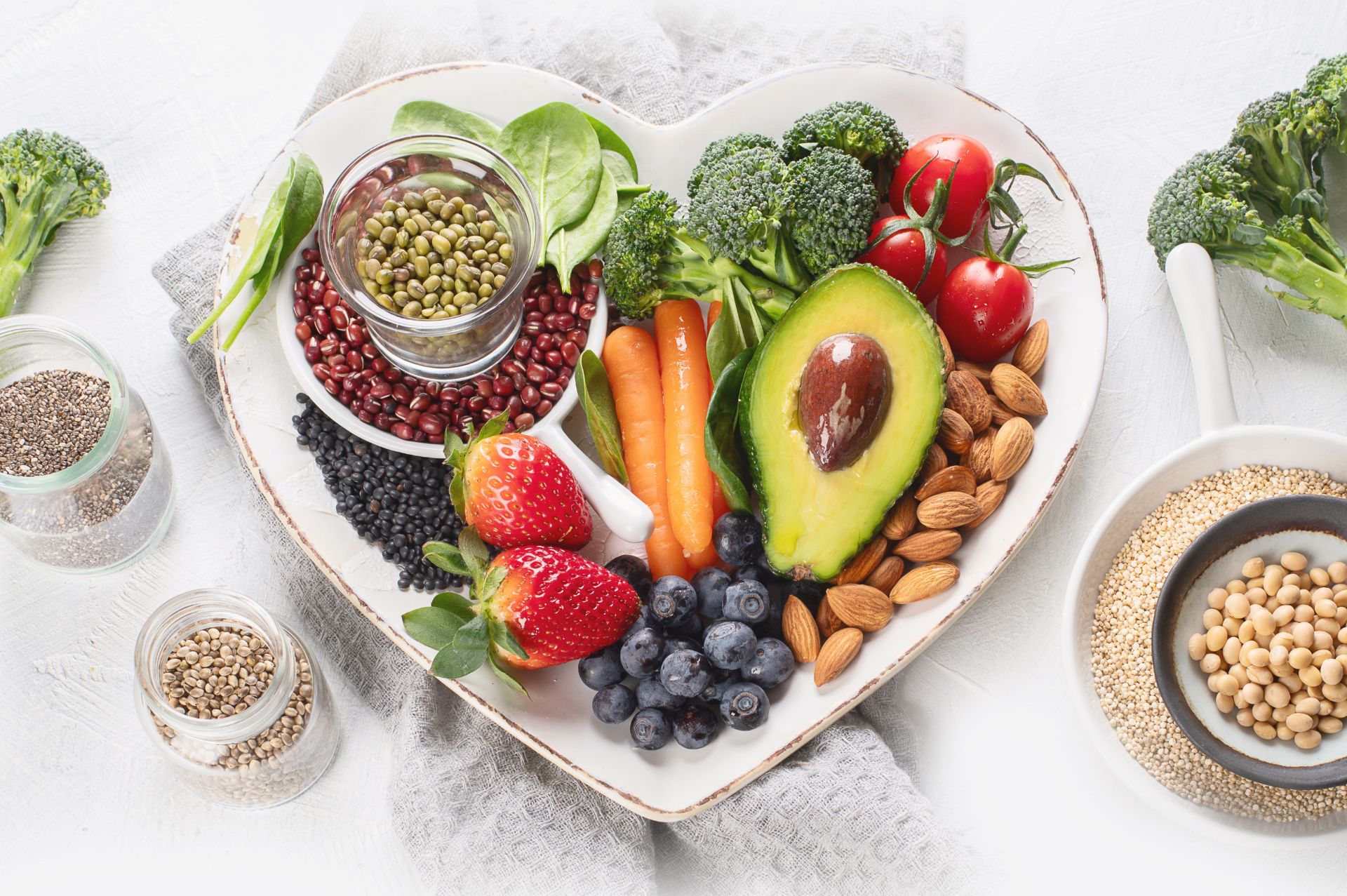
Article
Lifestyle
How to Get Enough Protein as a Vegan Senior Citizen?

Article
Lifestyle
Games and Activities for Seniors: Who Says You Can’t Have Fun Aft...
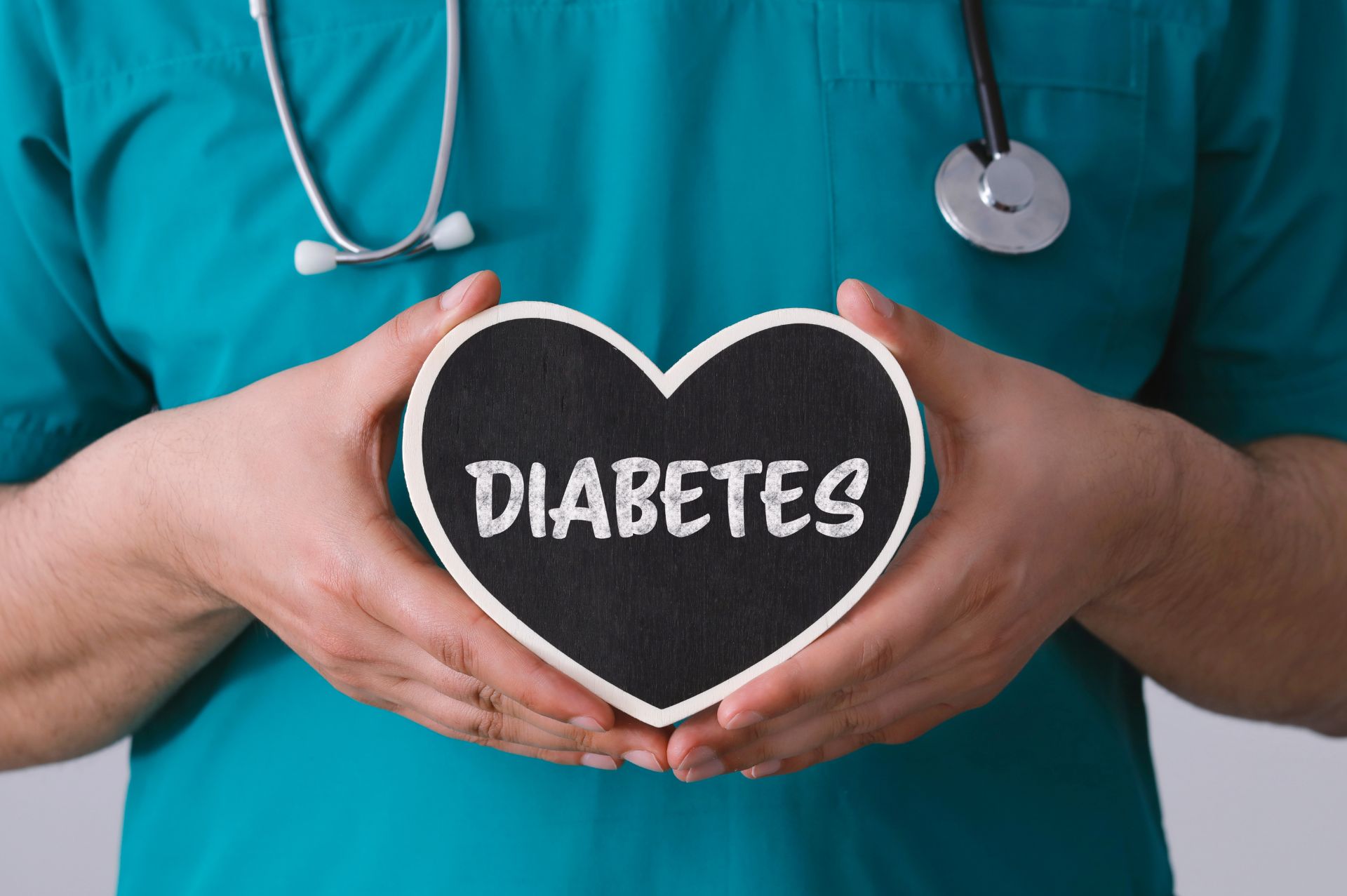
Article
Lifestyle
Caring for Diabetic Seniors: Things to Keep in Mind
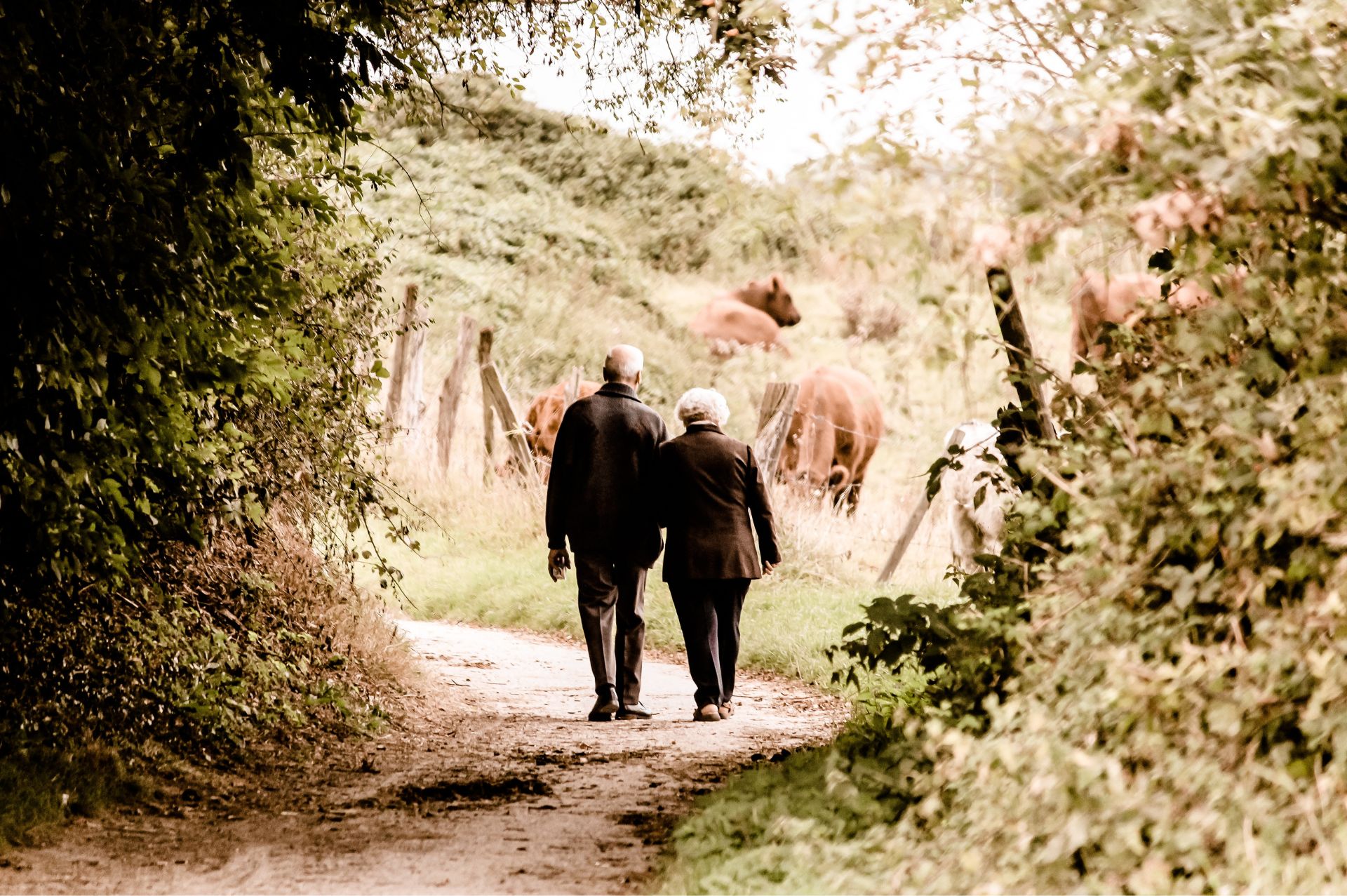
Article
Lifestyle
How to Plan Short and Long Journeys After 60

Article
Lifestyle
5 Common Financial Worries of Seniors and How to Overcome Them

Article
Lifestyle
Elder Care in India: Challenges and Solutions
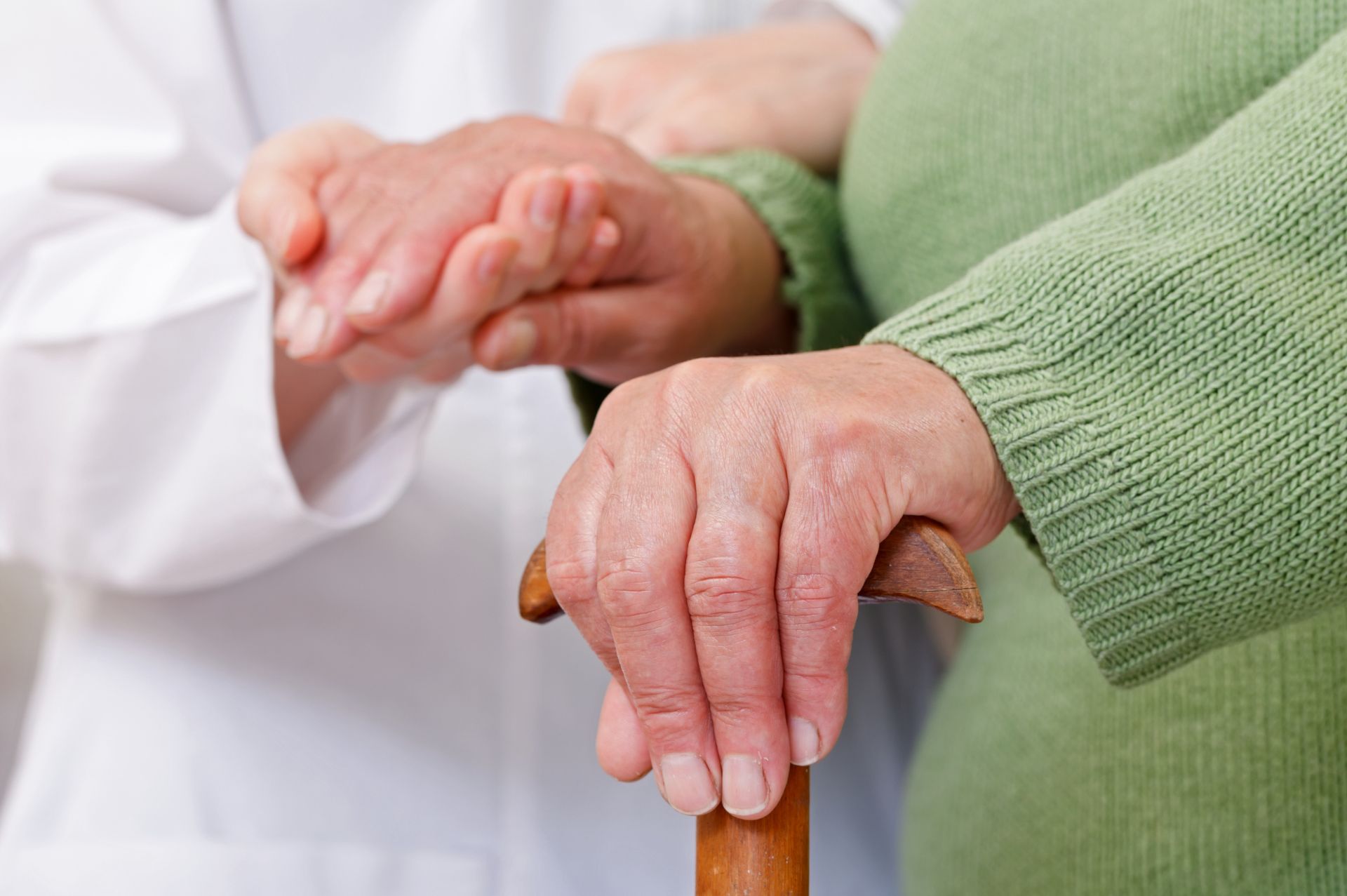
Article
Lifestyle
Ensuring Home Safety for Seniors

Article
Lifestyle
How to overcome loneliness in seniors?
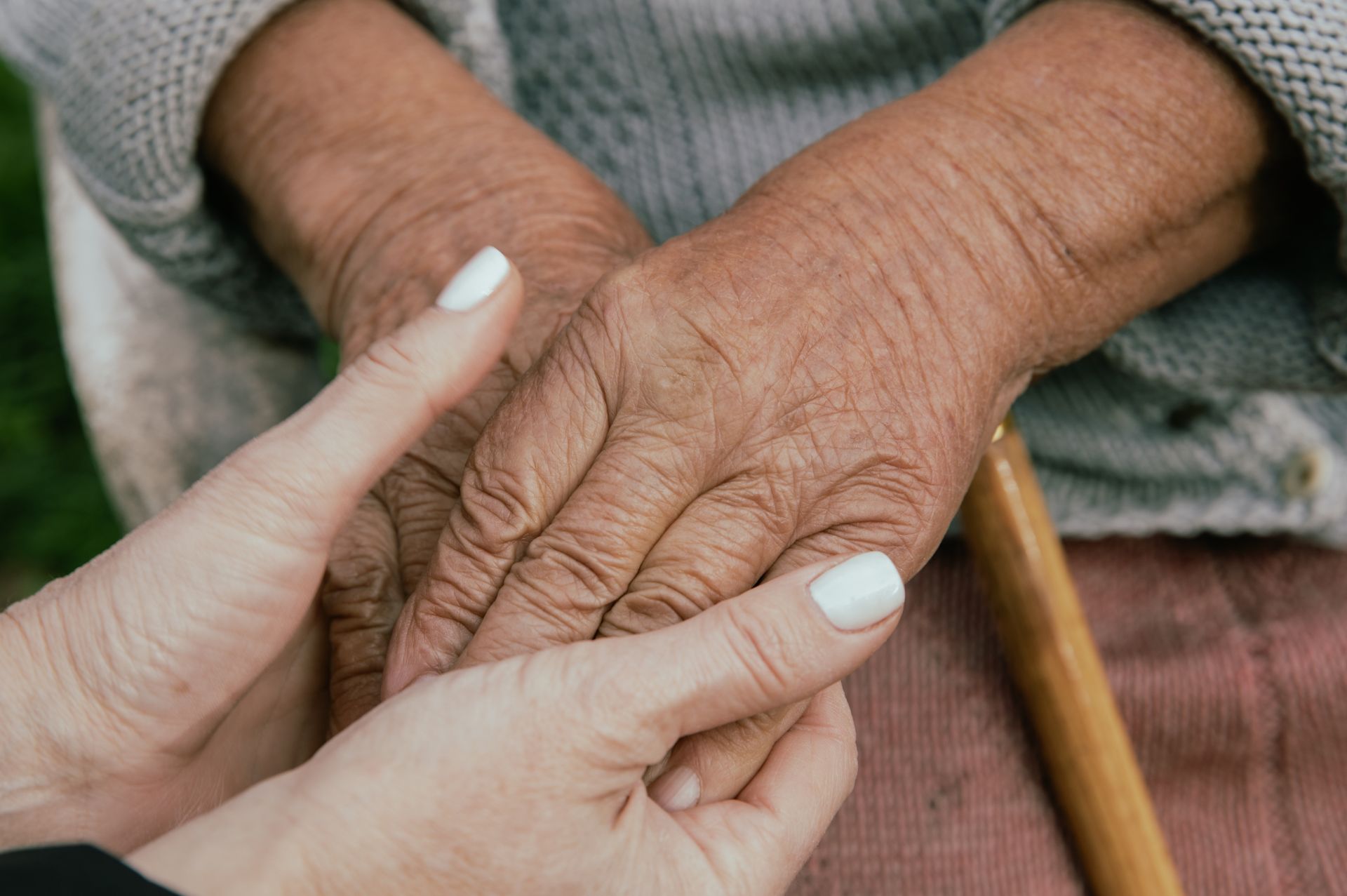
Article
Lifestyle
The Role of a Caregiver in Palliative Care

Article
Lifestyle
How to Overcome Being Overweight in Seniors?

Article
Lifestyle
Nine Tips to Reduce the Risk of Depression in Seniors

Article
Lifestyle
Cyber Security Tips for Seniors: Protecting Your Digital World

Article
Lifestyle
Life After Retirement: Embracing New Beginnings

Article
Lifestyle
Old Age Home vs. Elder Care at Home: Making the Right Choice

Blog
Lifestyle
At-Home Elder Care Services in Hyderabad

Article
Lifestyle
Elder Care in Bangalore: A Guide

Article
Lifestyle
5 Fun Activities to Do with Your Grandchild
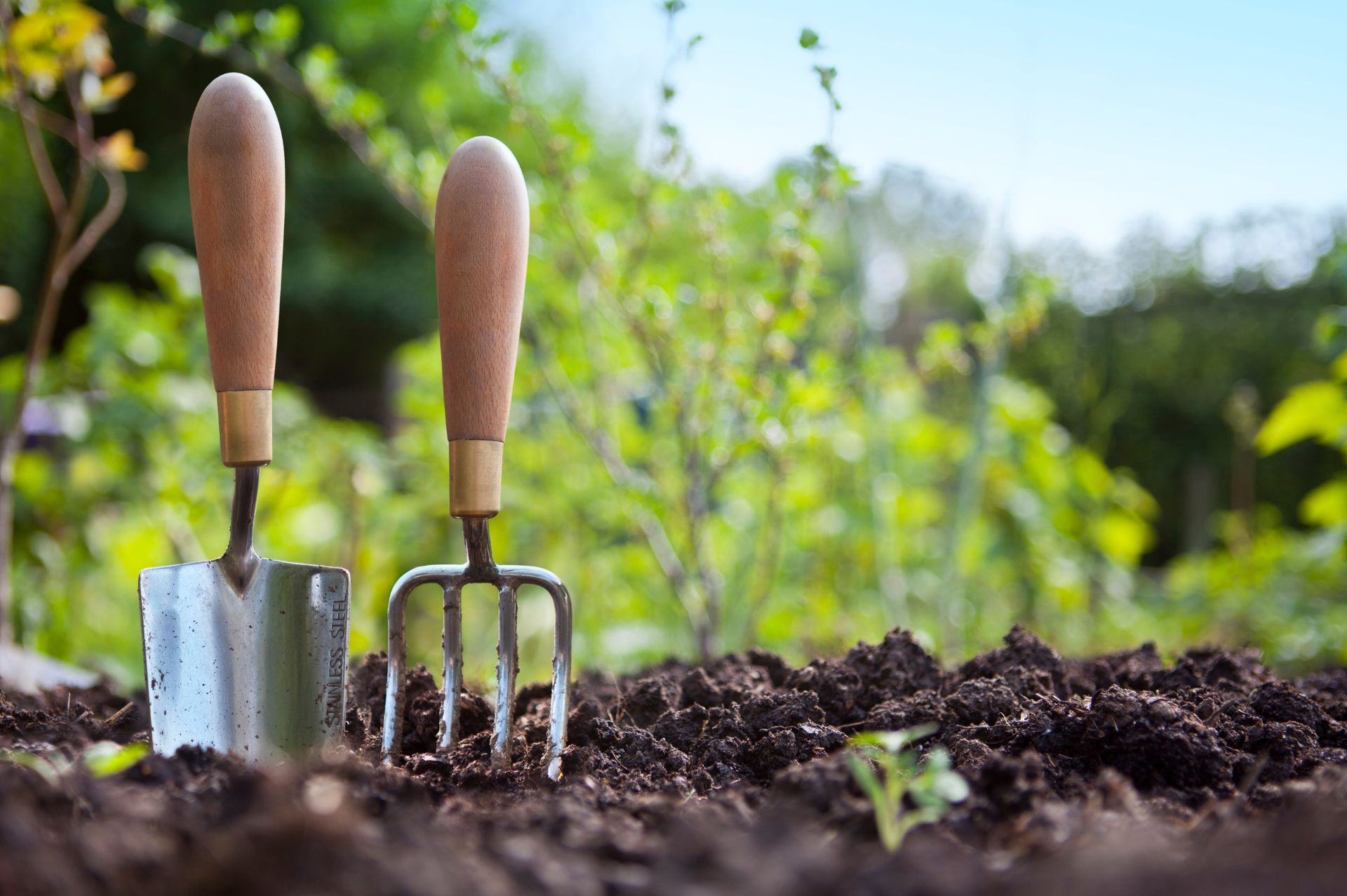
Article
Lifestyle
Hobbies for Seniors to Keep Active and Engaged

Article
Lifestyle
Bridging Generations: 10 Tech Tips for Seniors

Article
Lifestyle
Technical Assistance for Senior Citizens: Bridging the Digital Di...

Article
Lifestyle
Travel Tips for Seniors: Explore the World with Confidence

Article
Lifestyle
5 Ways to Promote Social Engagement in Senior Citizens

Article
Lifestyle
Emotional And Mental Wellness

Article
- 0-10
- min
Lifestyle
Meditation for Elders

Guide
- 0-45
- min
Lifestyle
Introduction to Smartphones
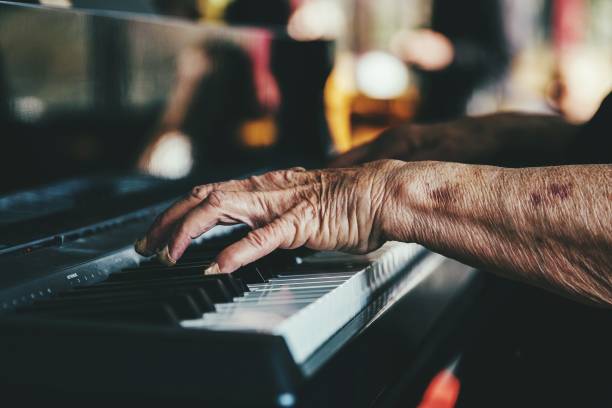
Article
- 0-15
- min
Lifestyle
Music Therapy for Elders

Article
- 0-10
- min
Lifestyle
Your smartphone can be your universal remote control

Article
- 0-15
- min
Lifestyle
6 Tips to help you organize your apps

Article
- 0-15
- min
Lifestyle
5 Delicious reasons to use Recipe apps & website

Article
- 0-15
- min
Lifestyle
20 Warning Signs an Elderly Driver Is No Longer Safe Behind the W...

Article
- 0-15
- min
Lifestyle
Participating in Activities You Enjoy

Article
- 0-15
- min
Lifestyle
Gardening for Older People
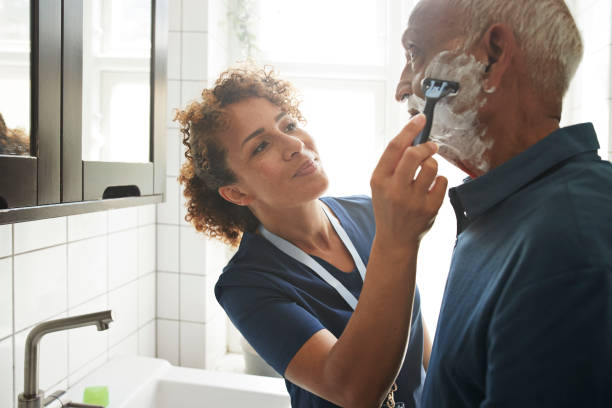
Article
- 0-15
- min
Lifestyle
What You Need to Know About Assisted Living

Article
- 0-5
- min
Lifestyle
Arthritis friendly home

Article
- 0-5
- min
Lifestyle
No Longer A Young Man’s Game



